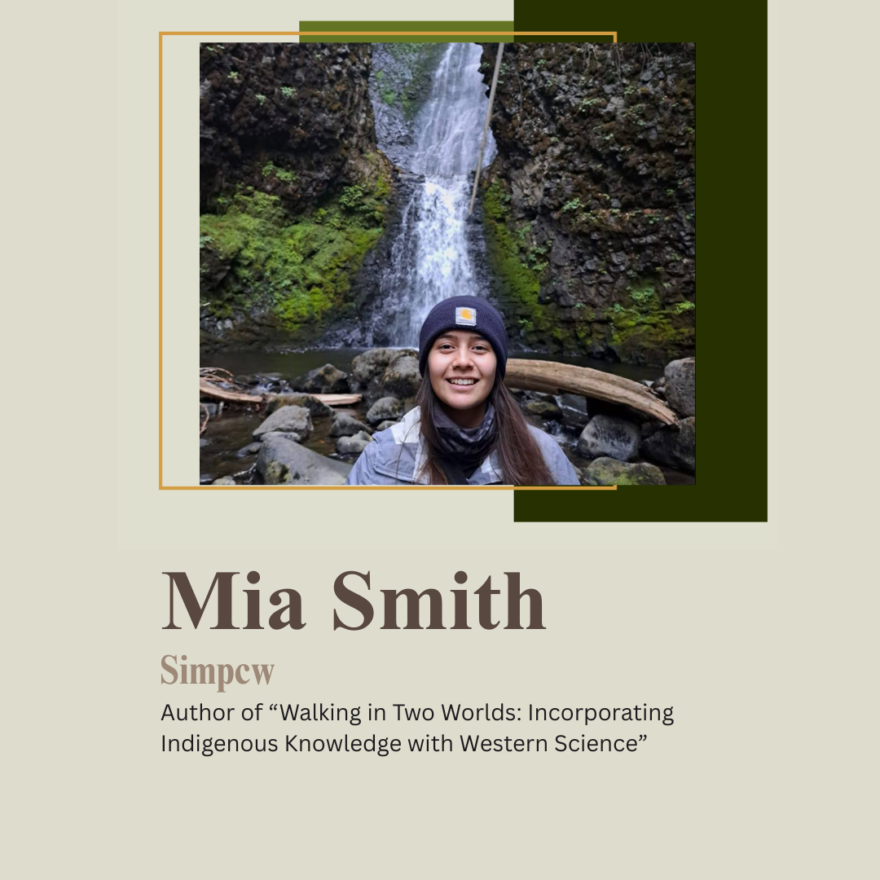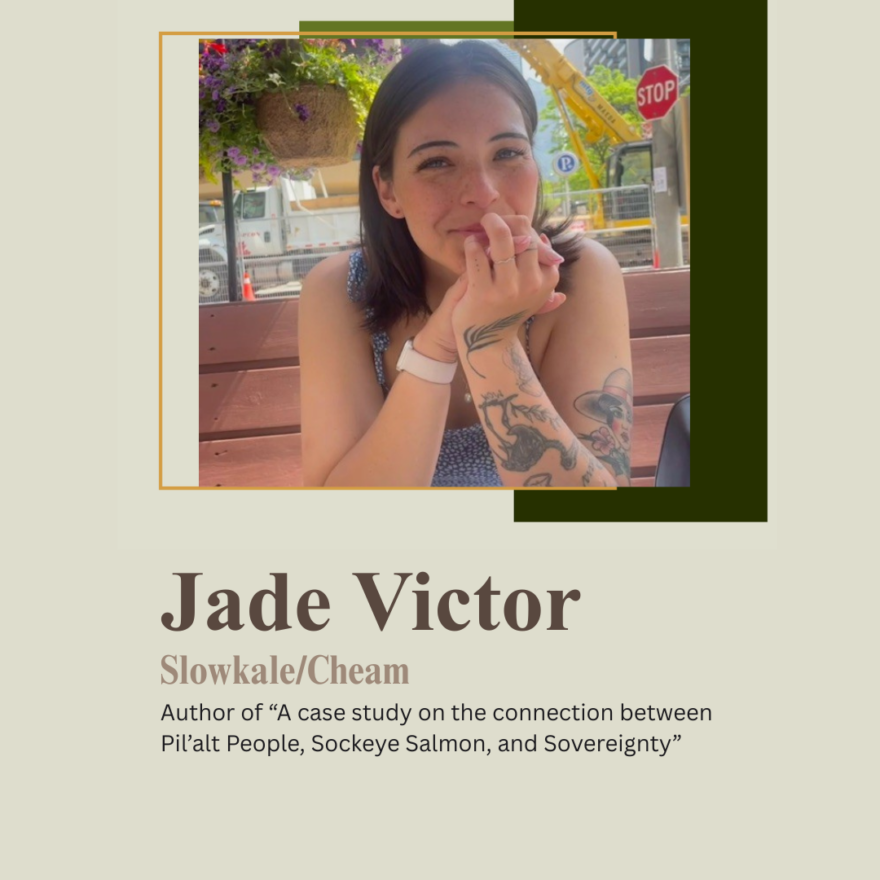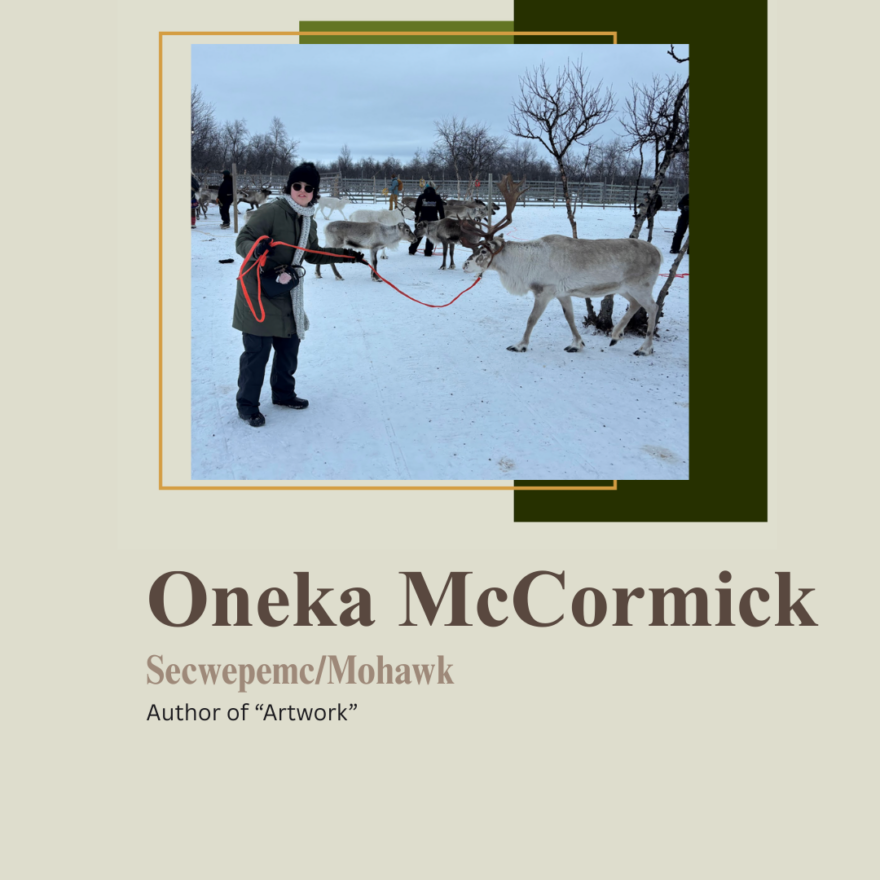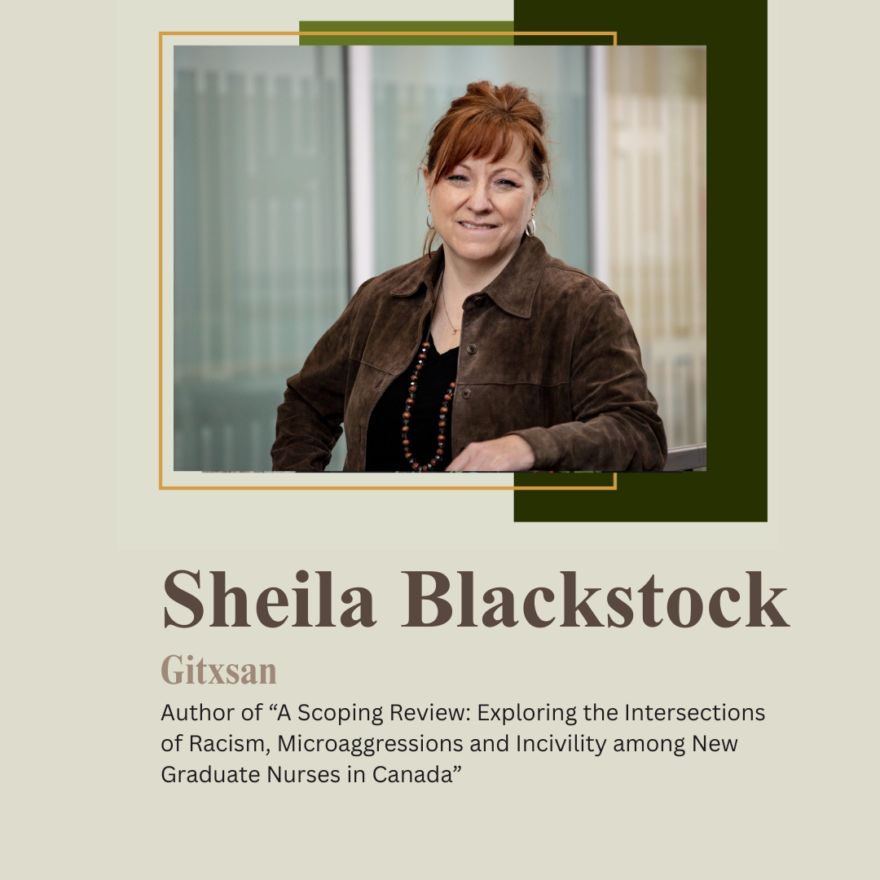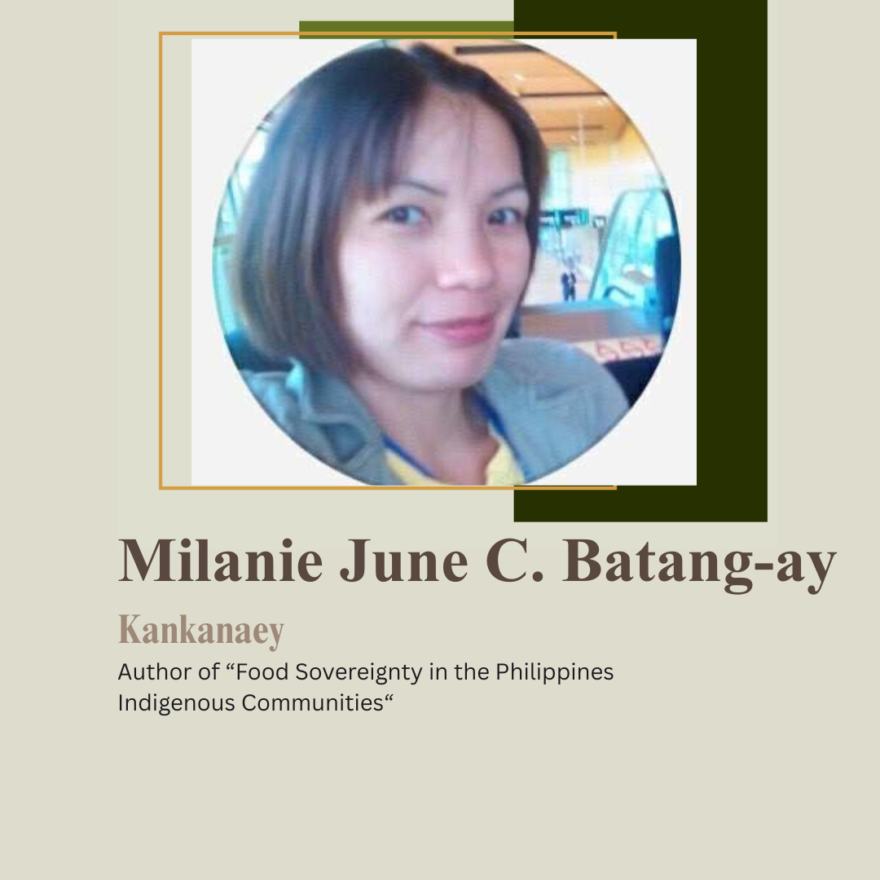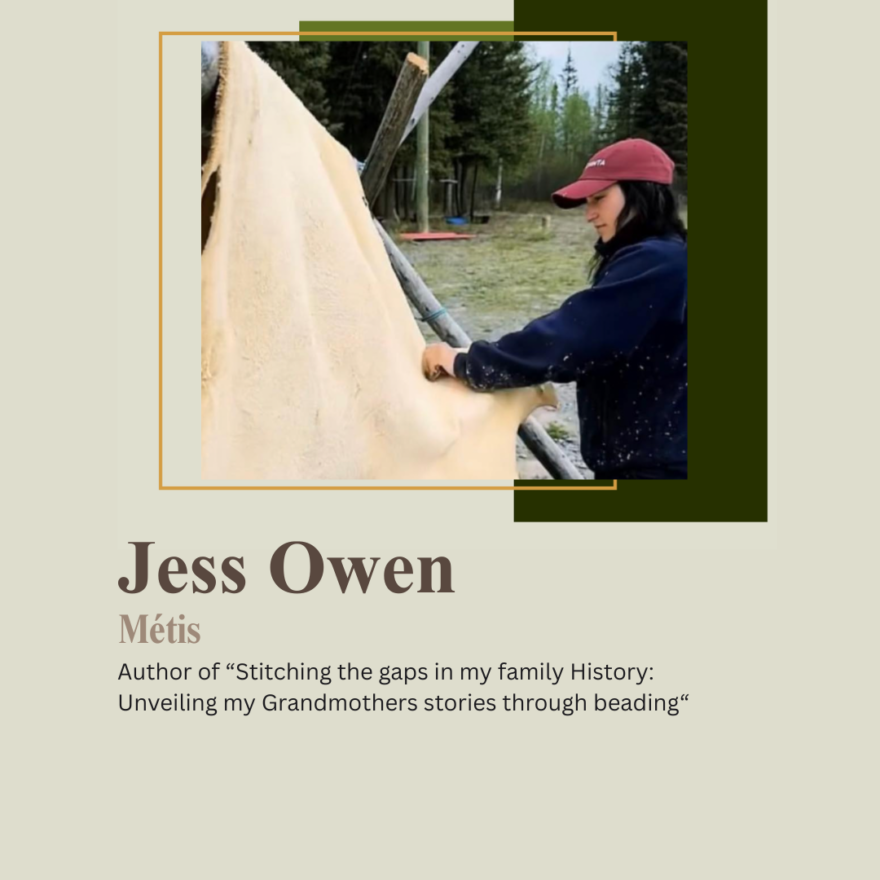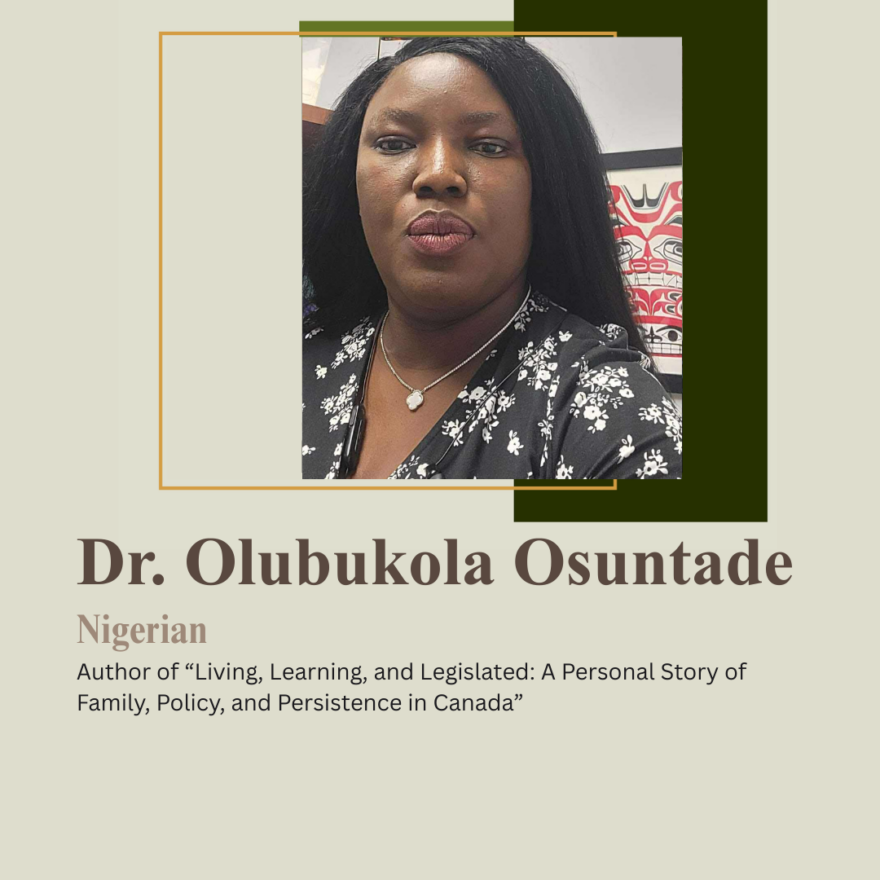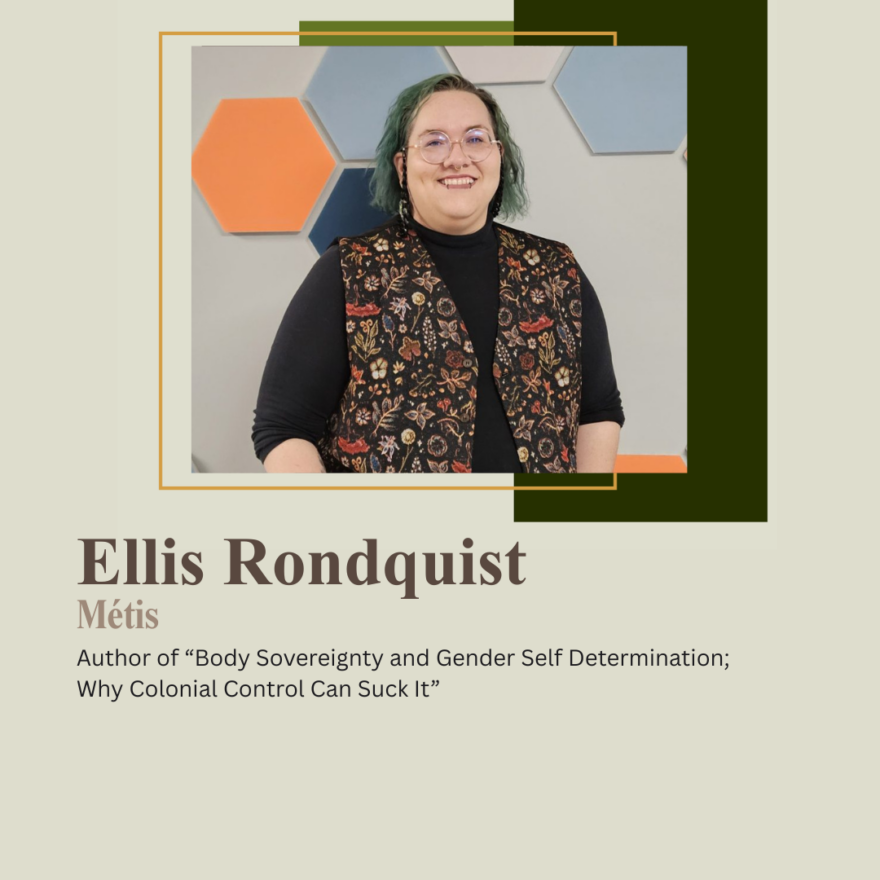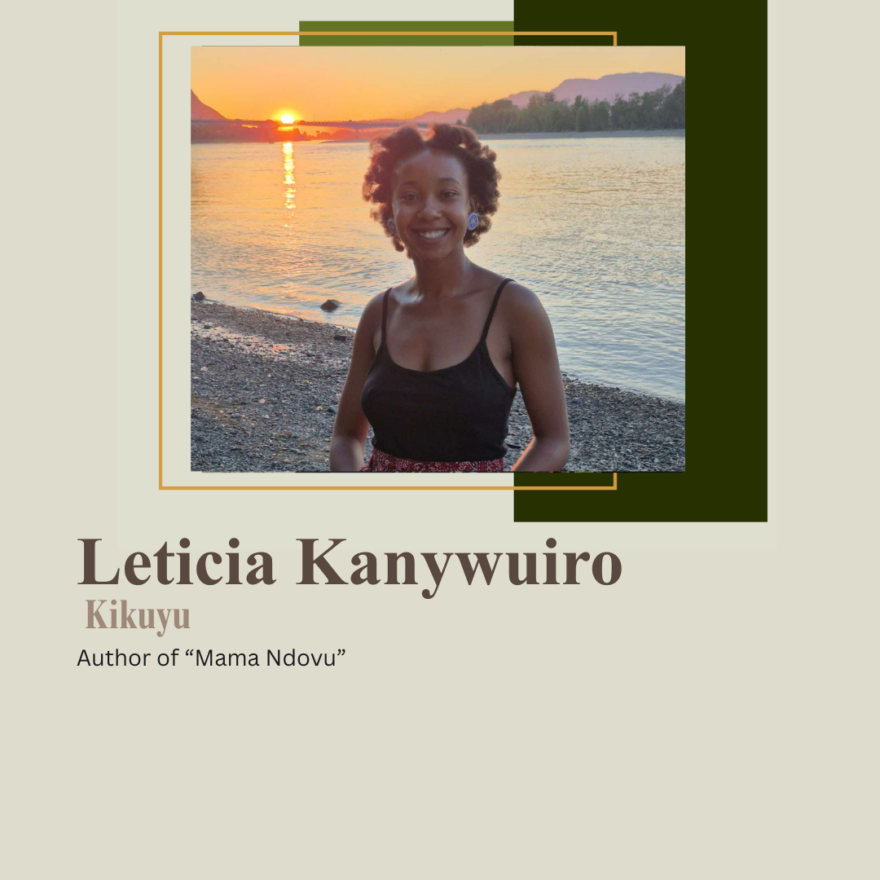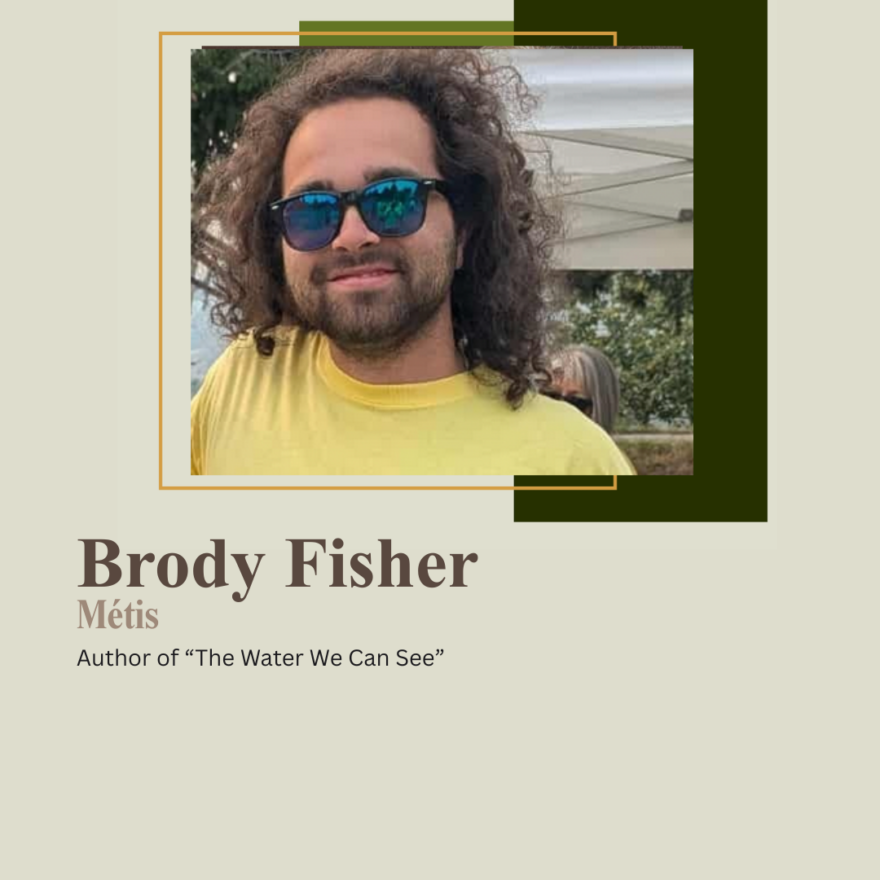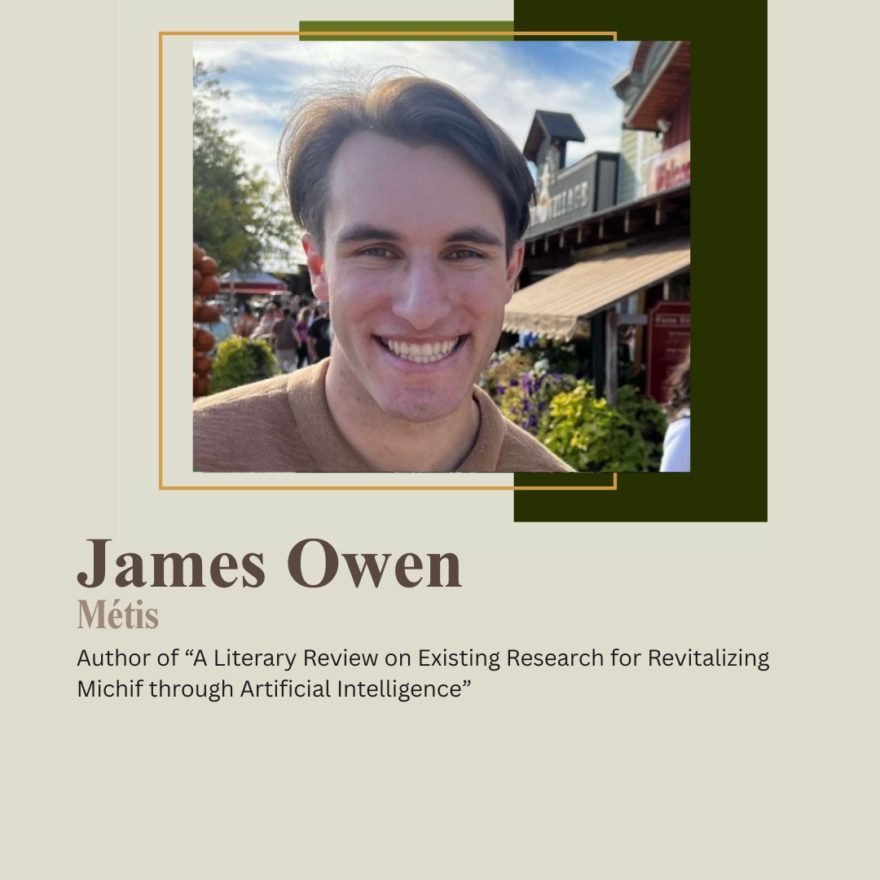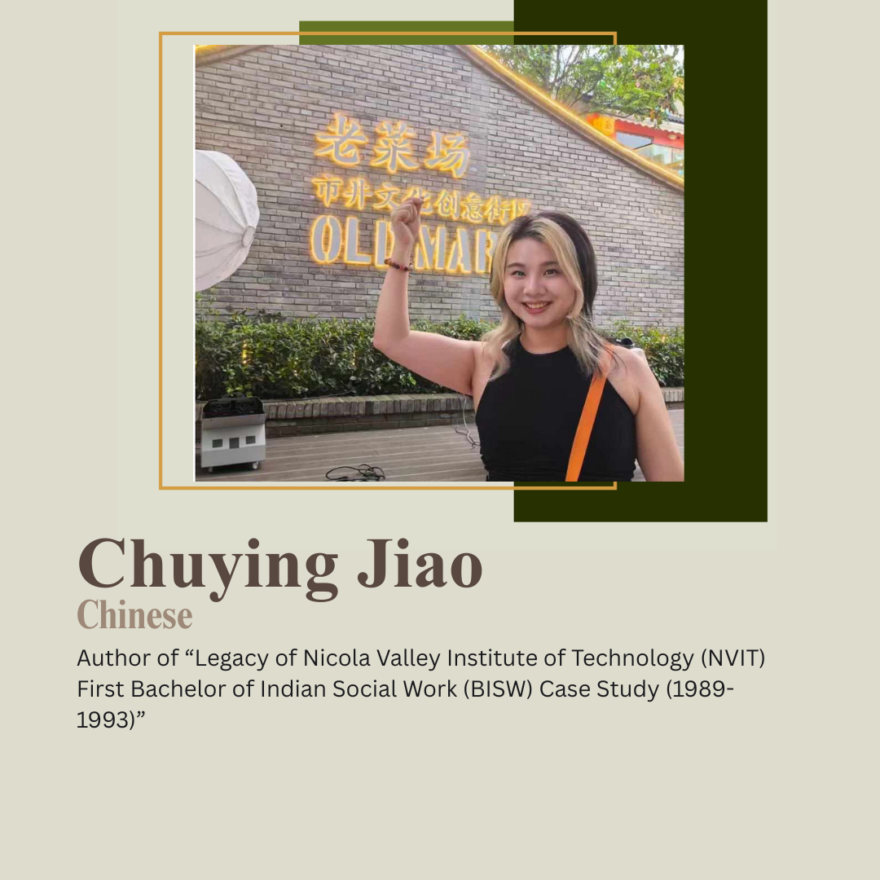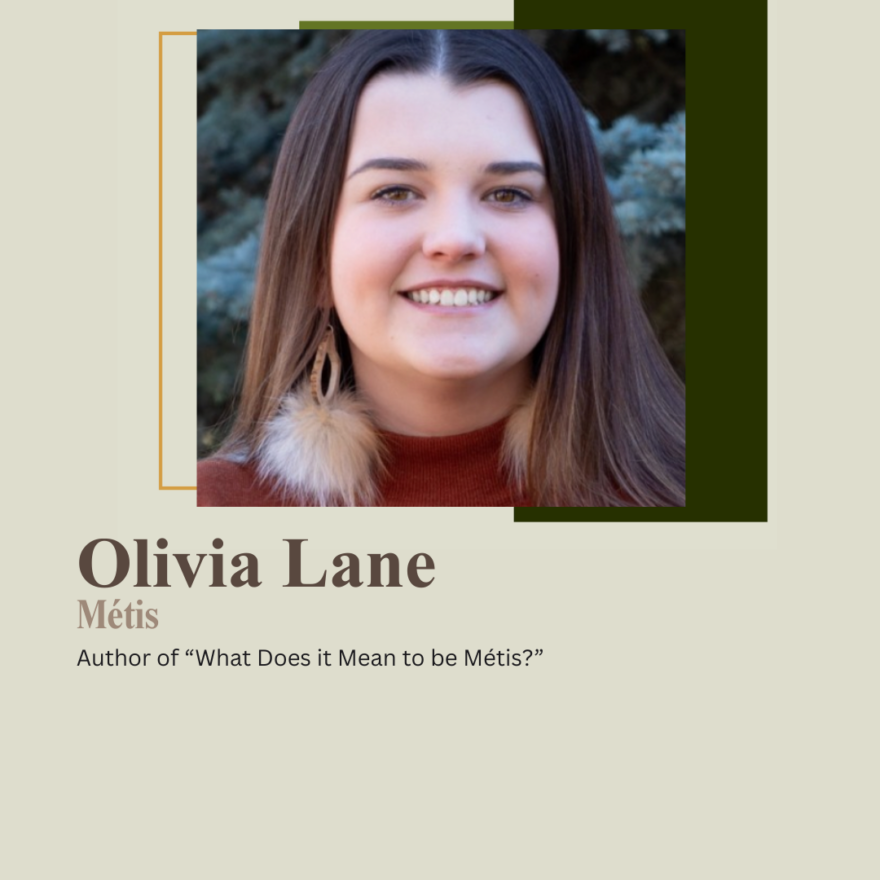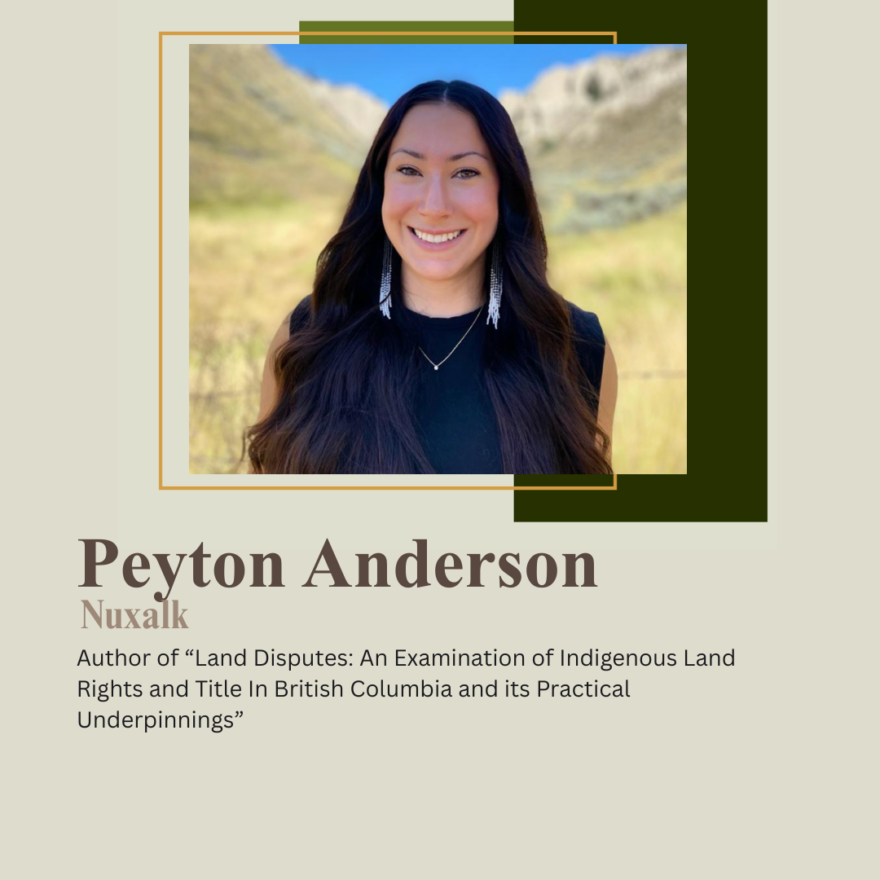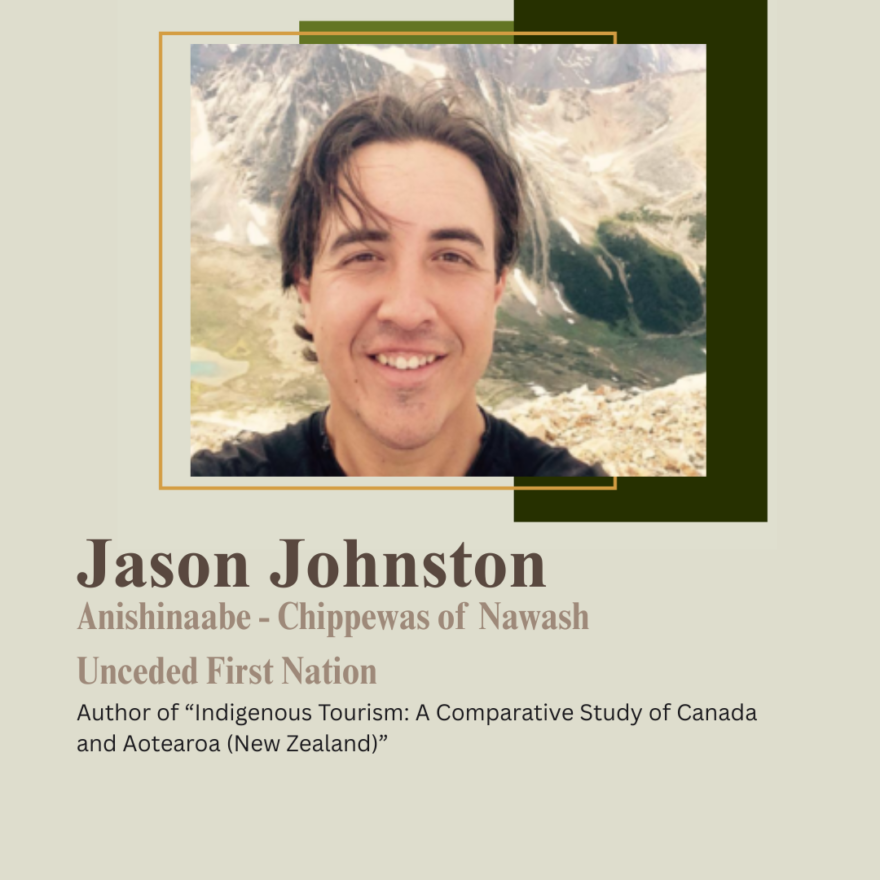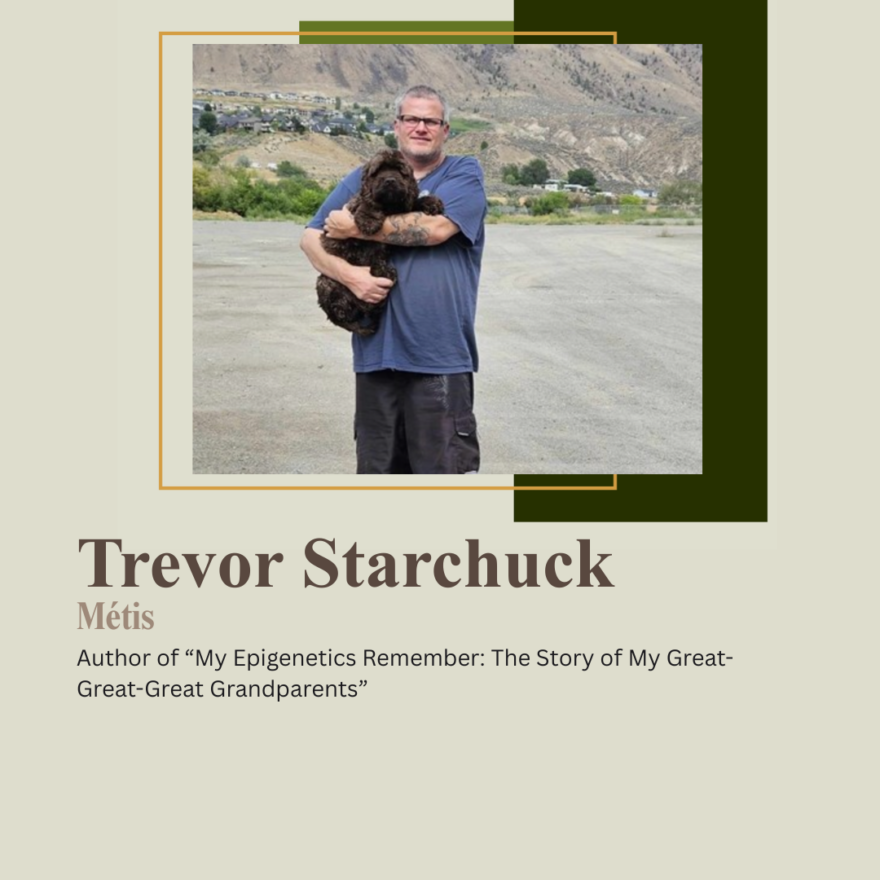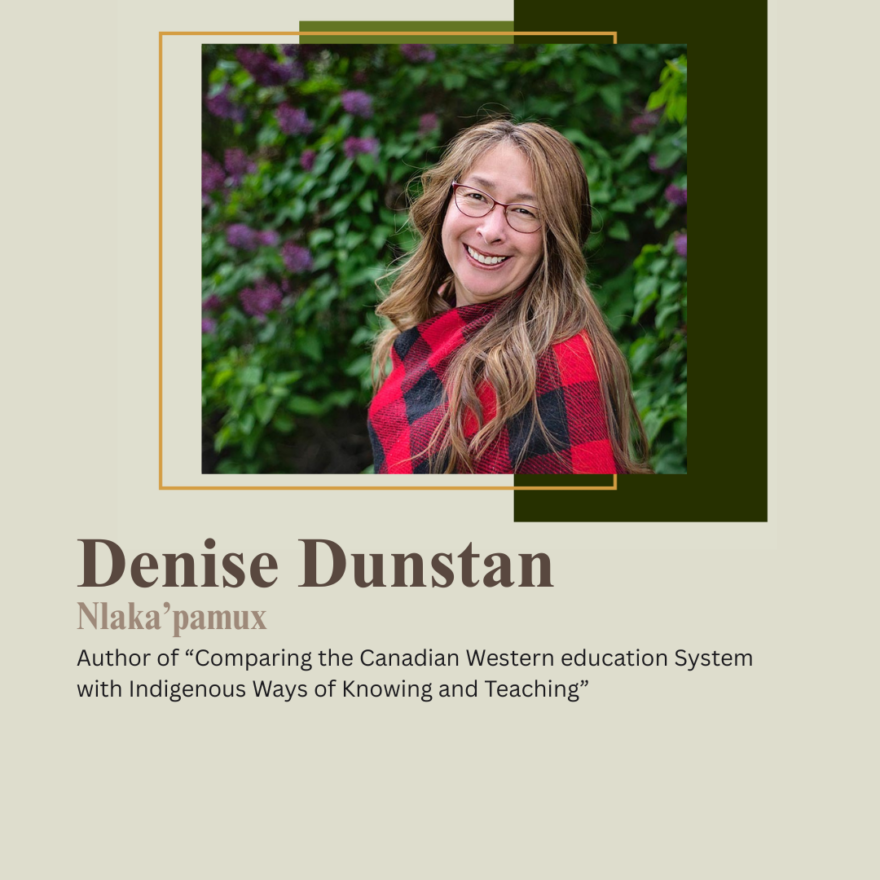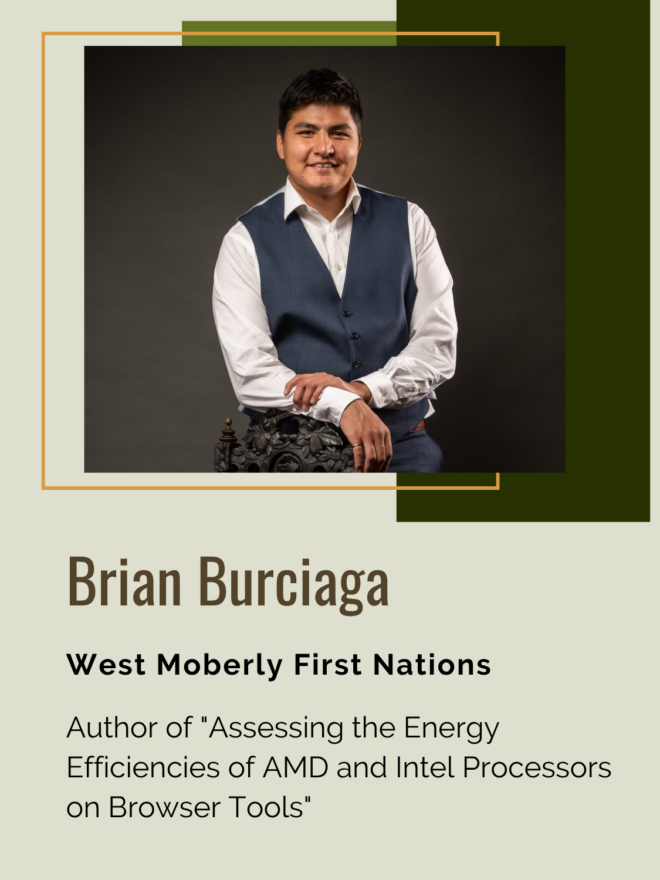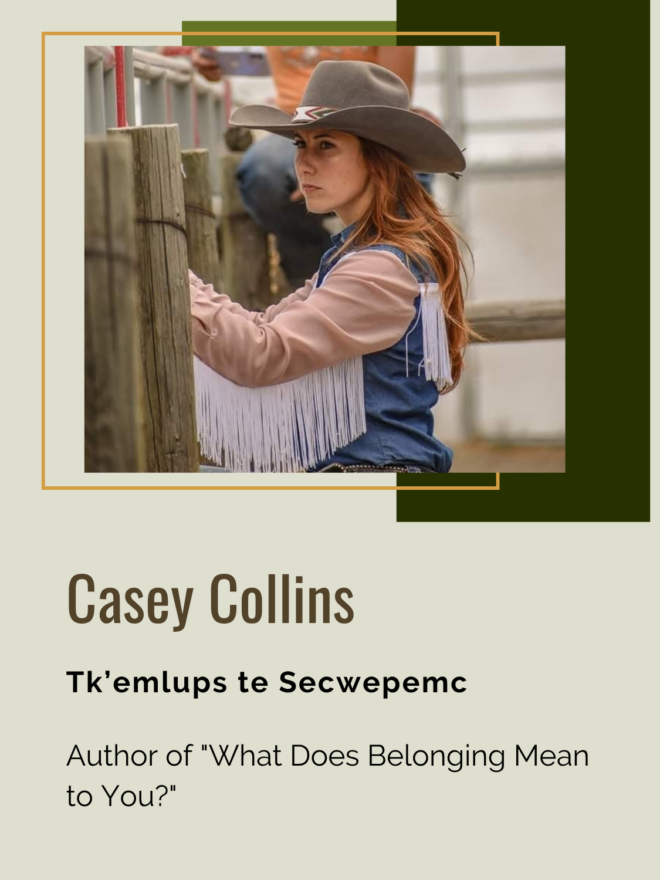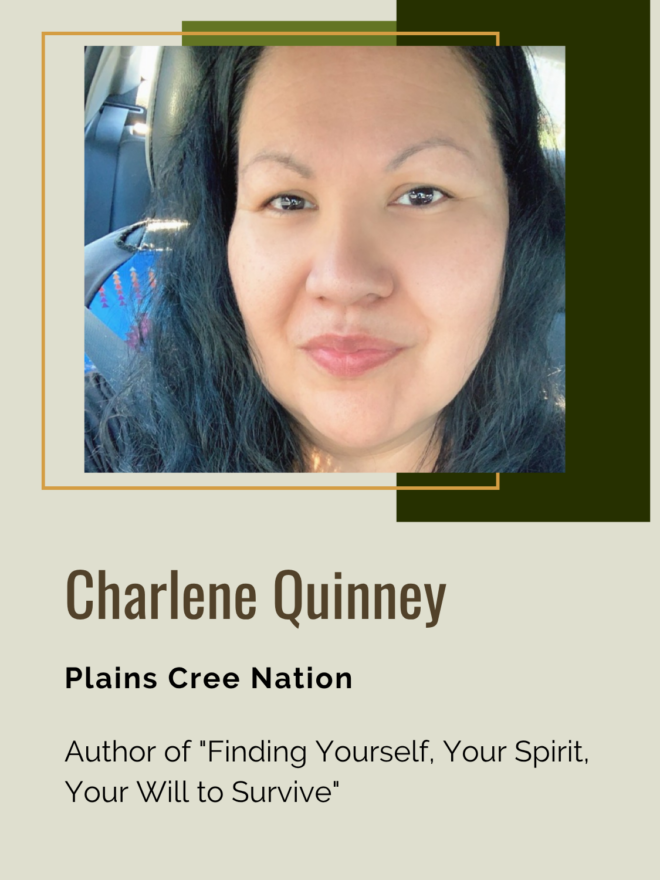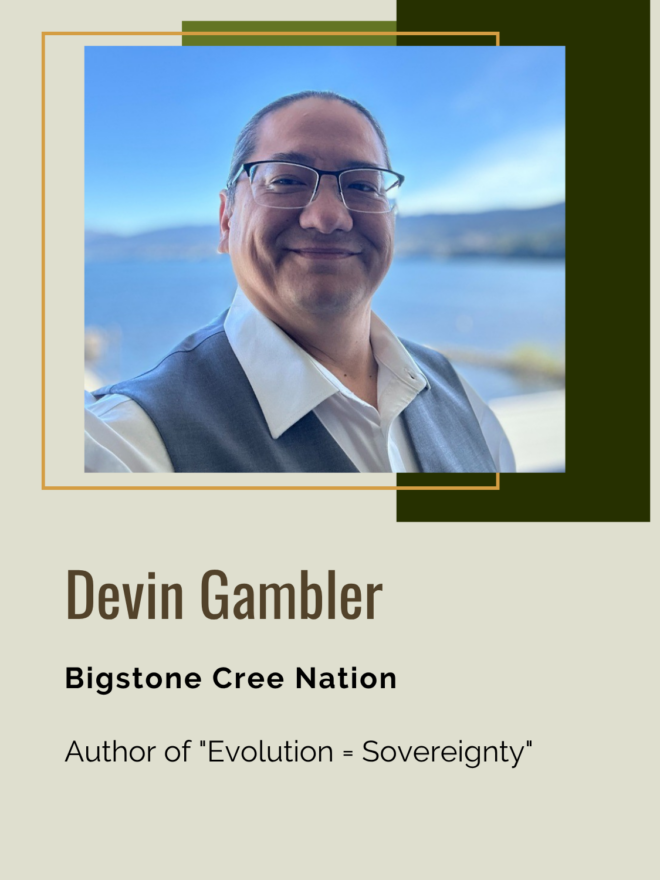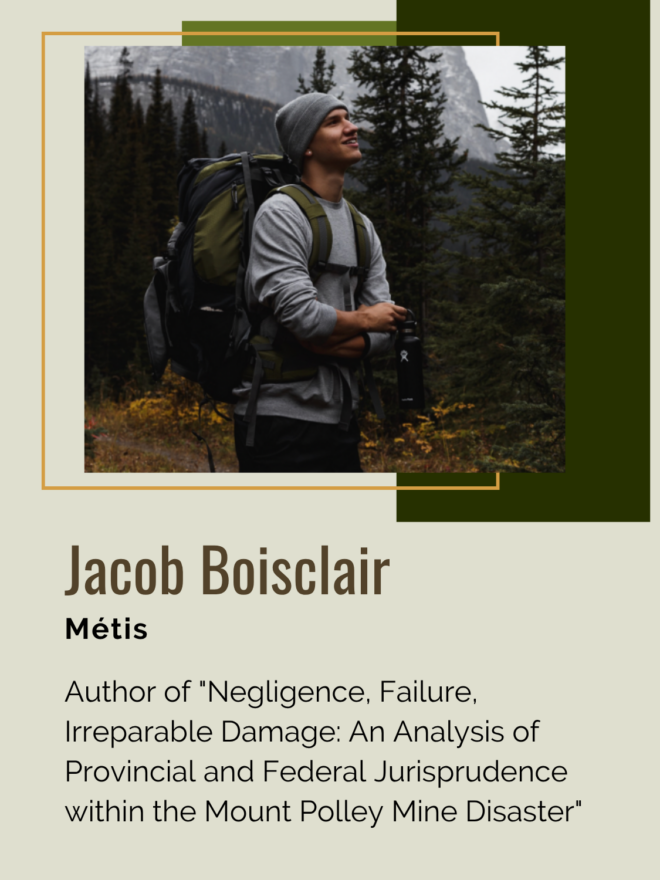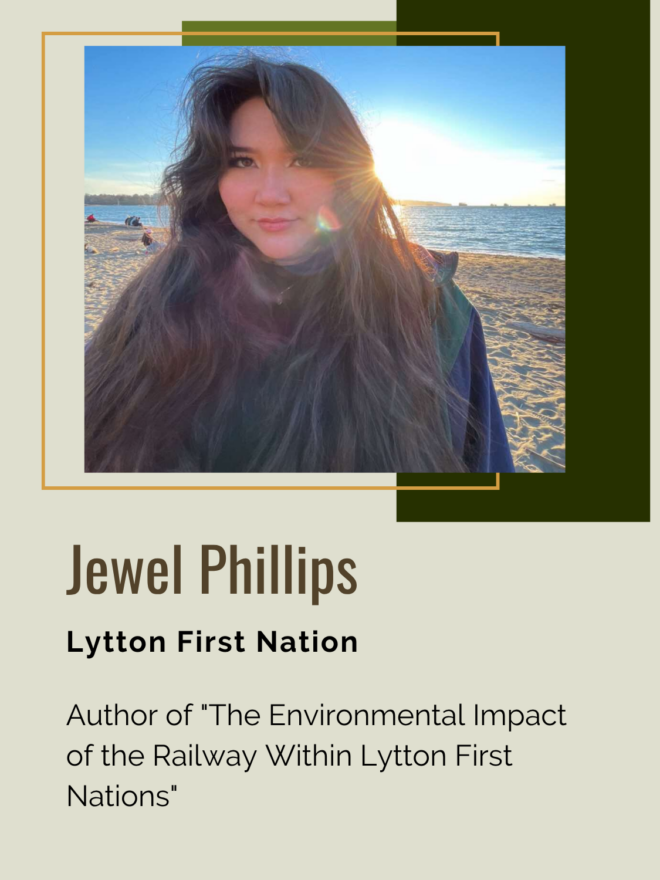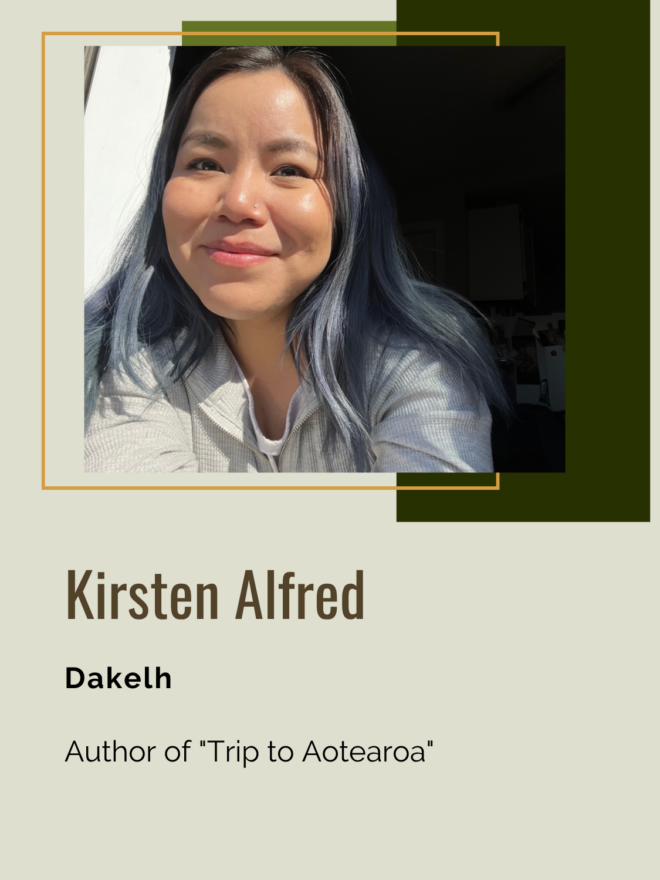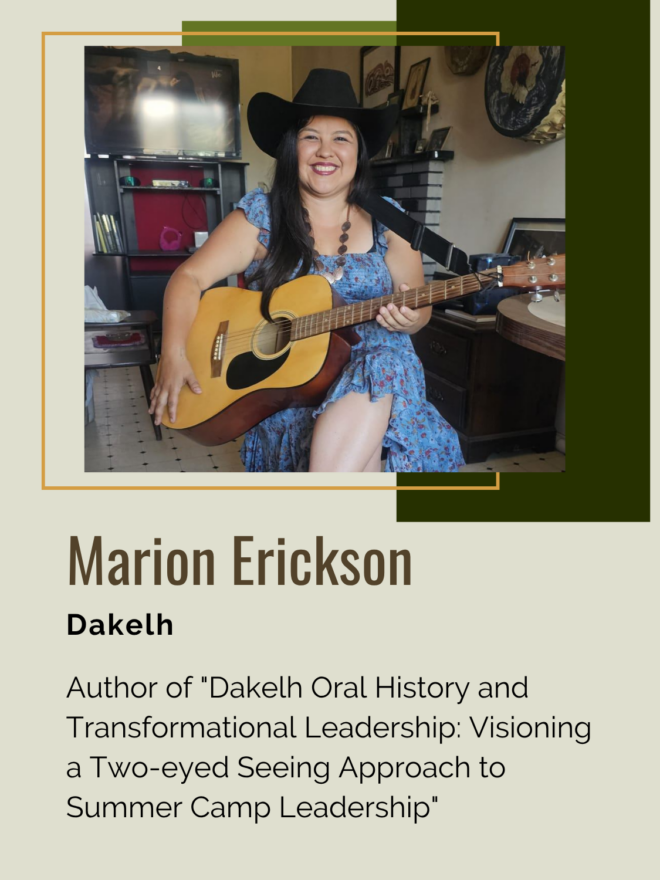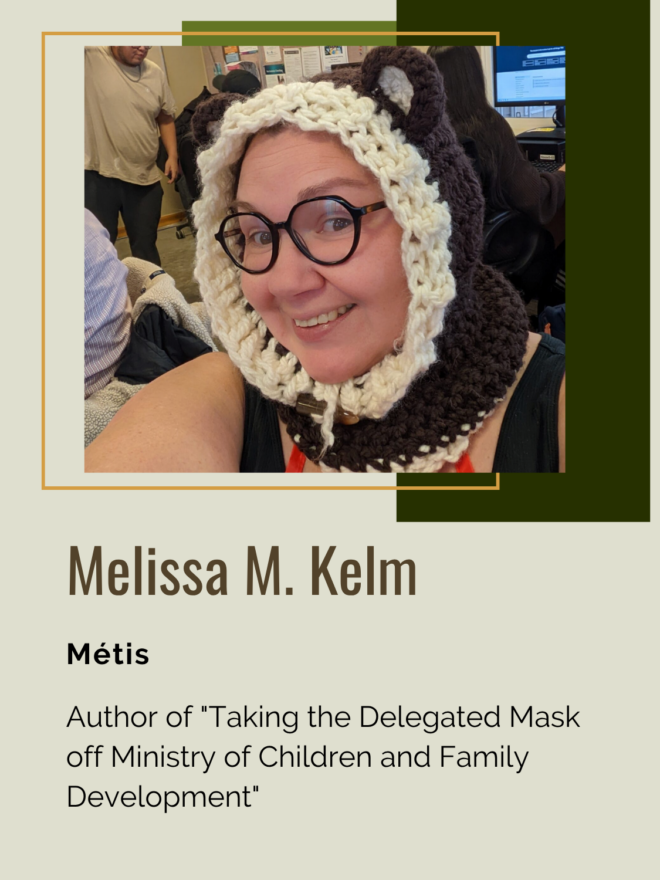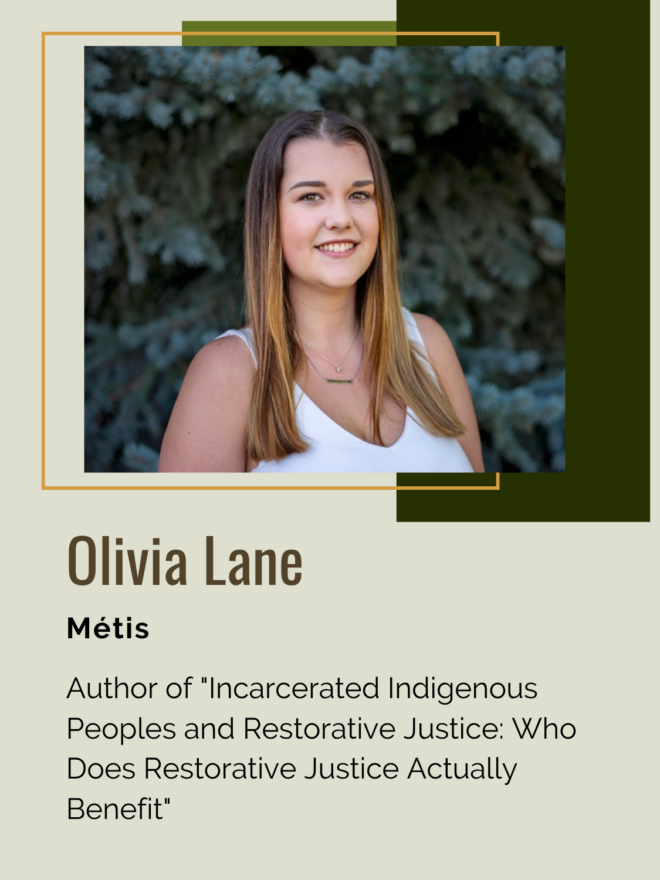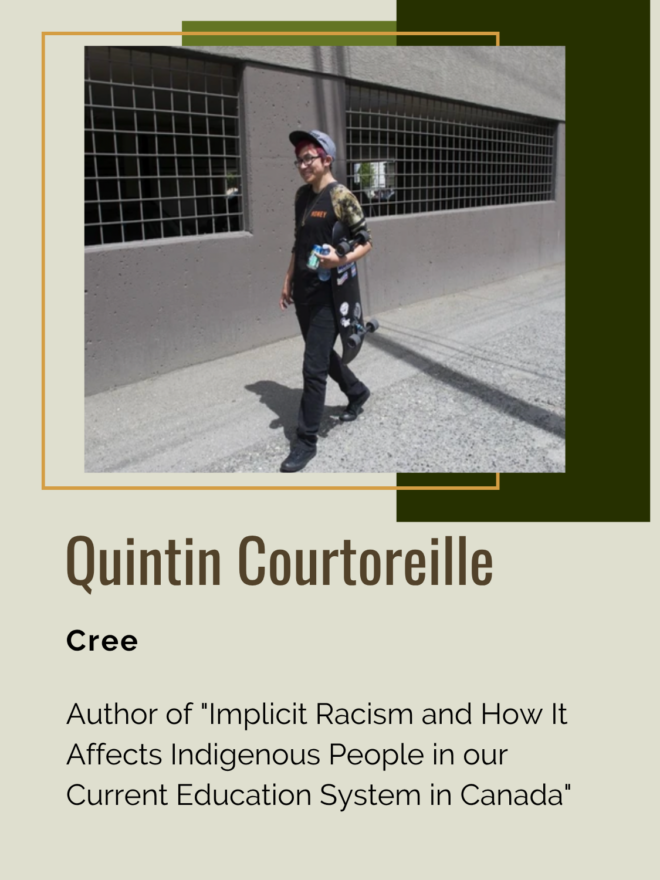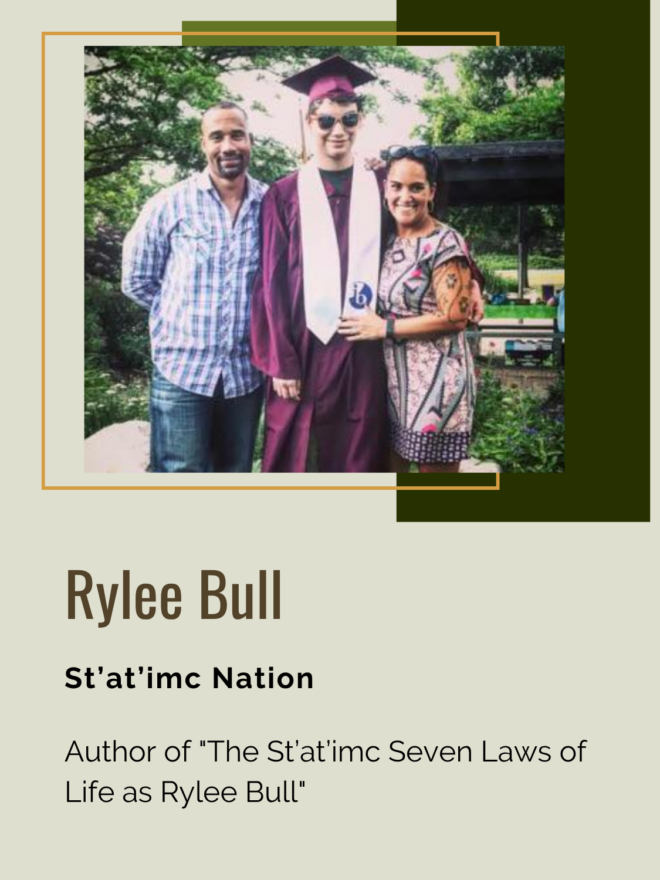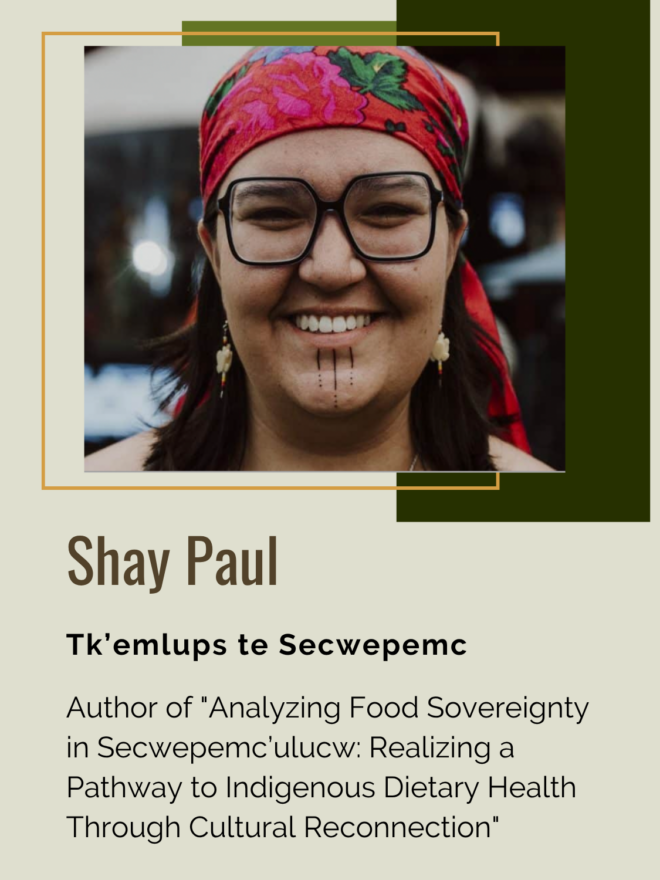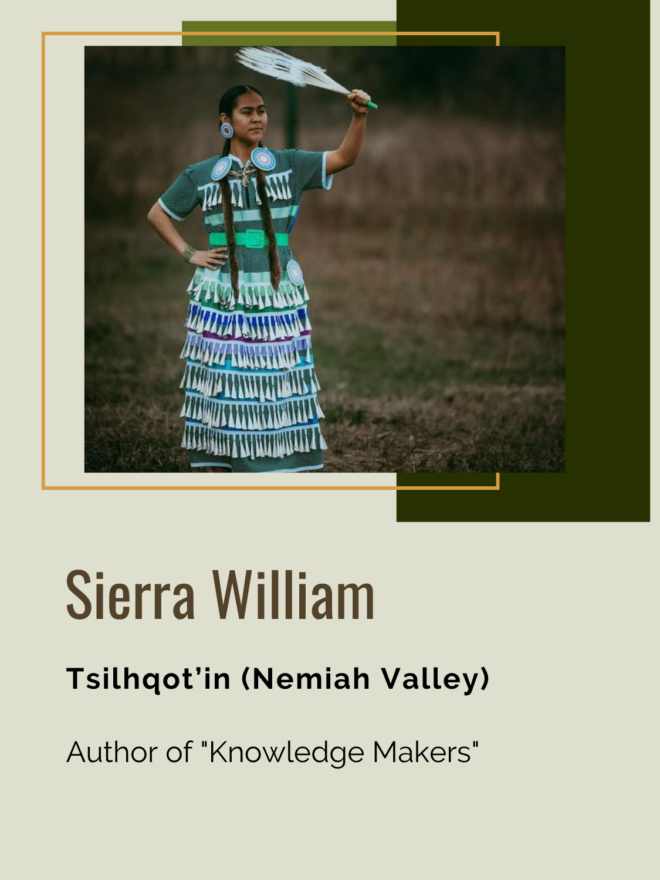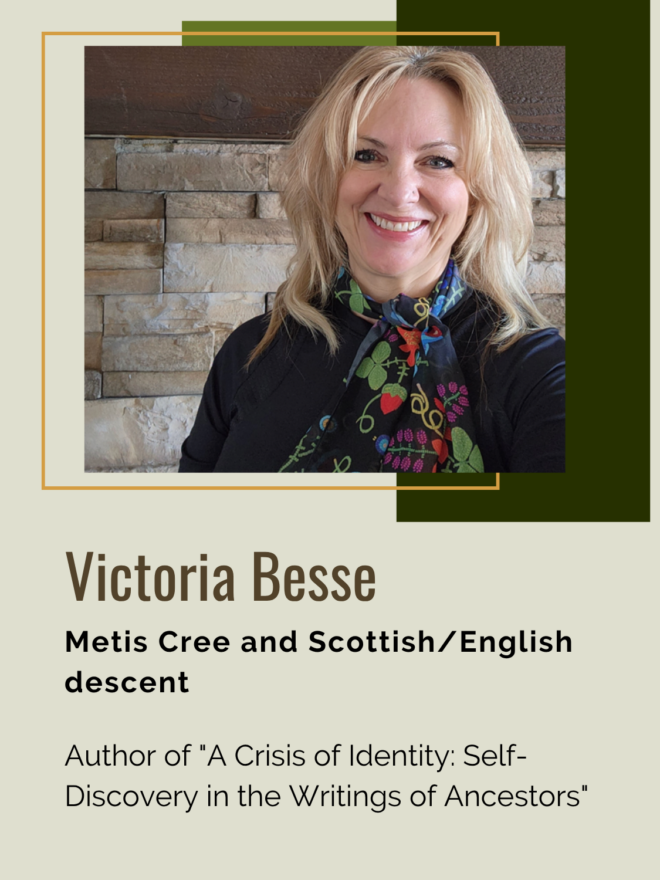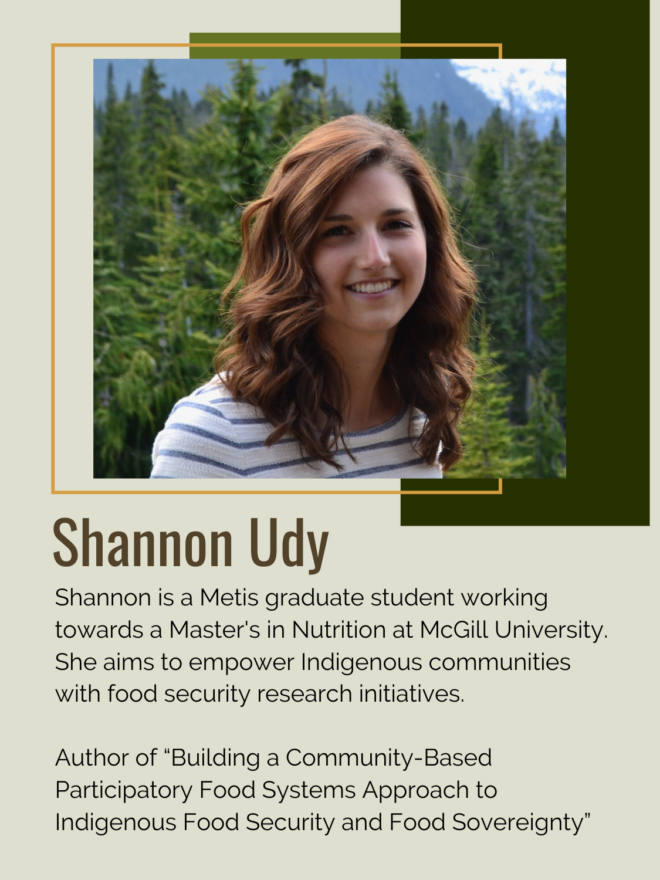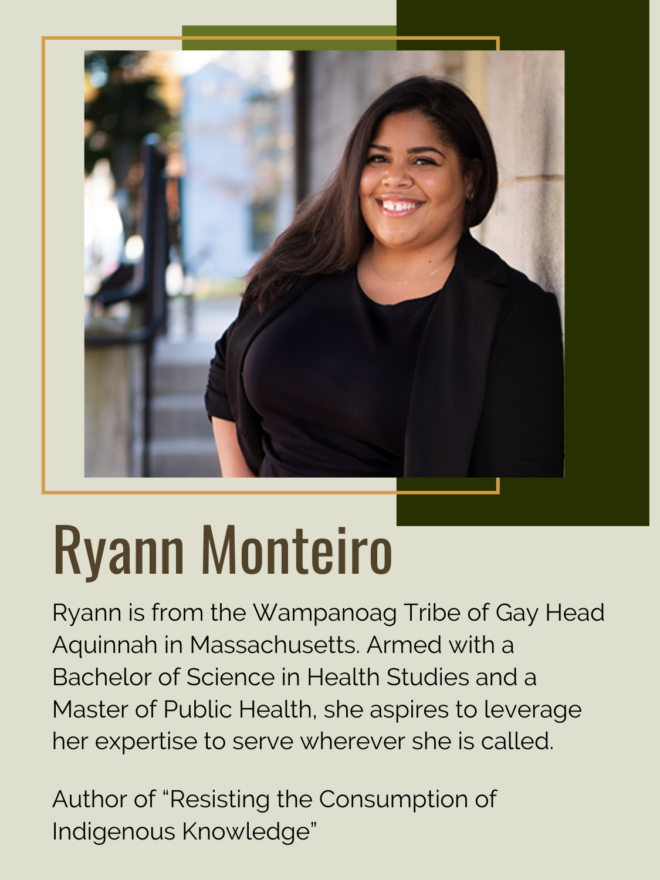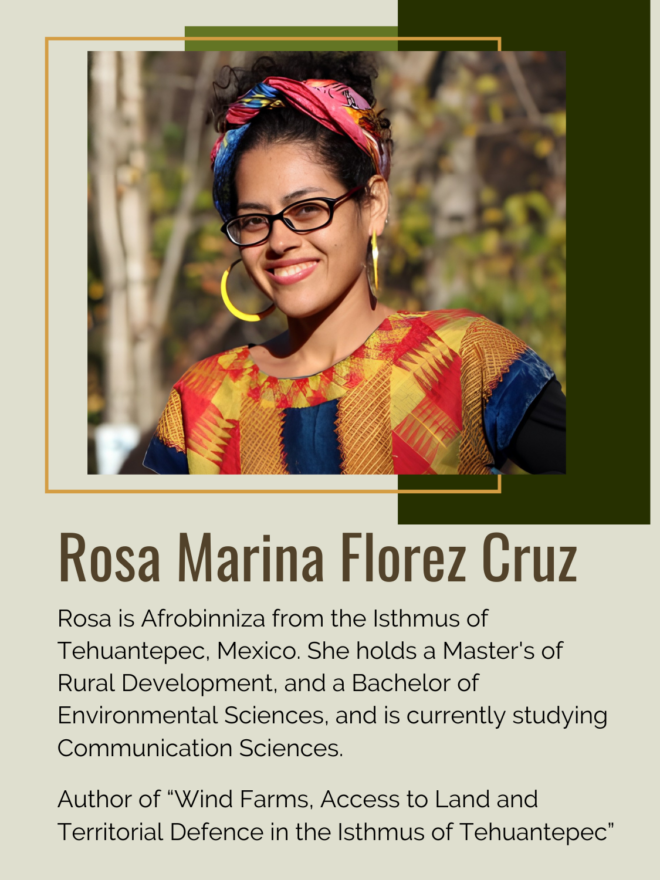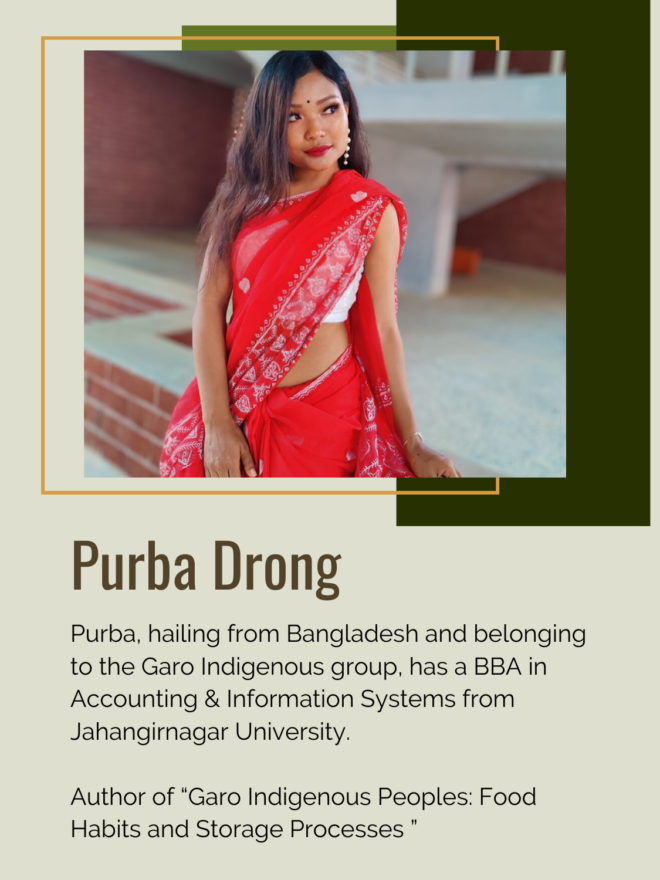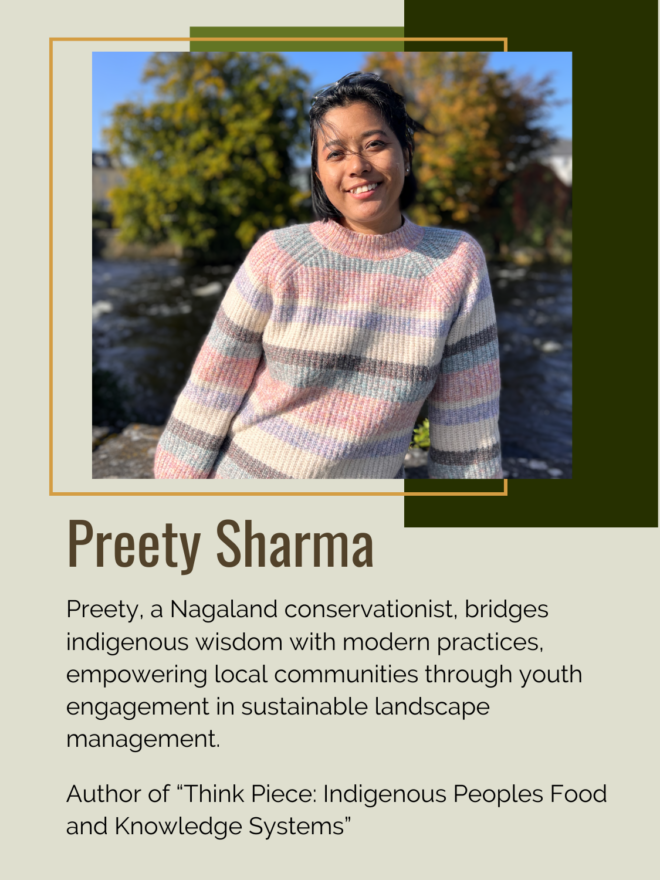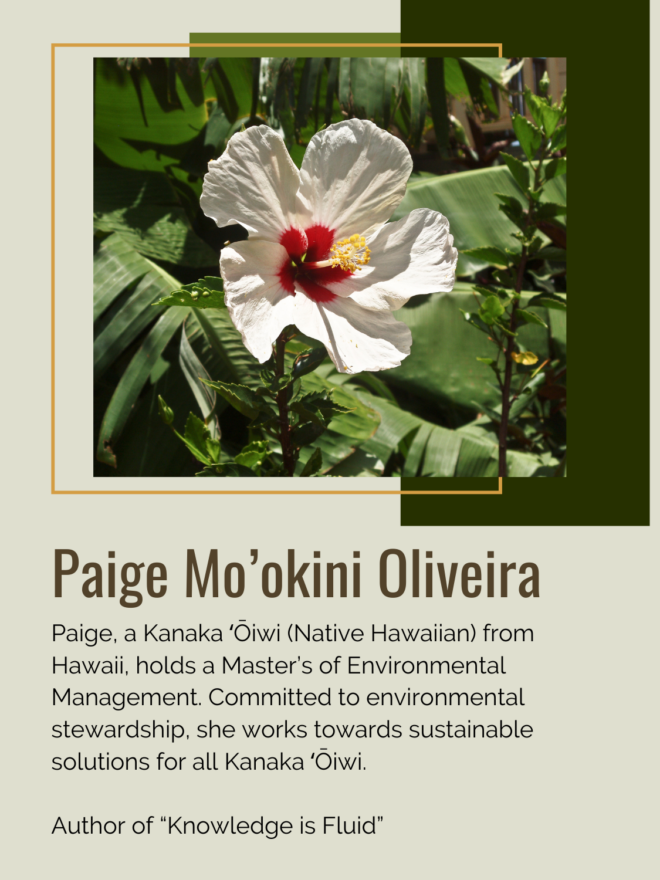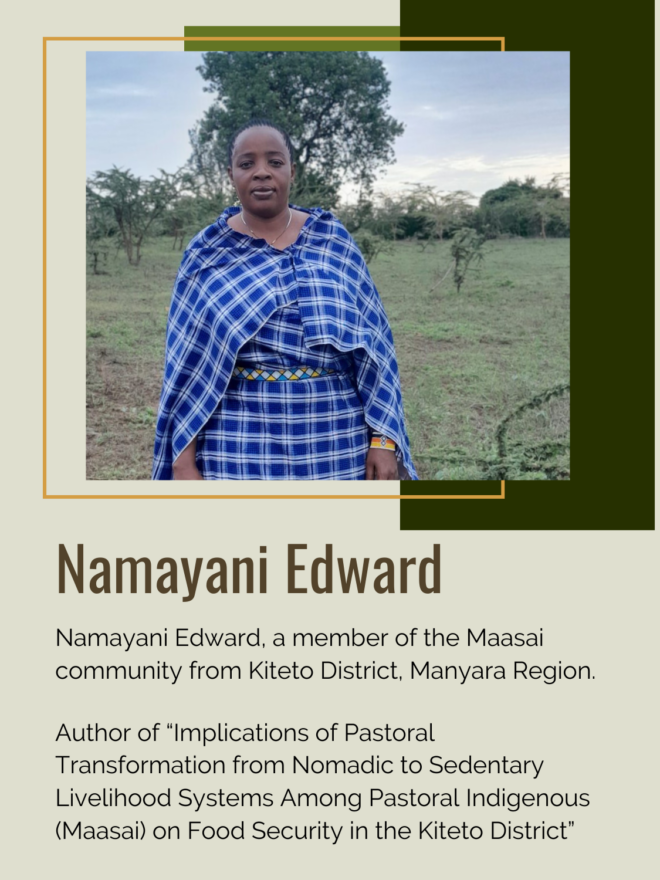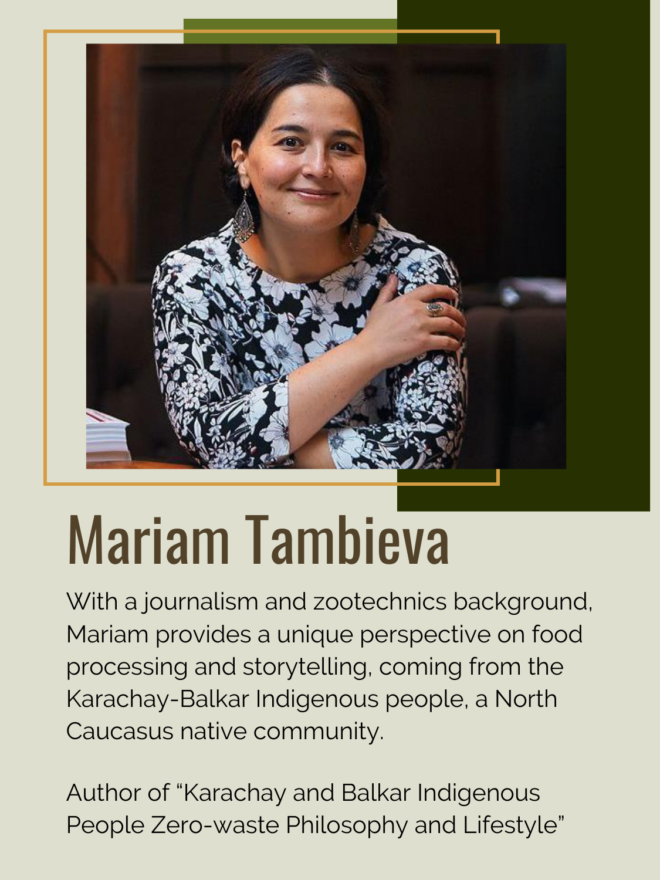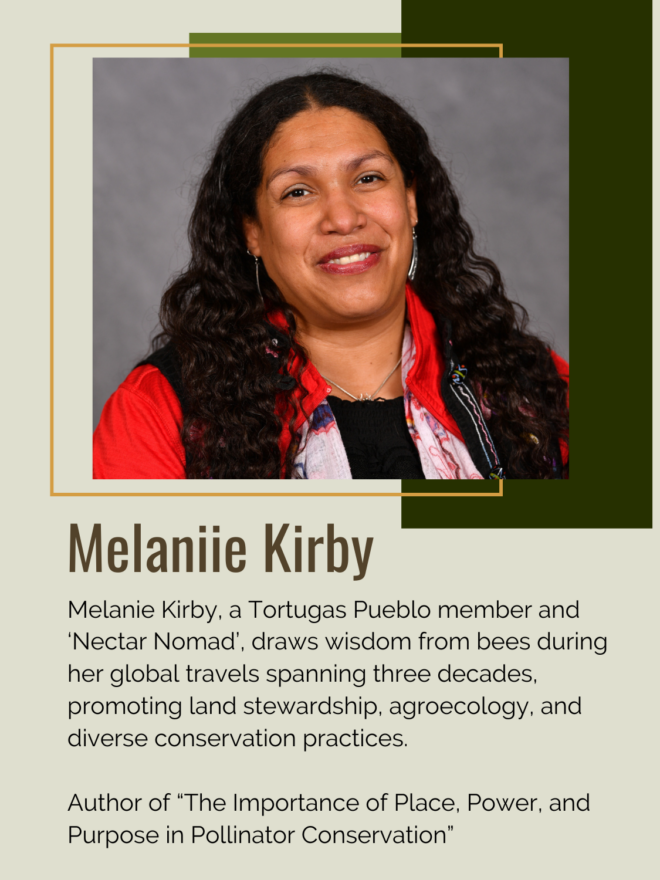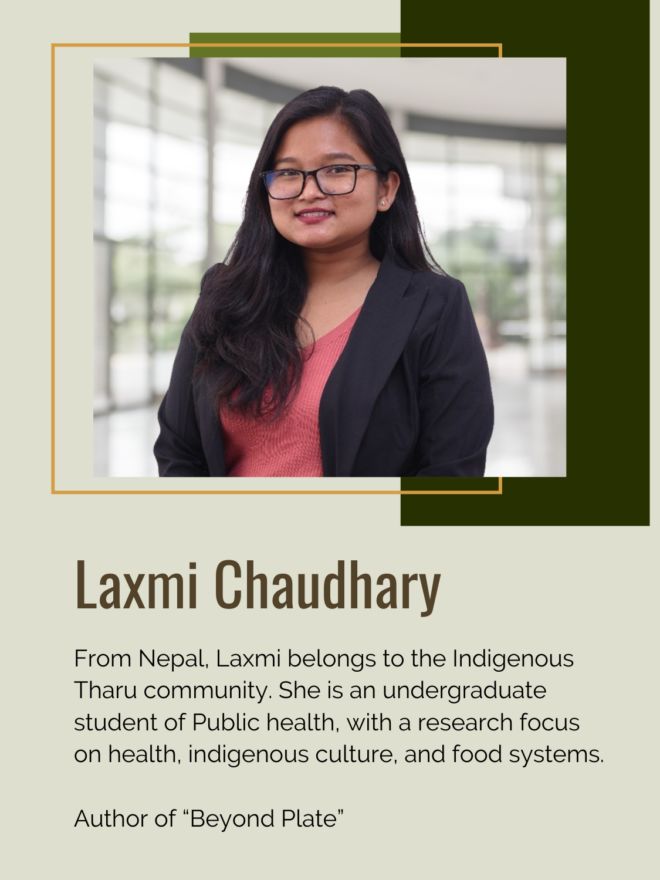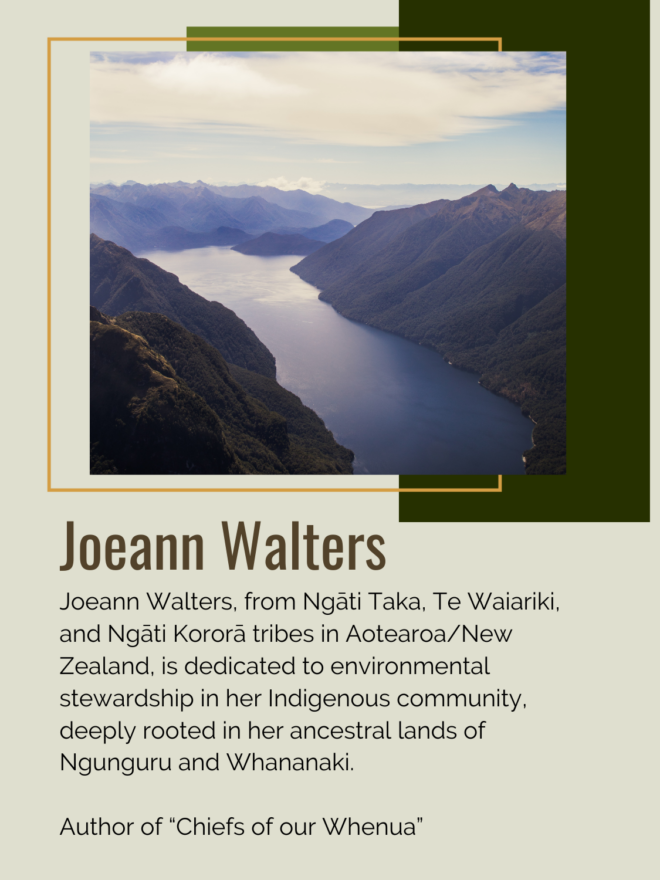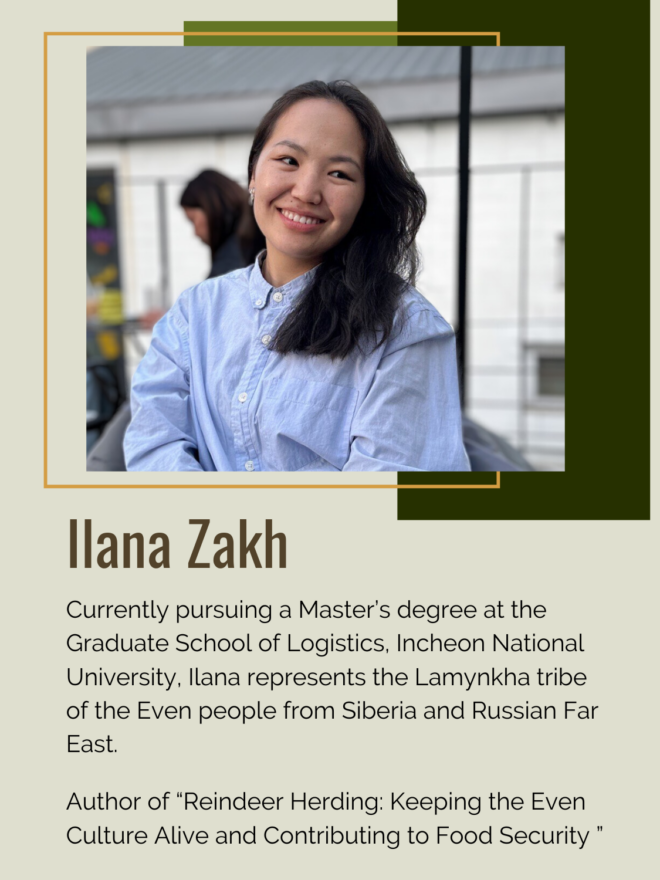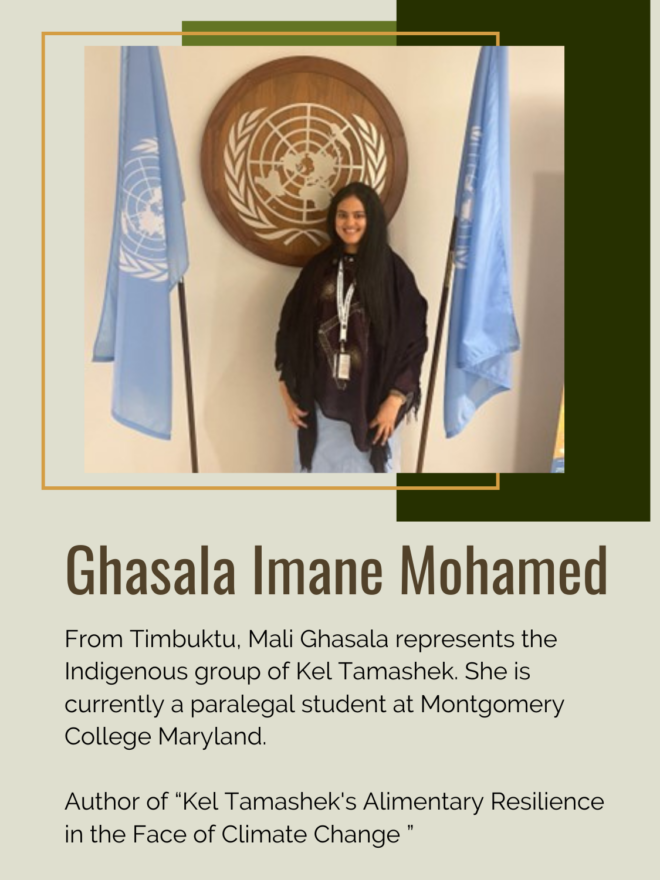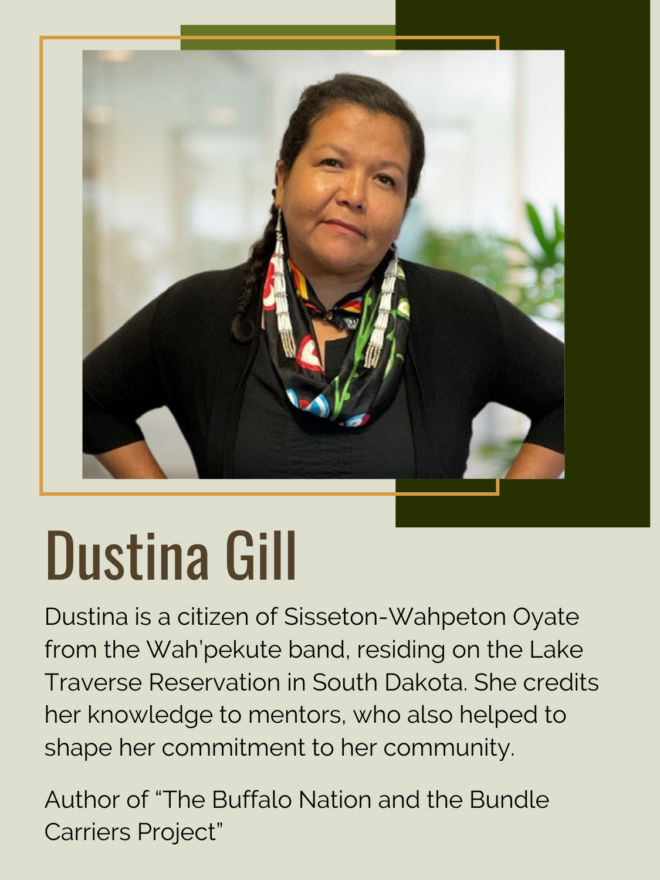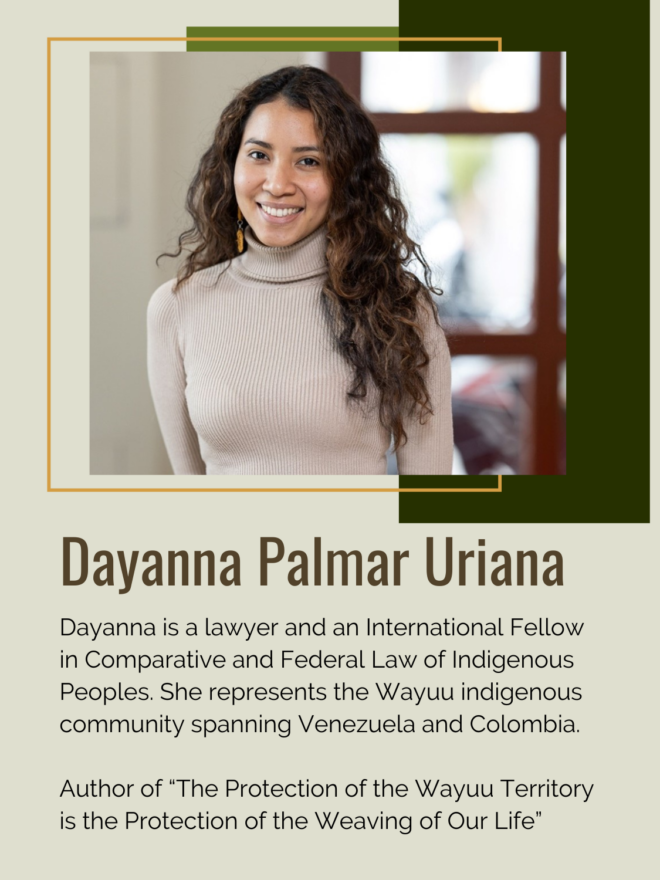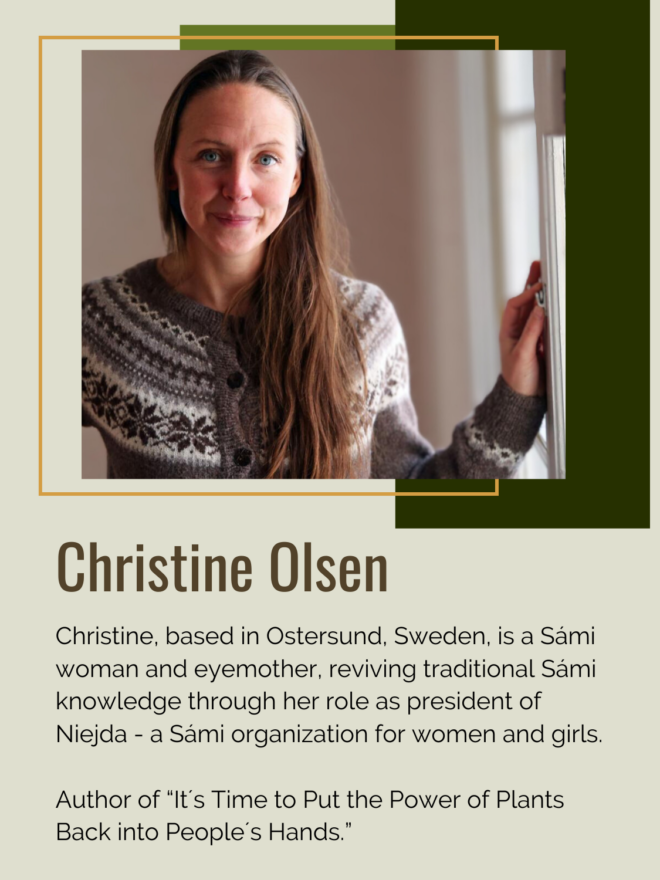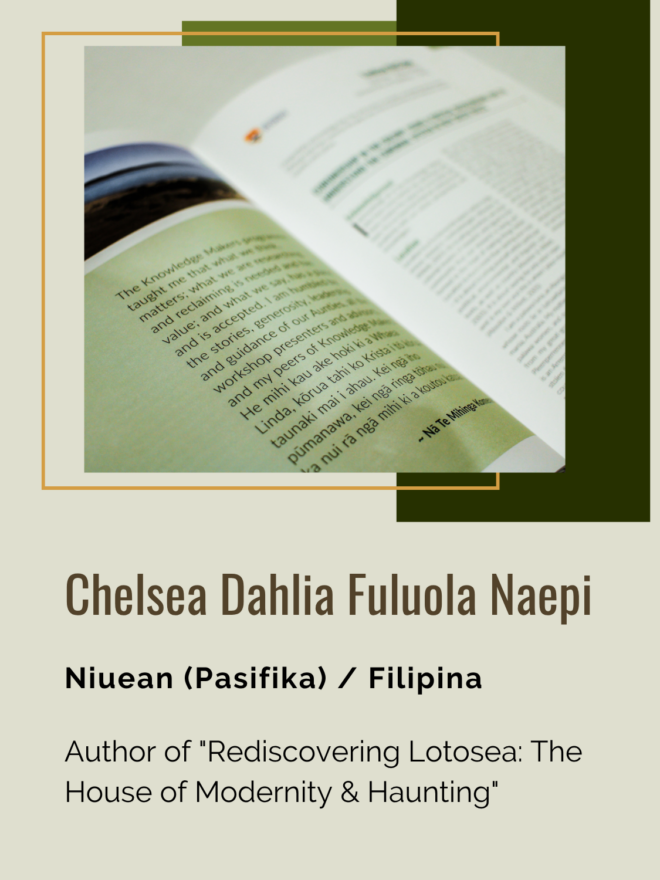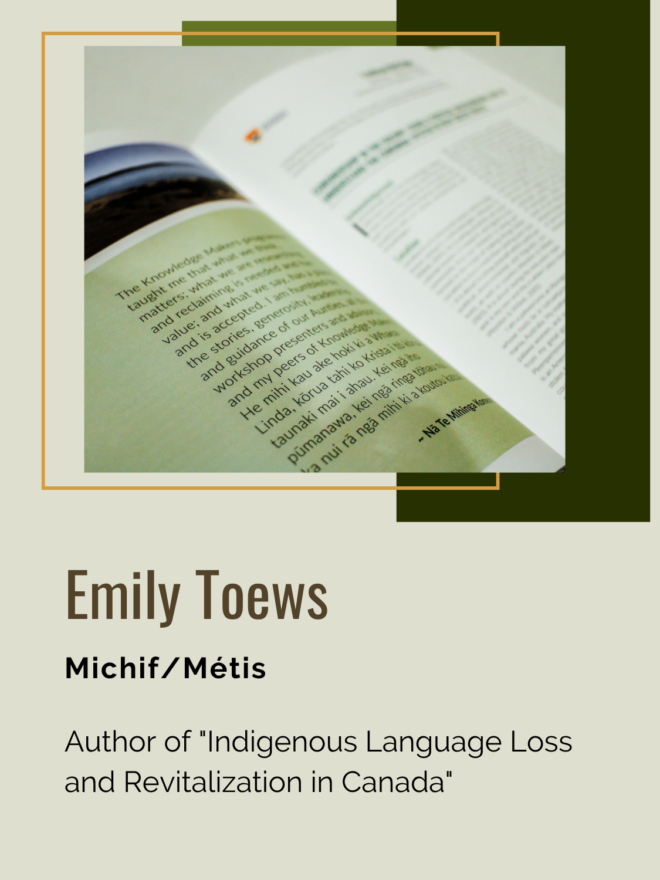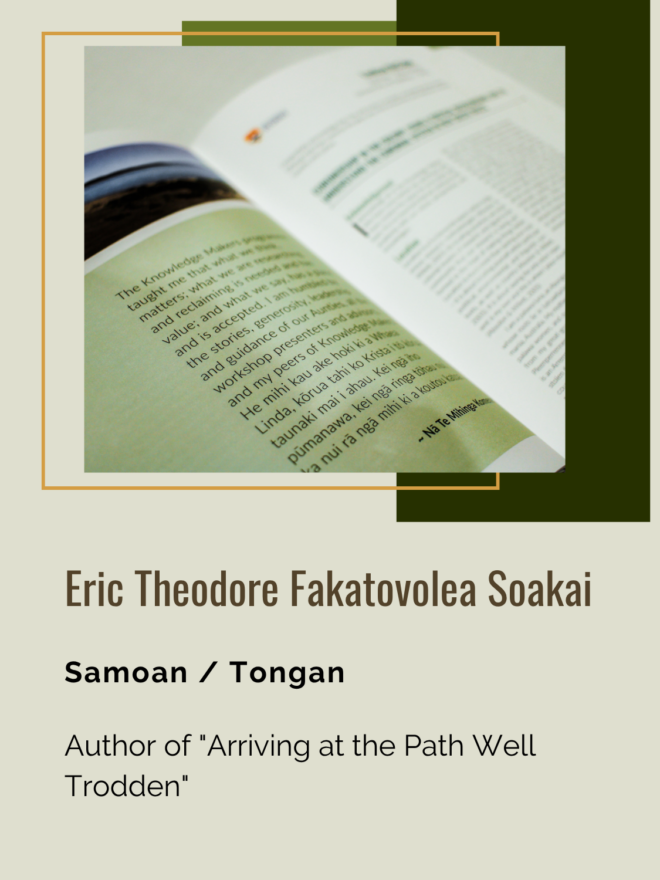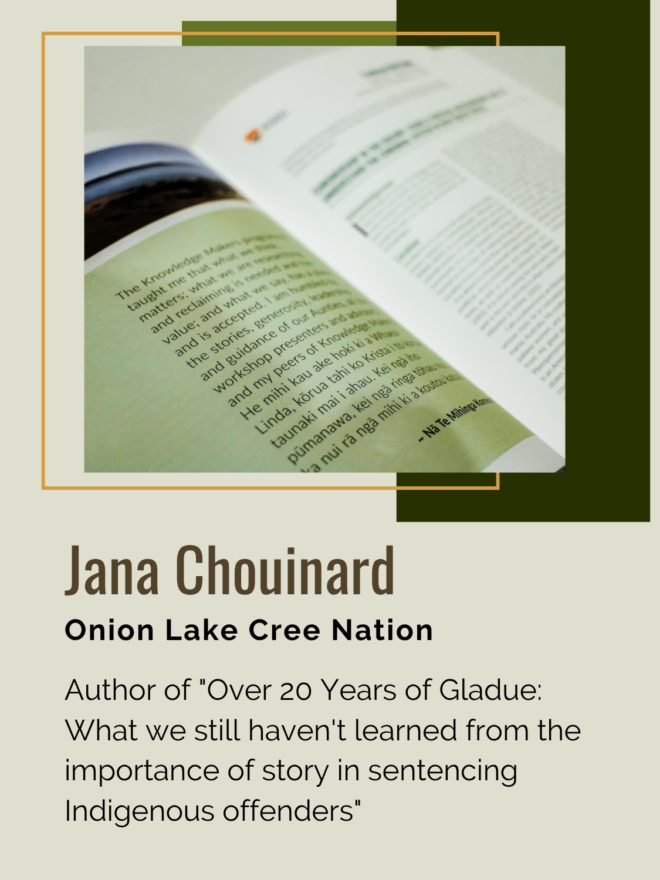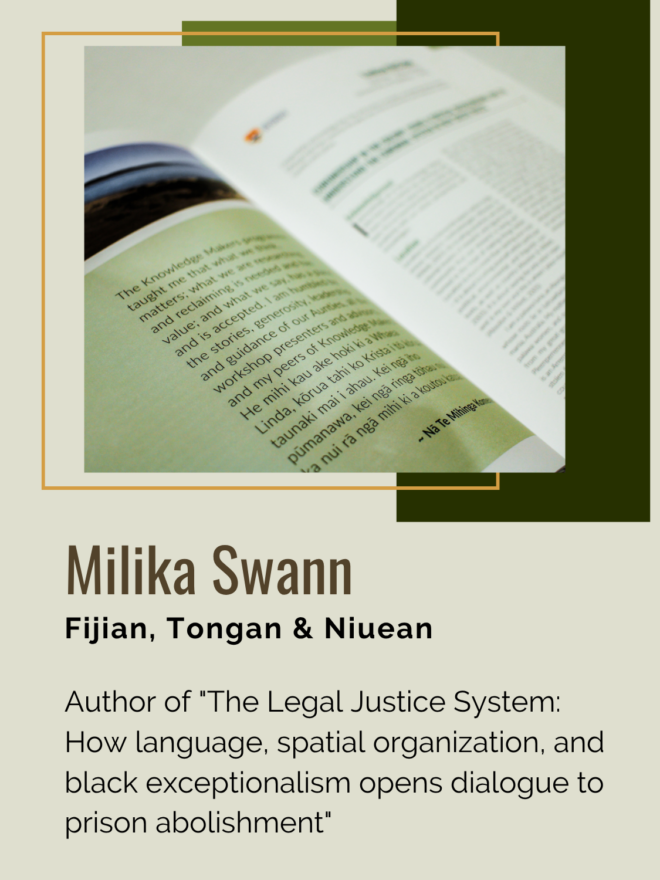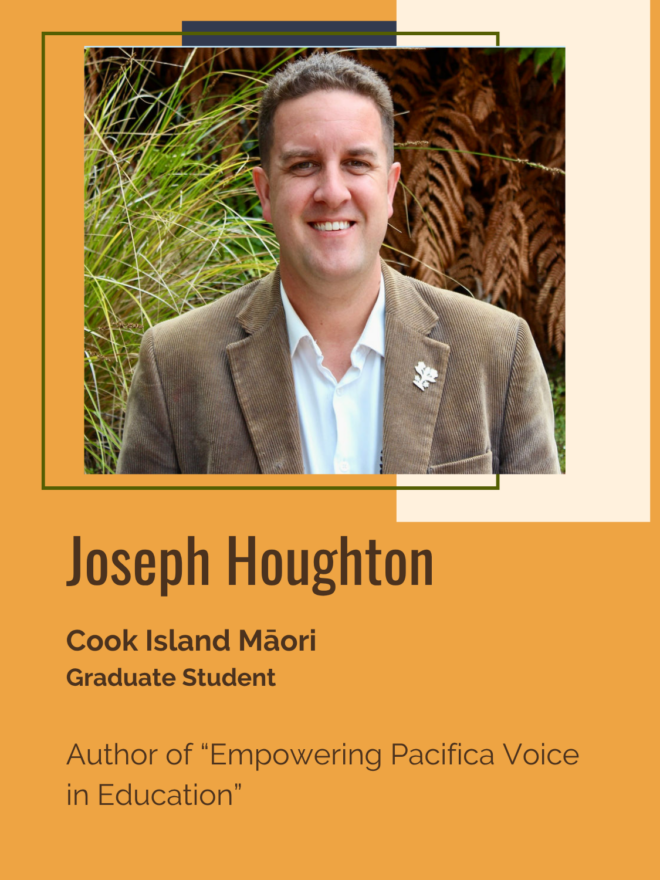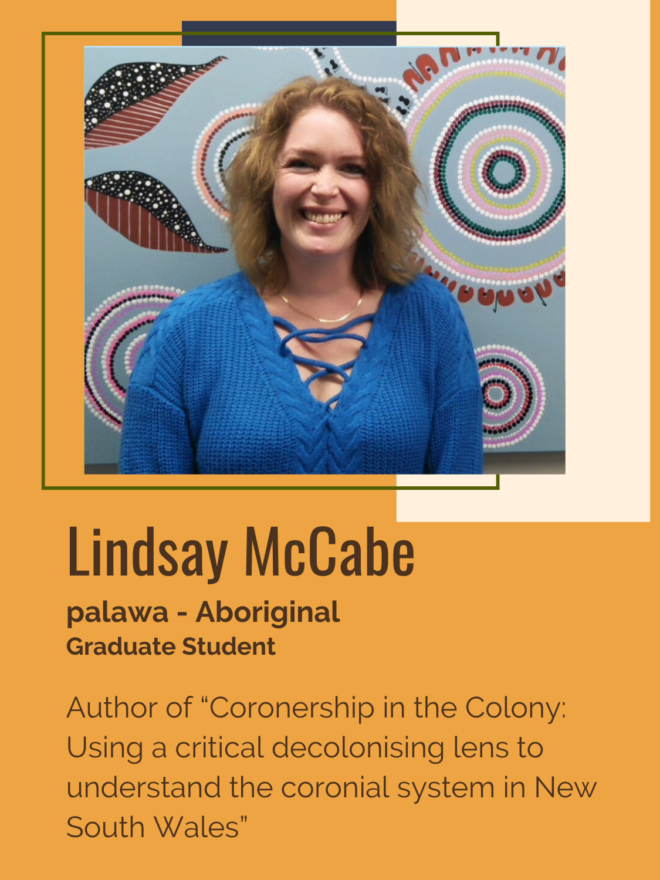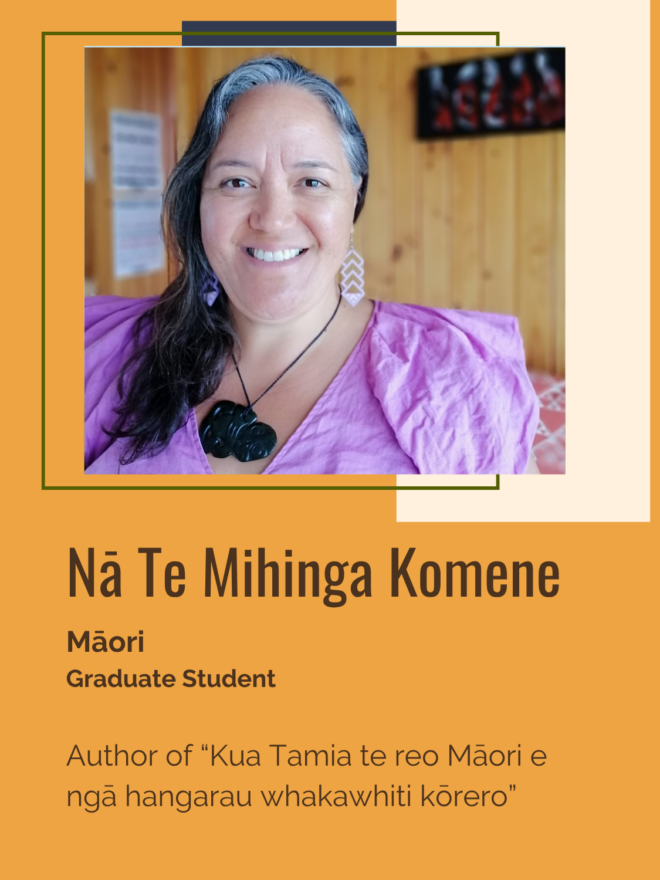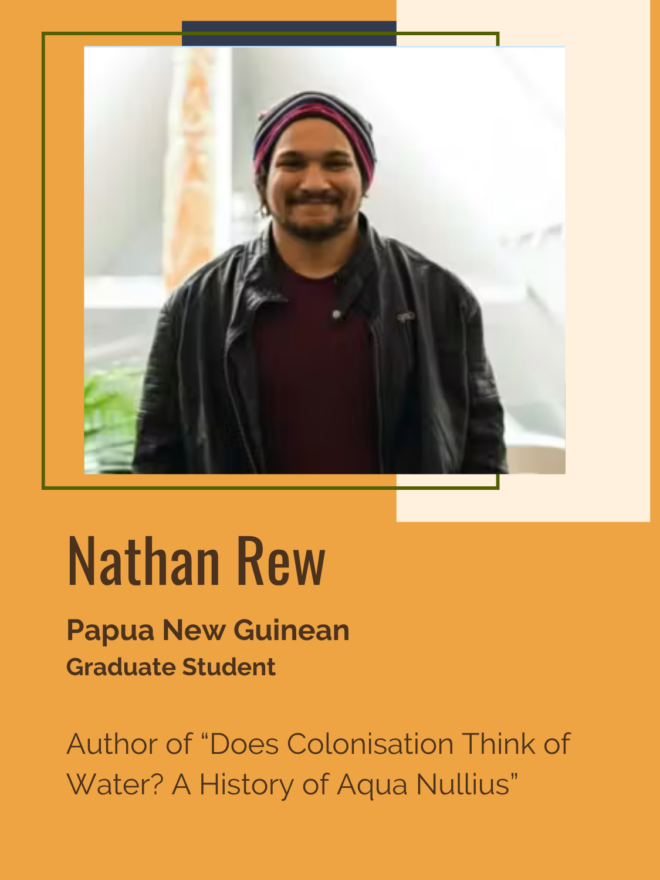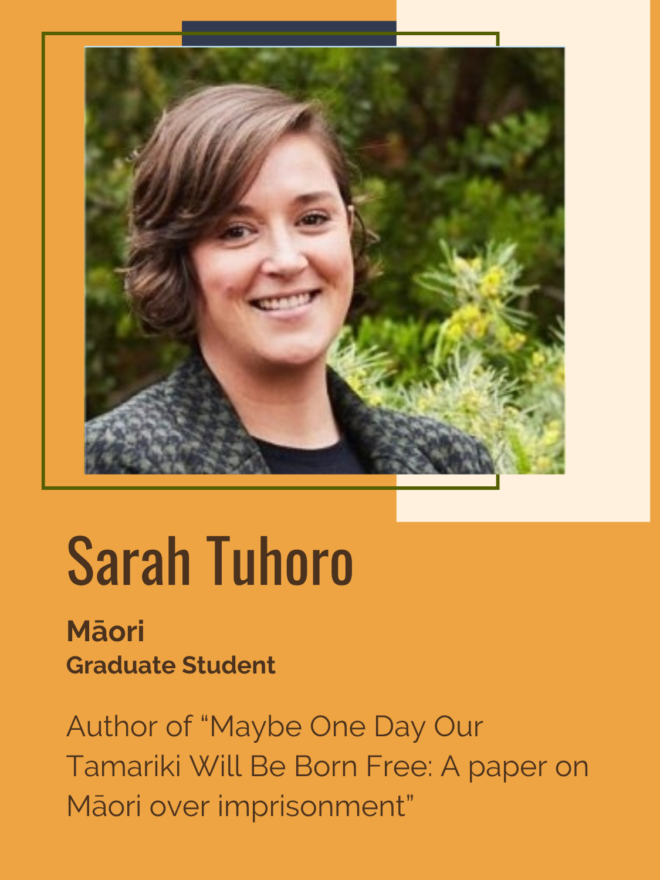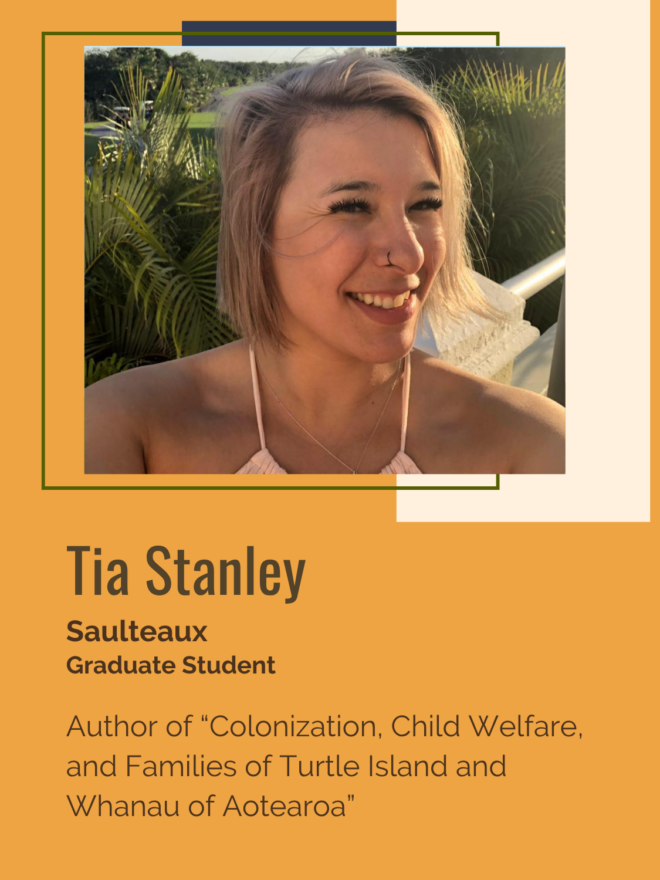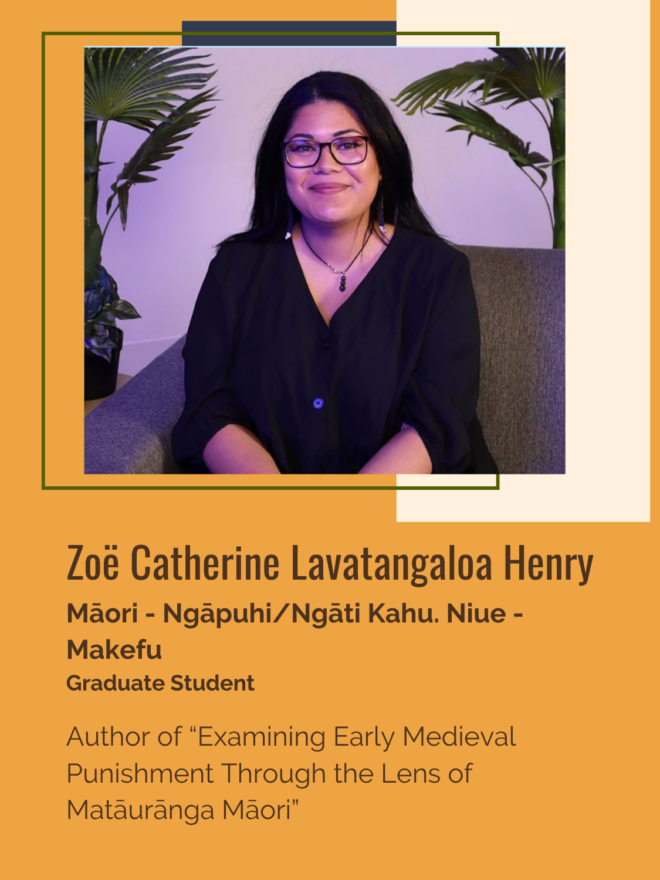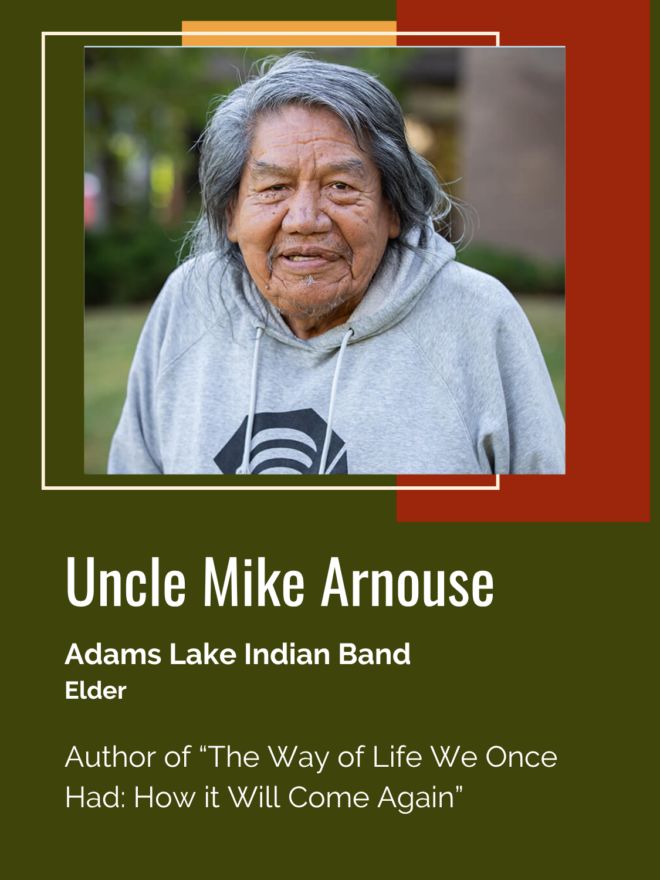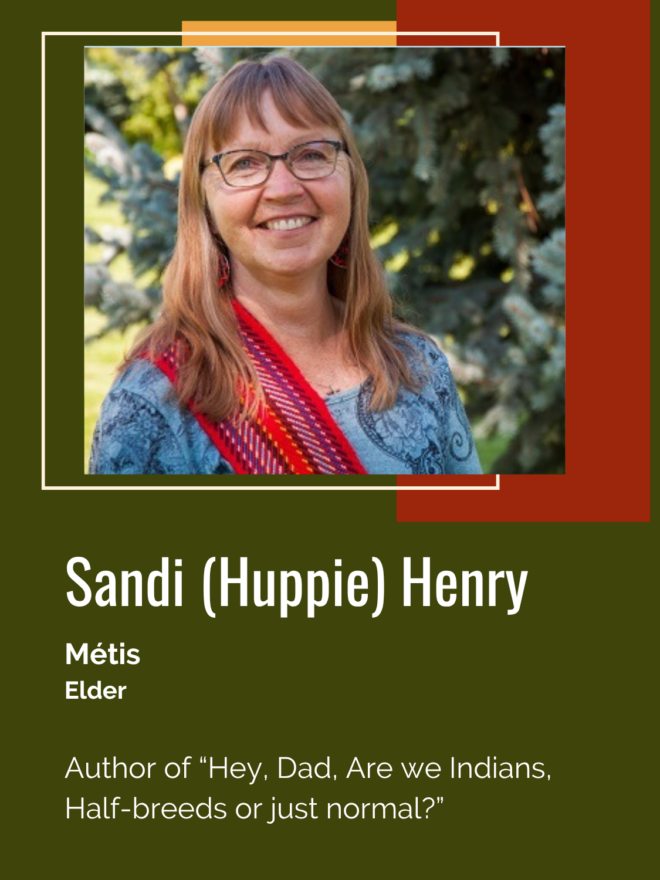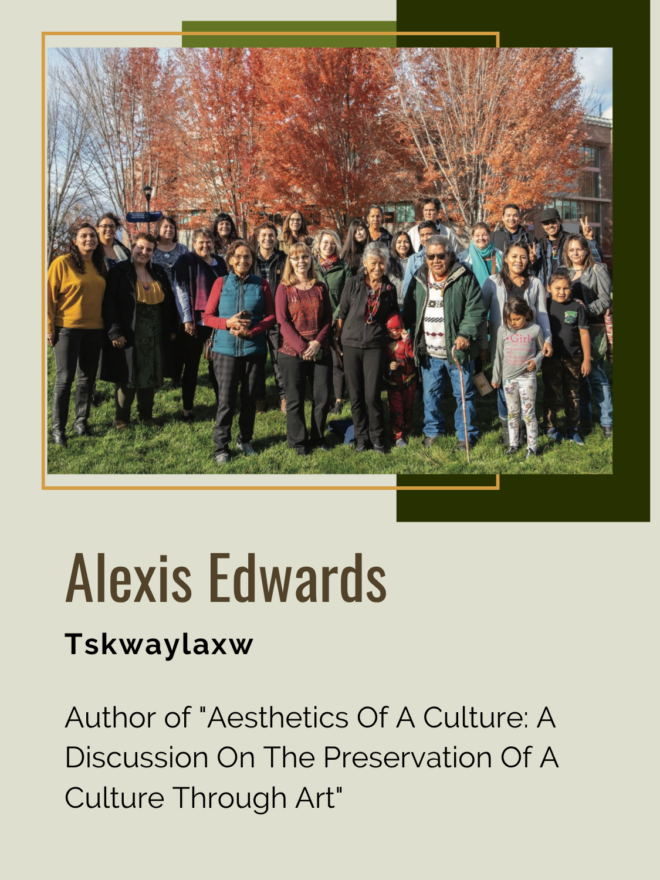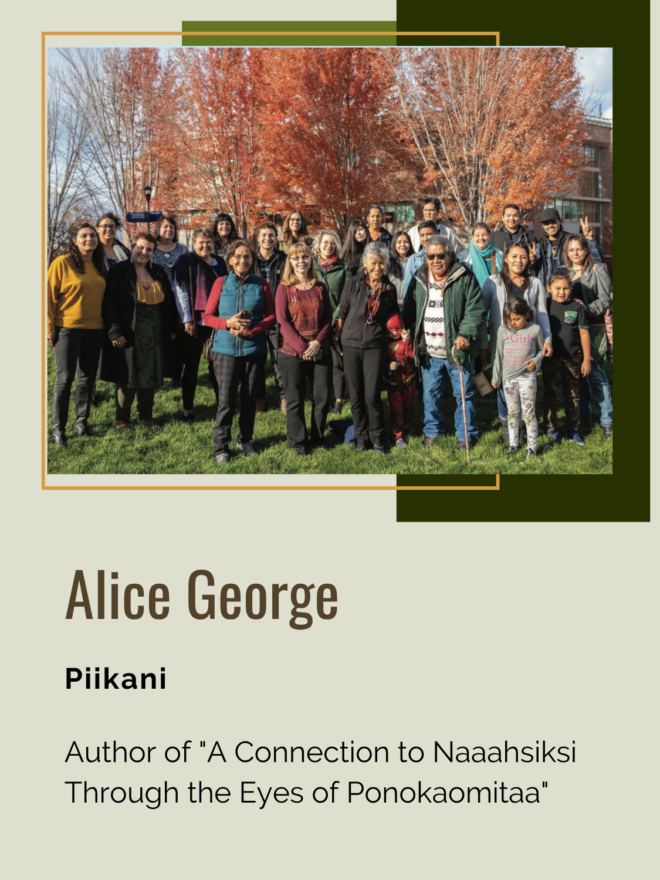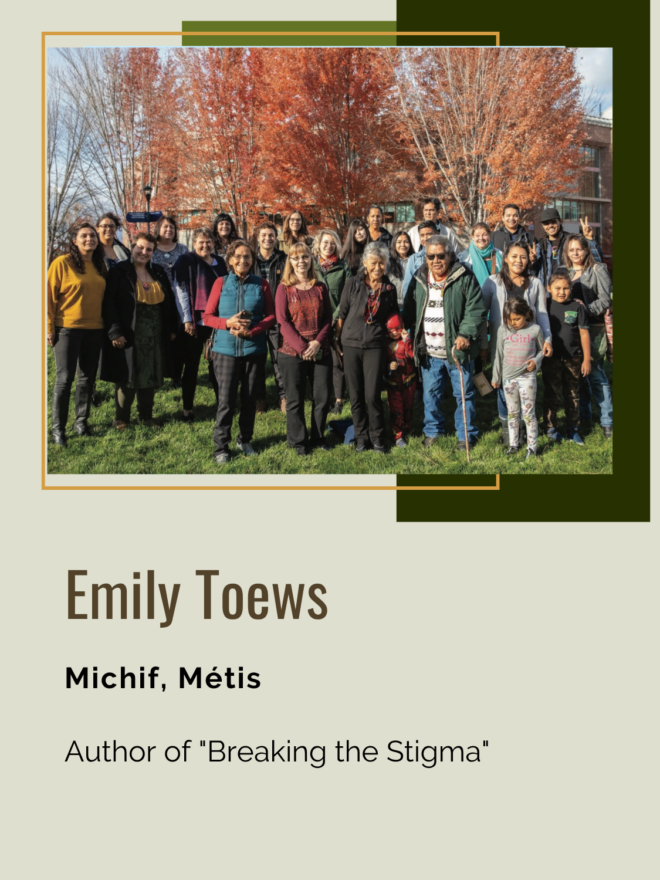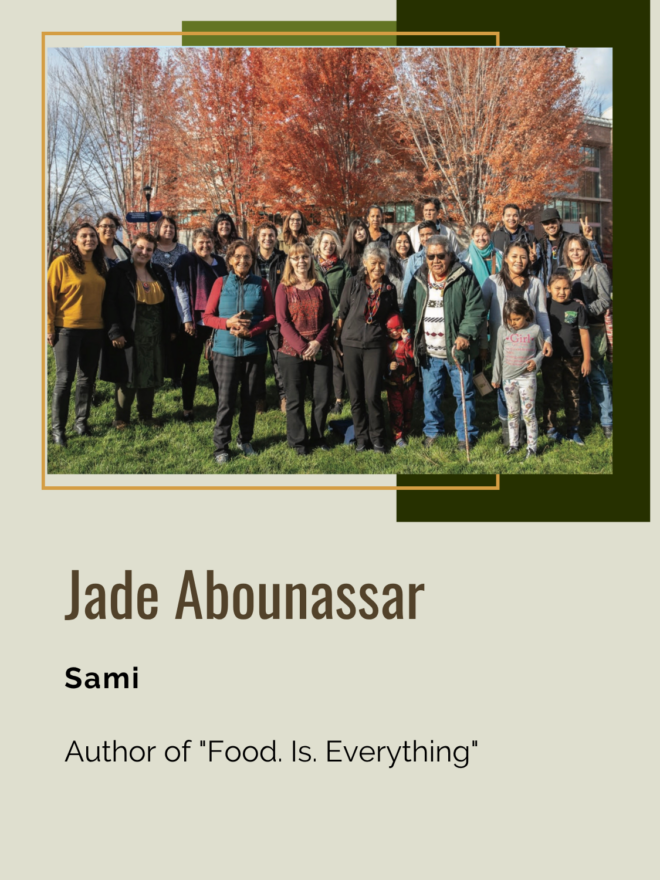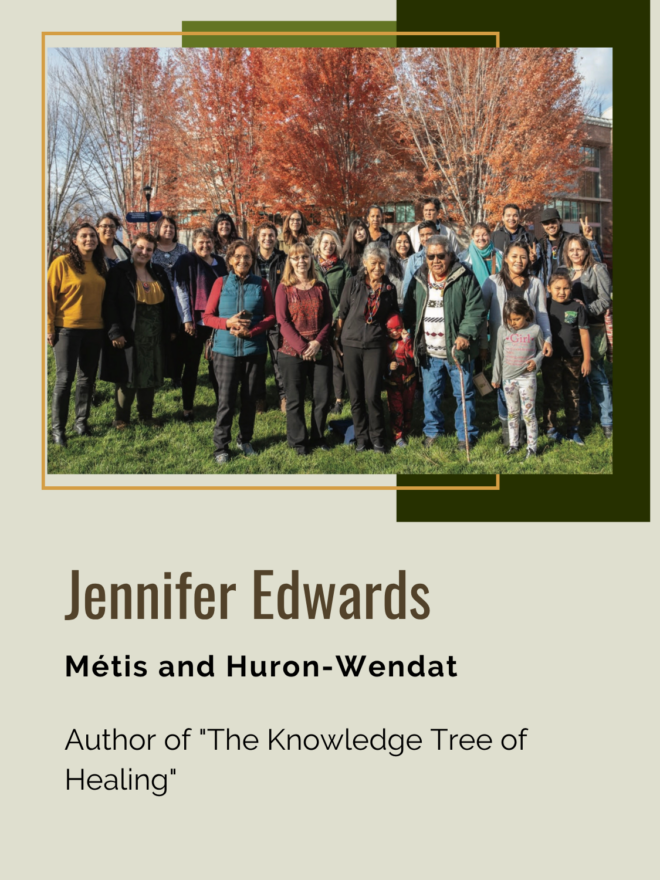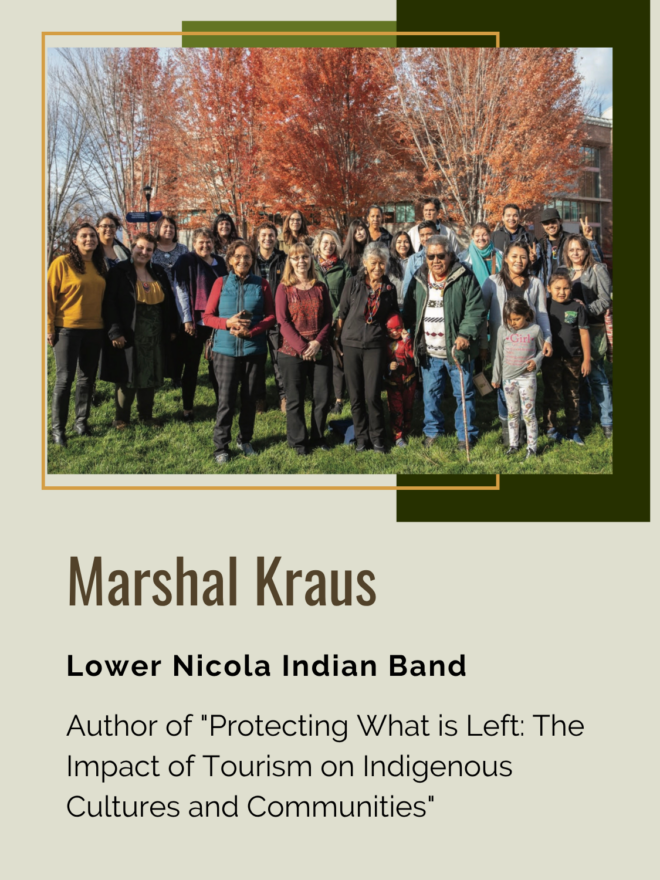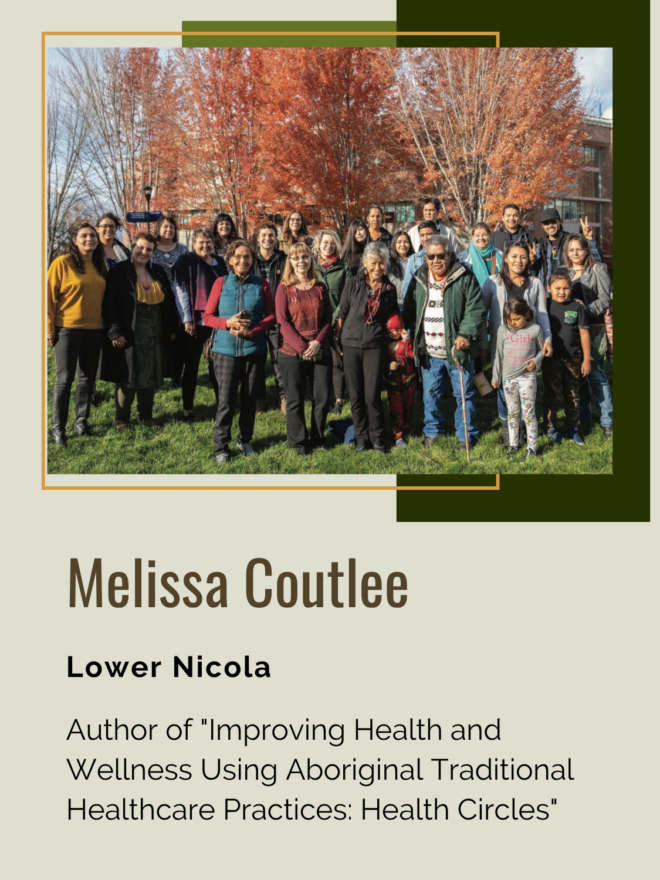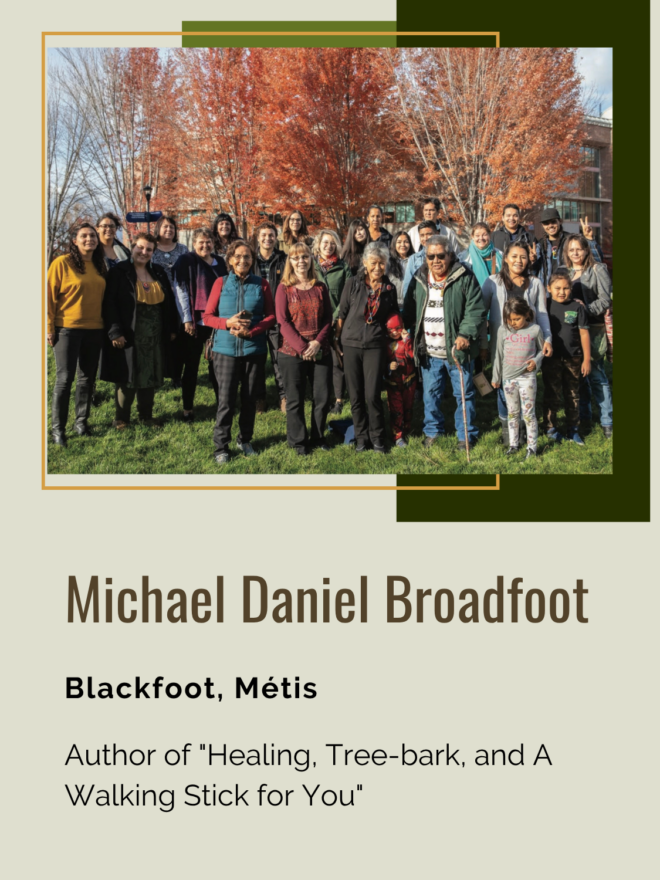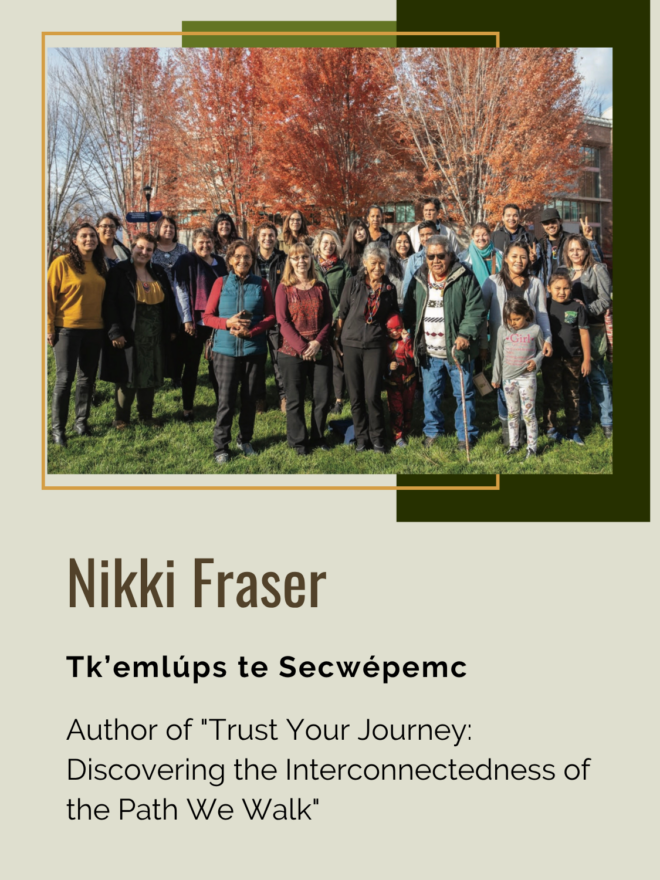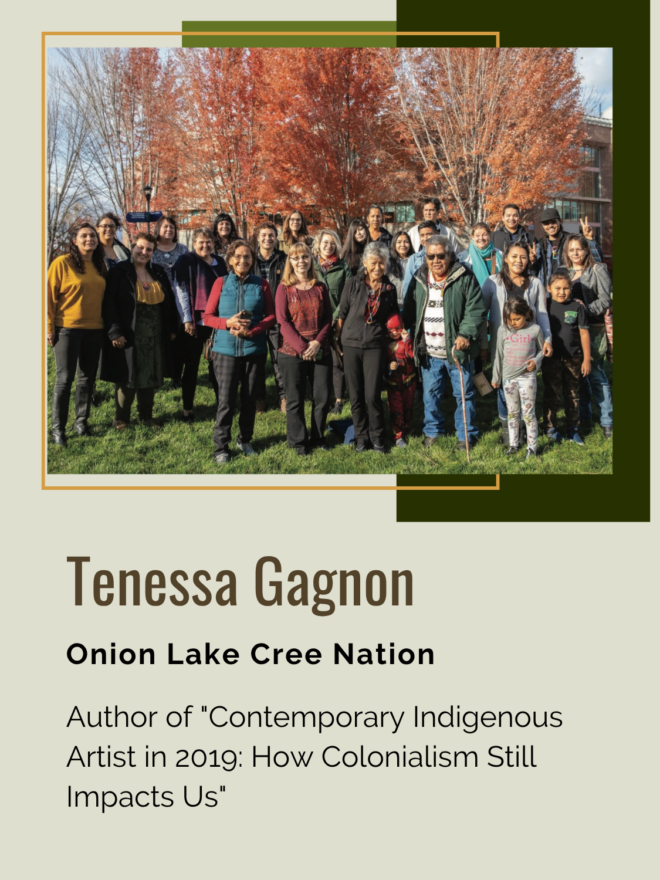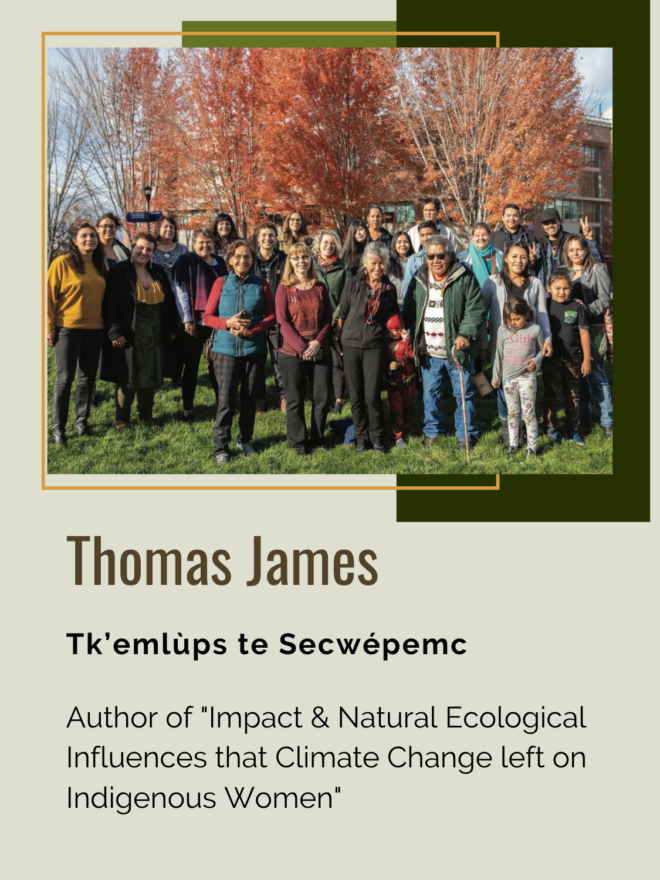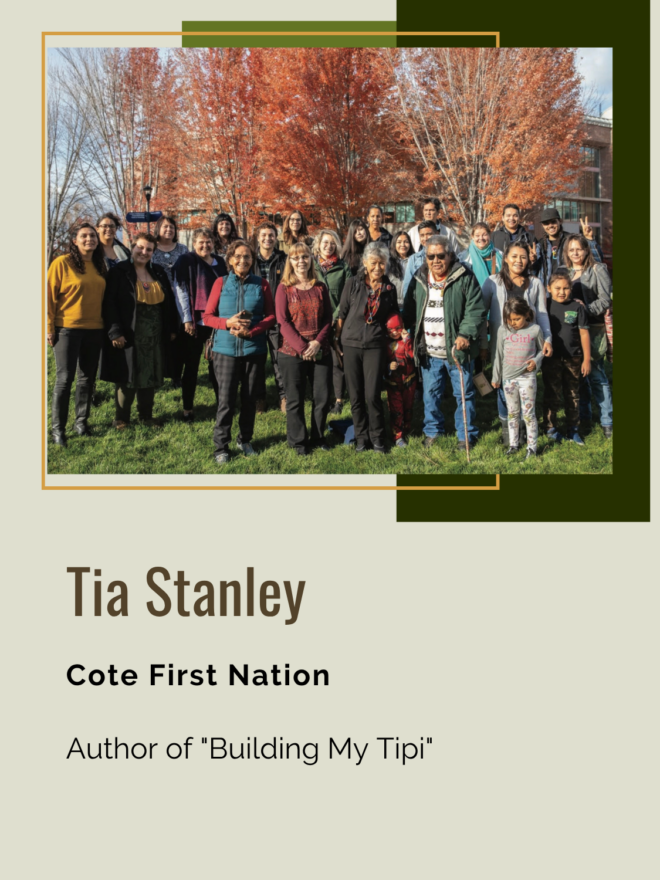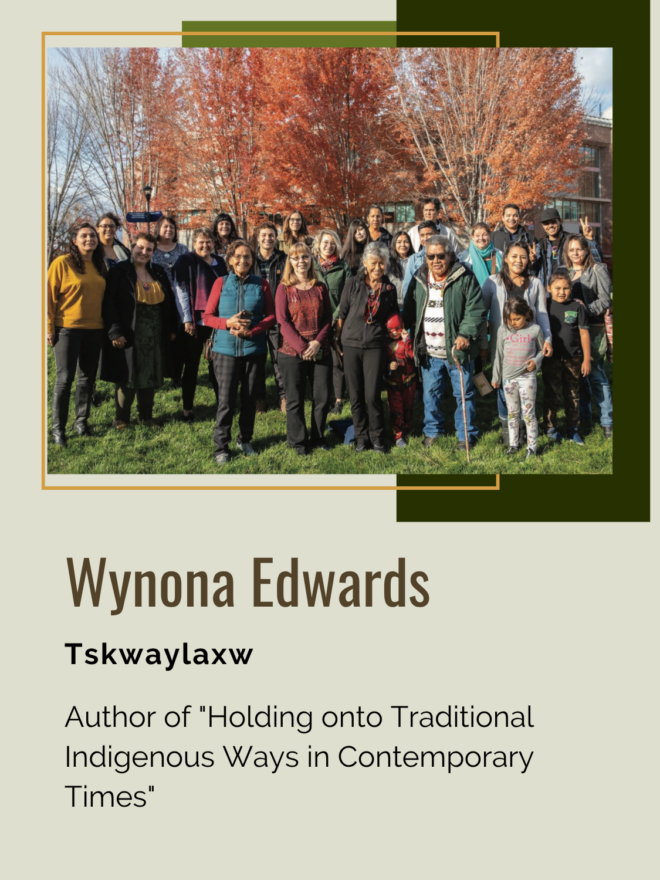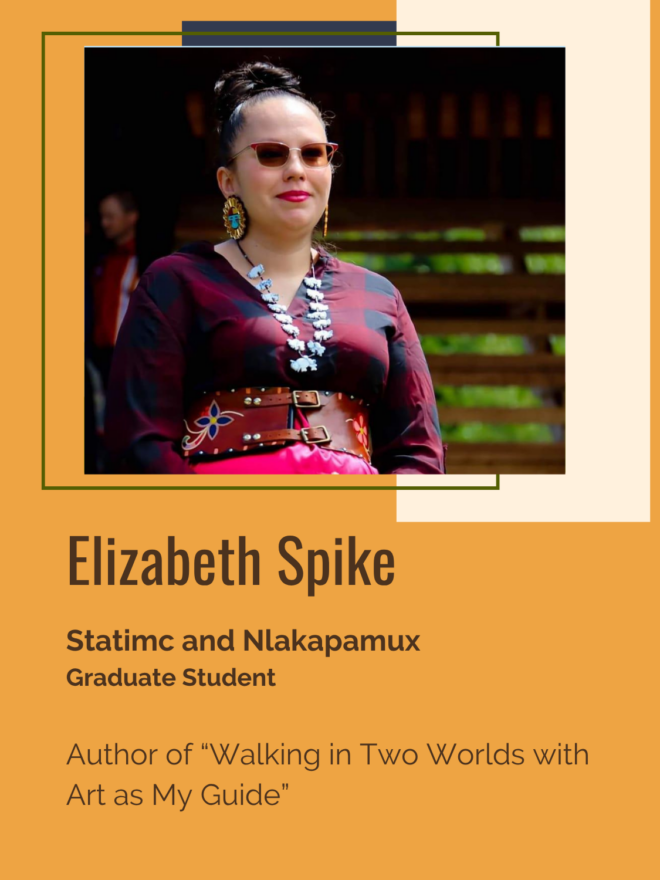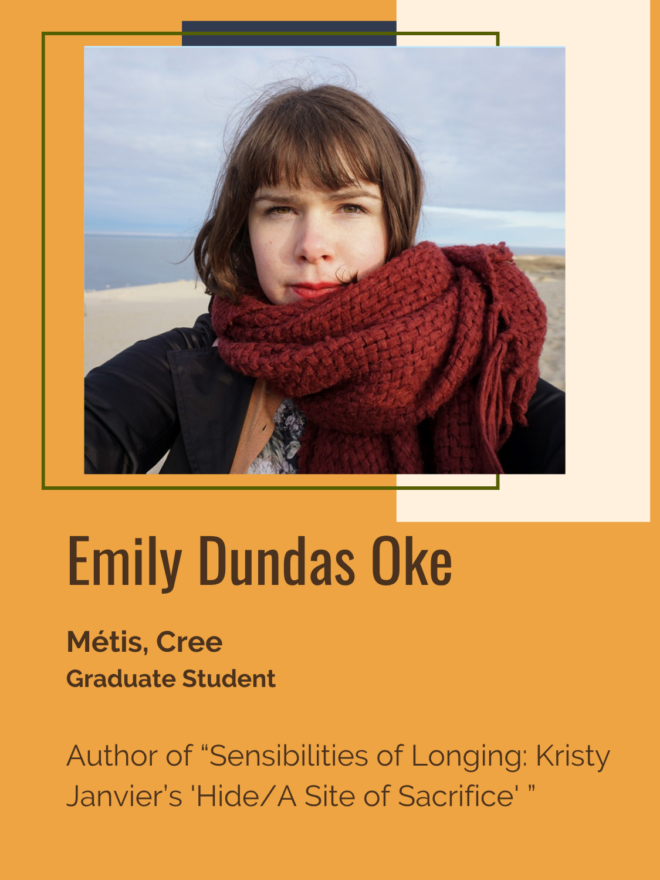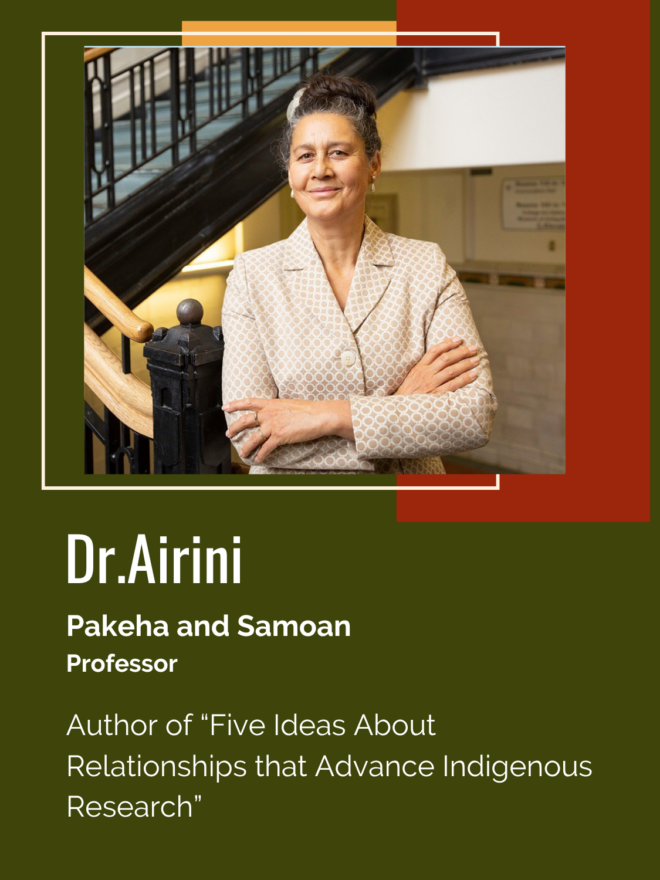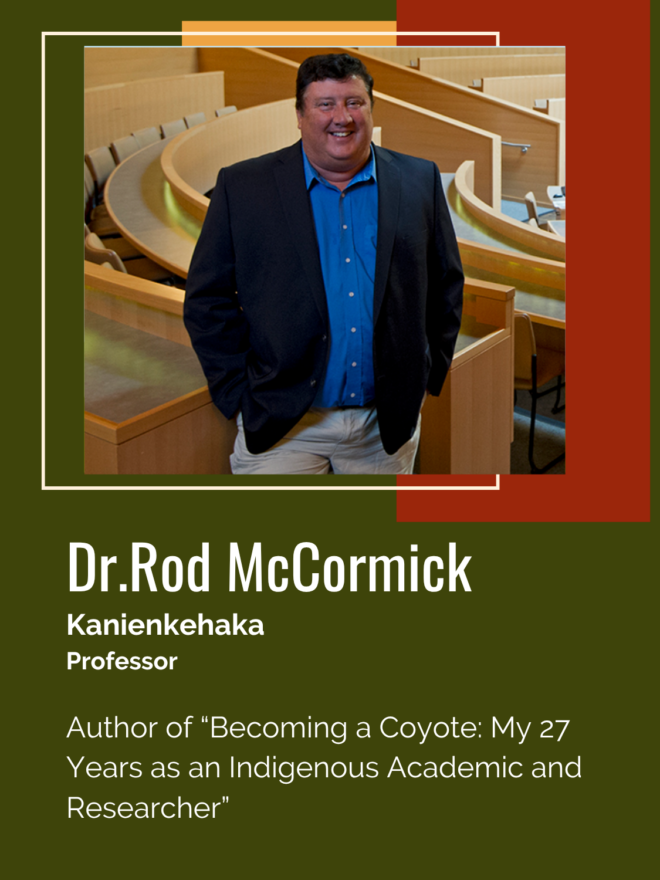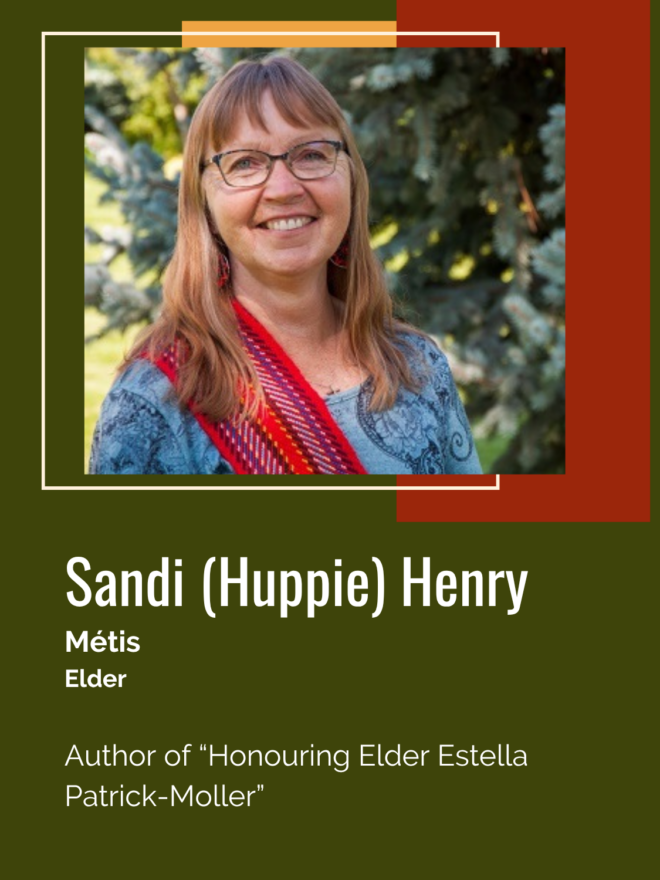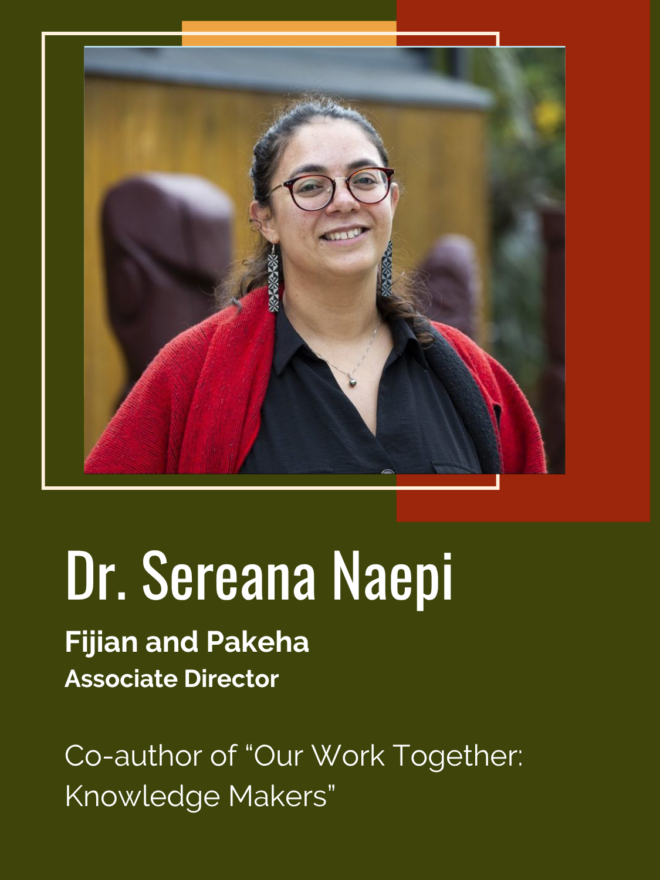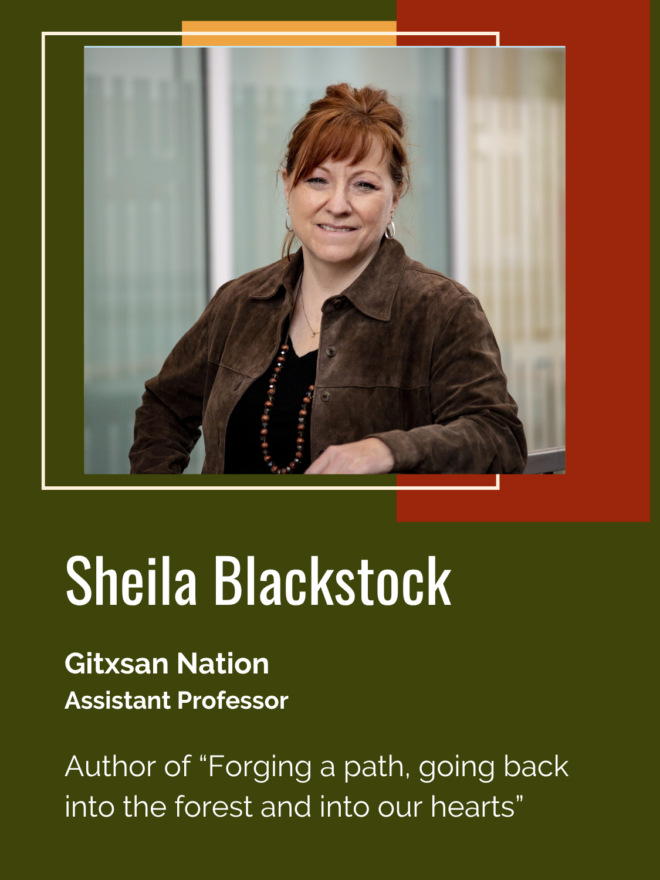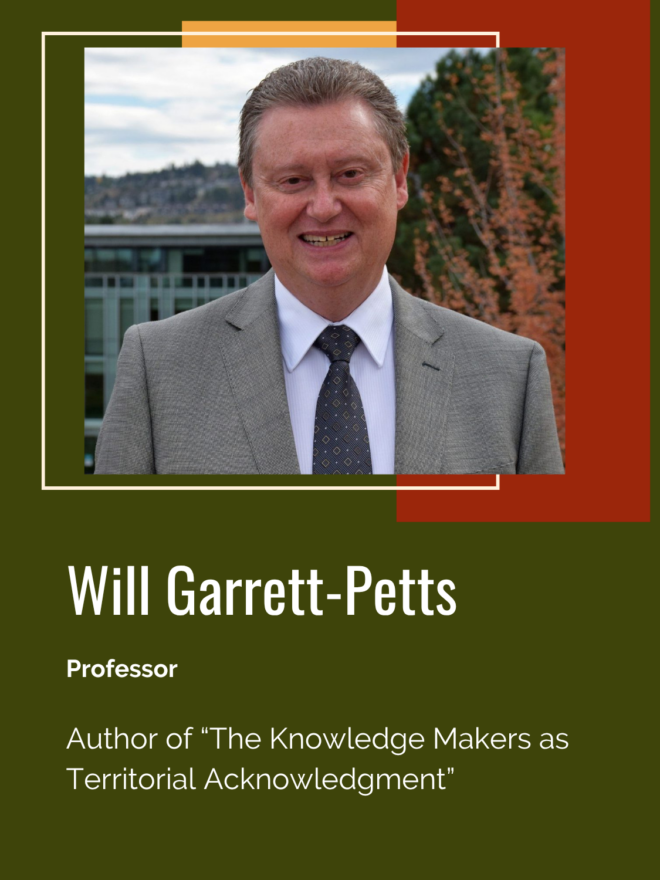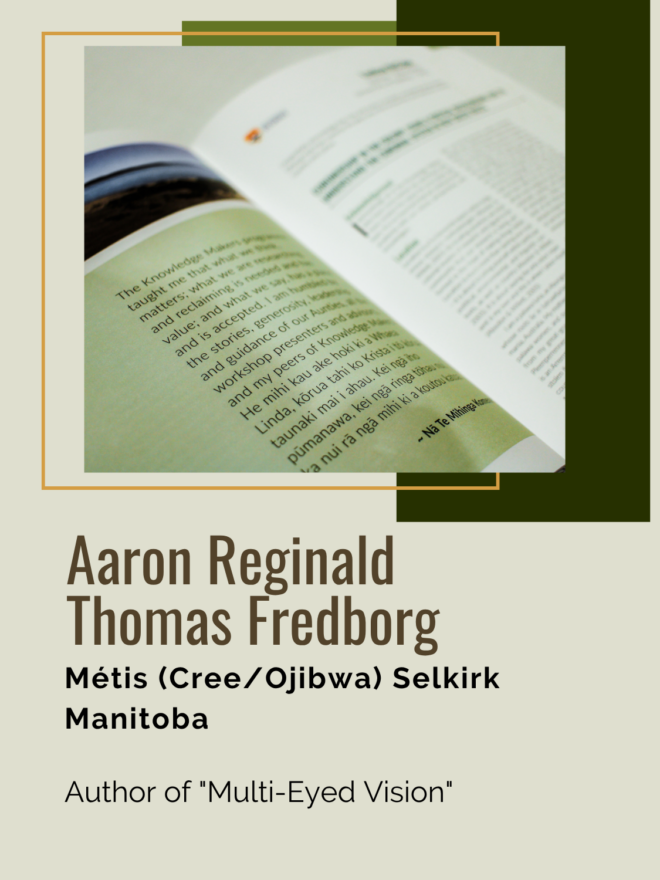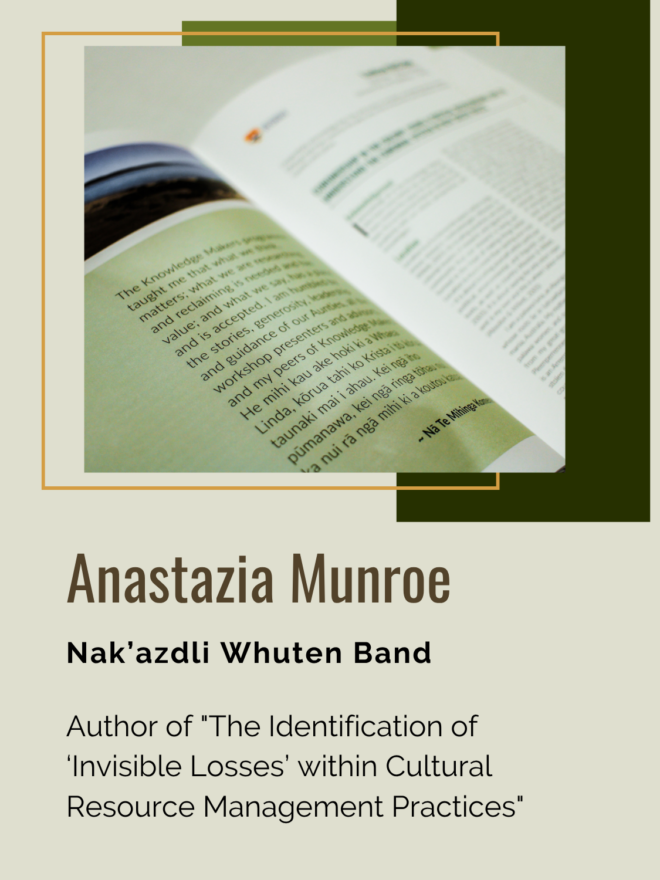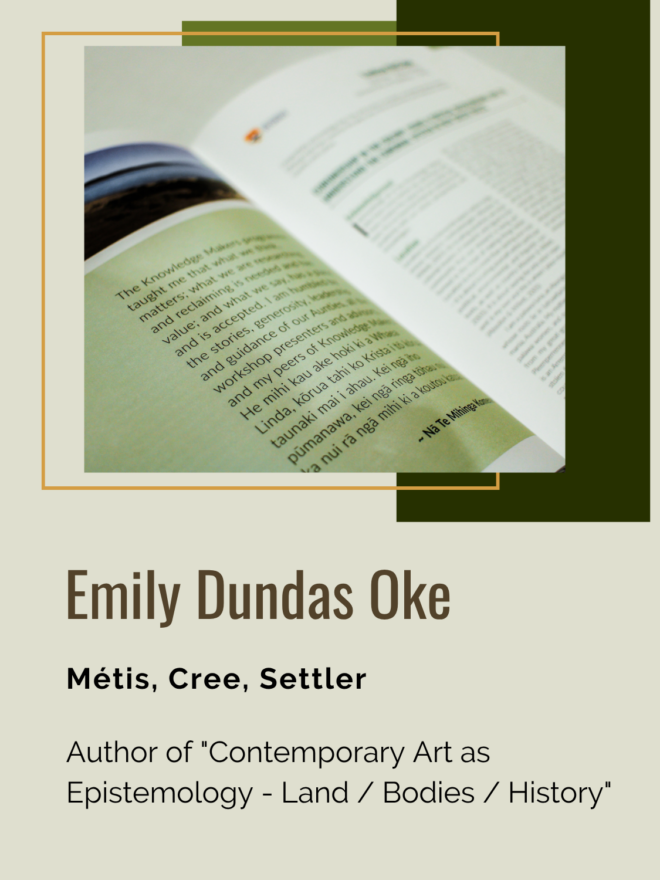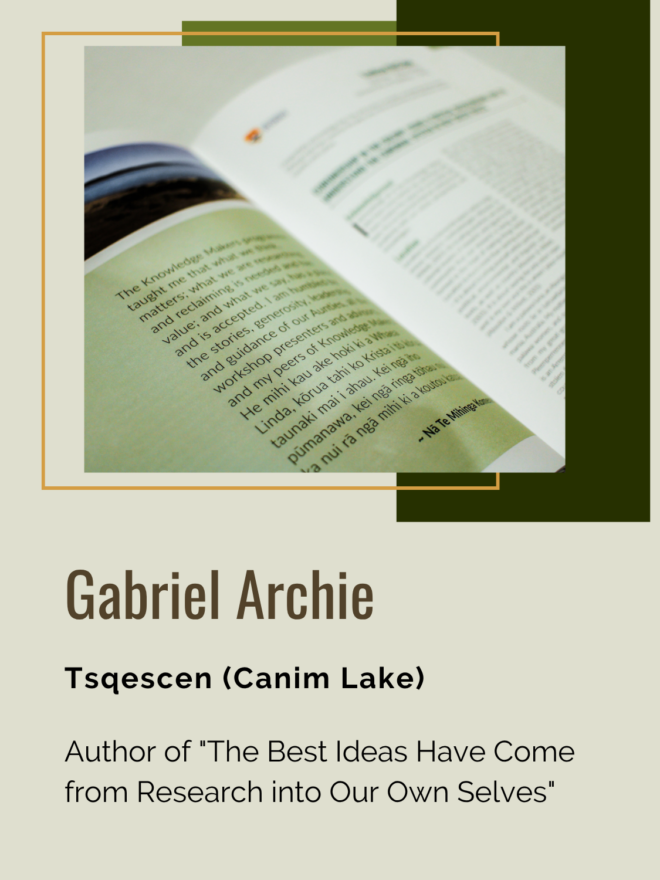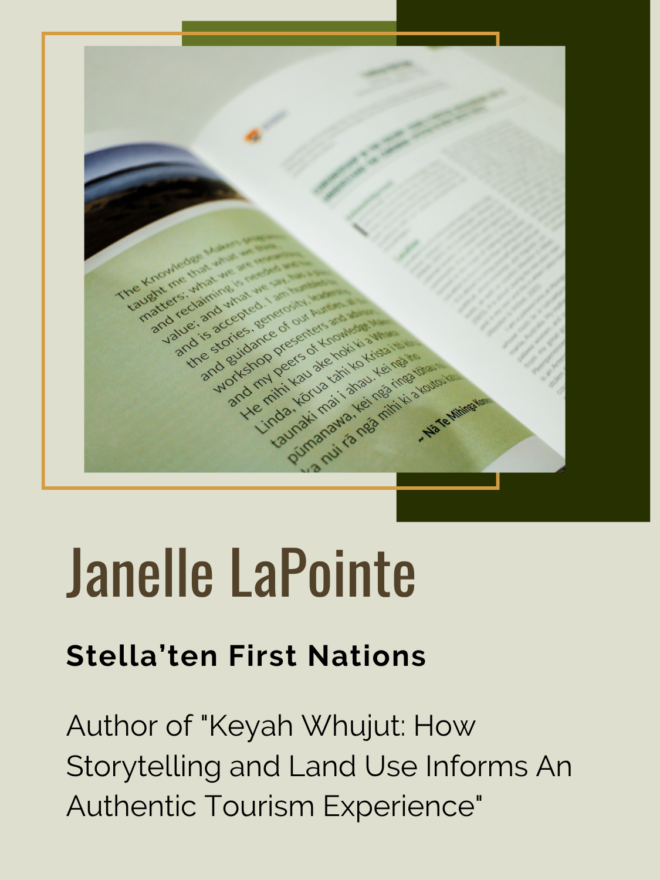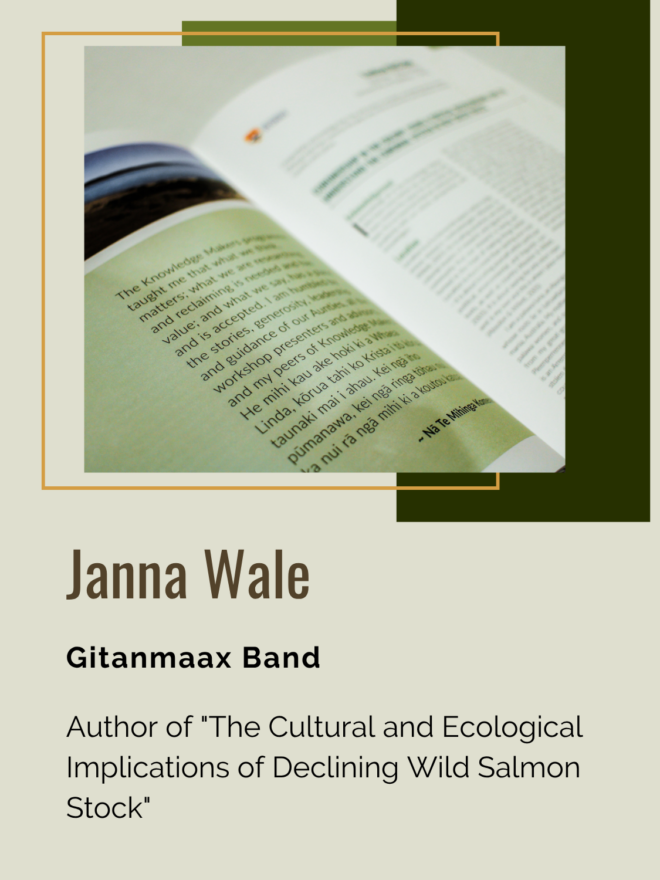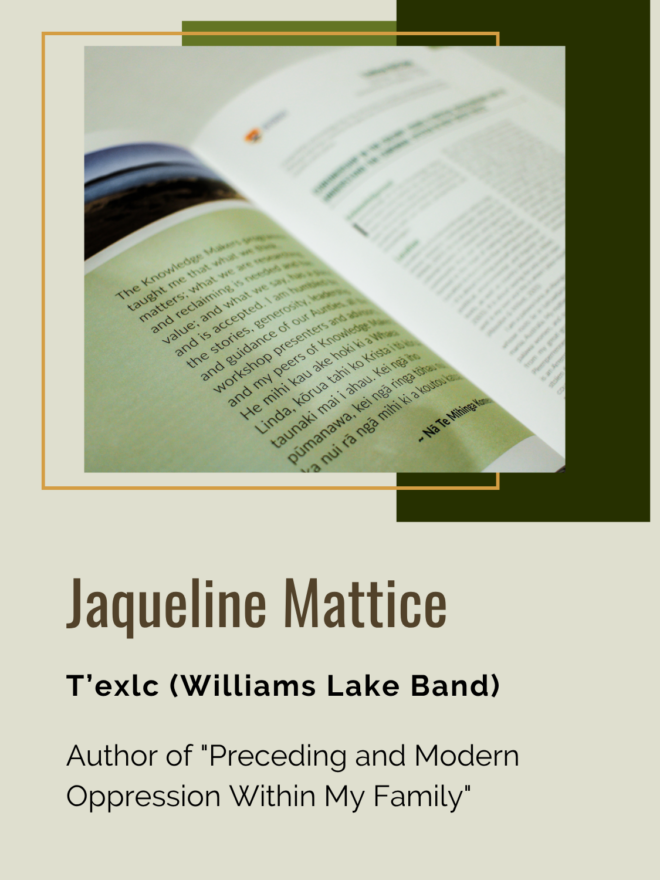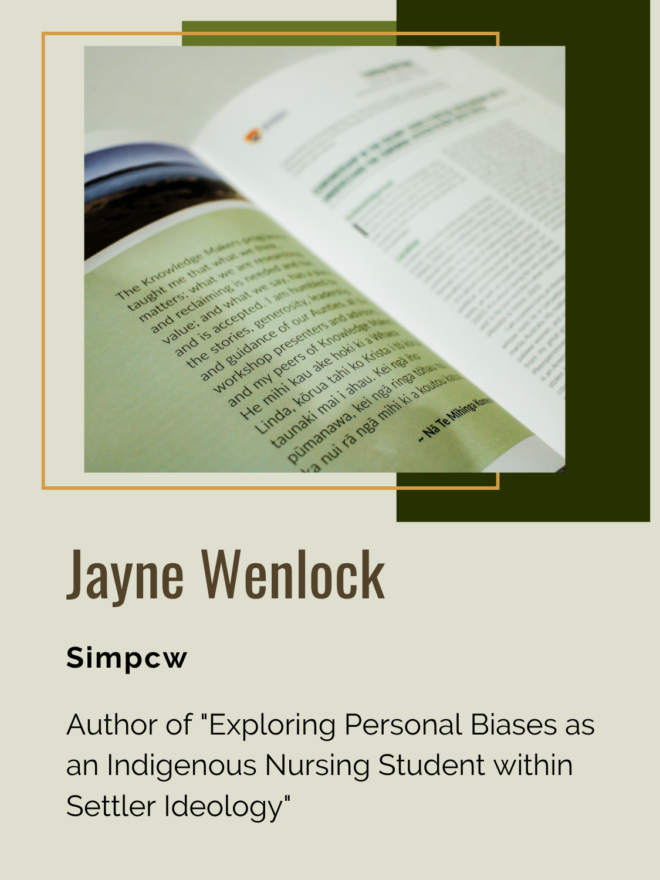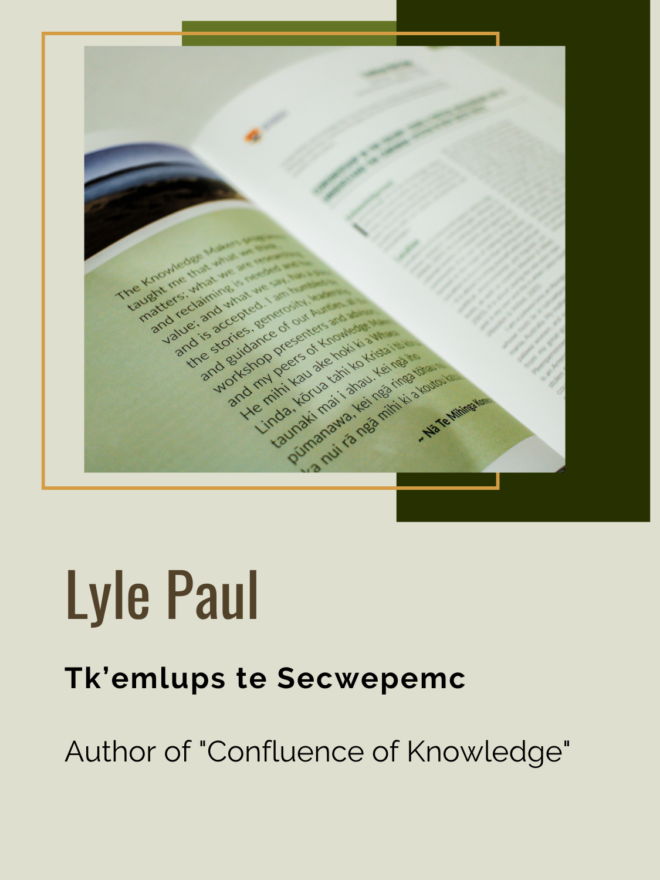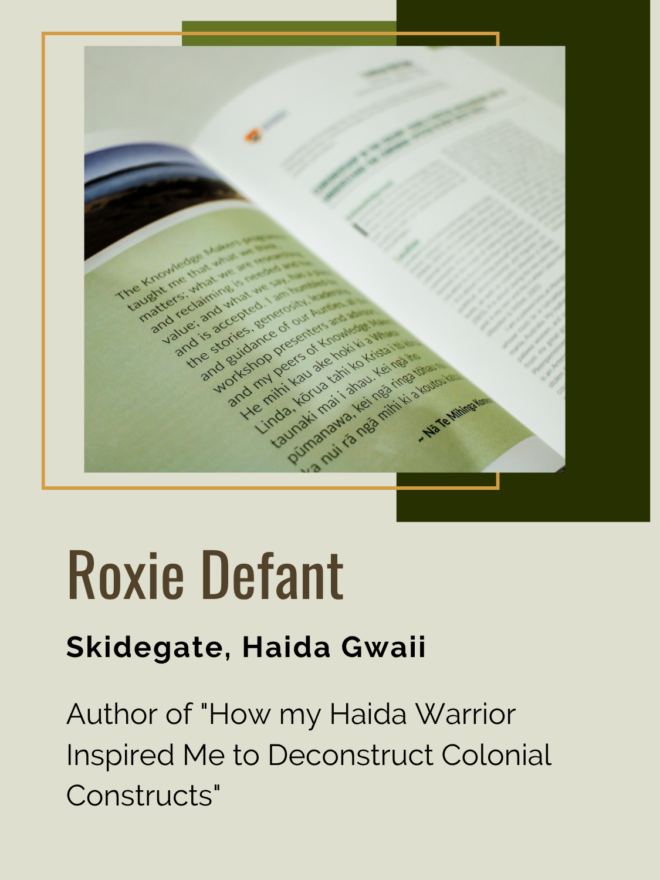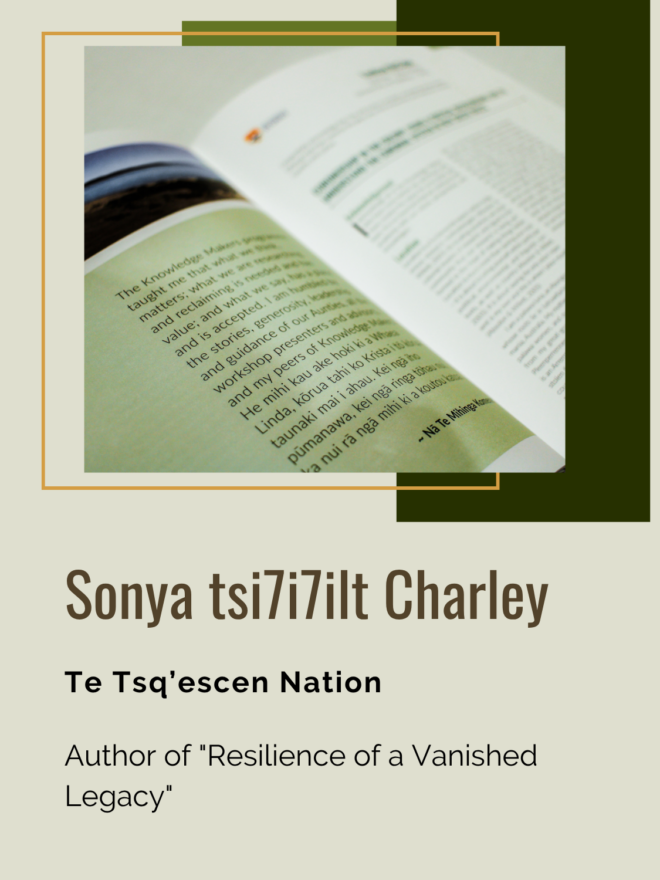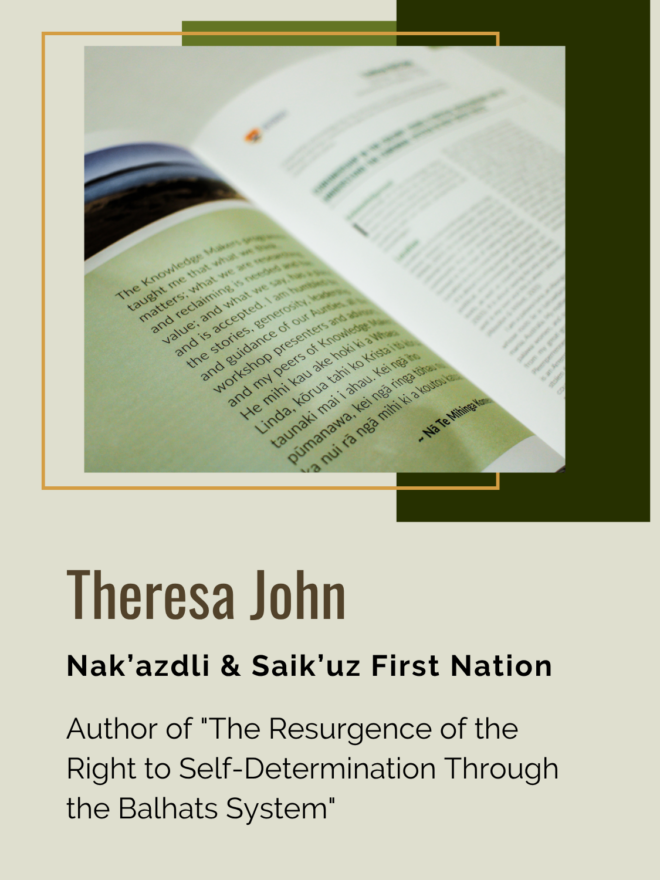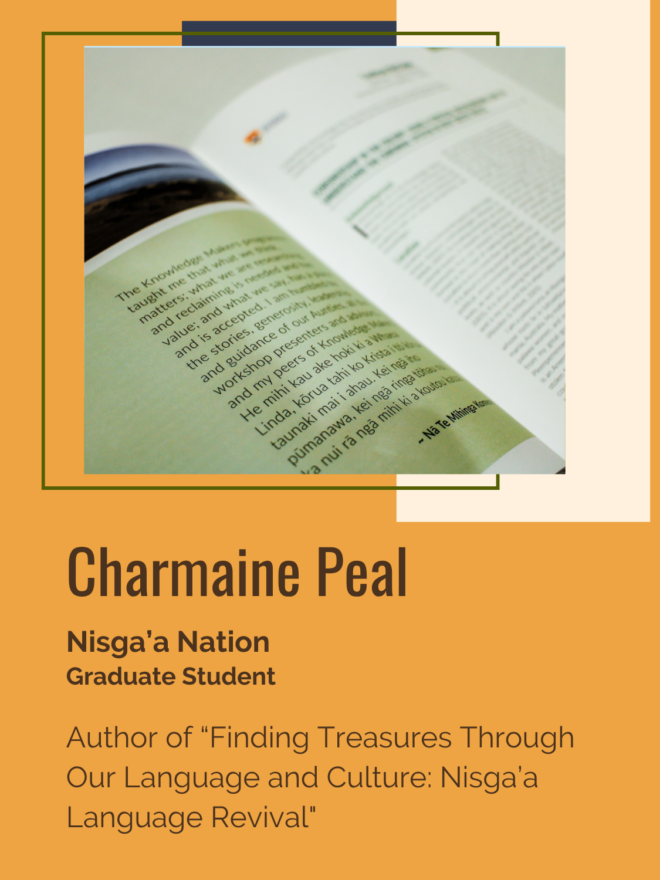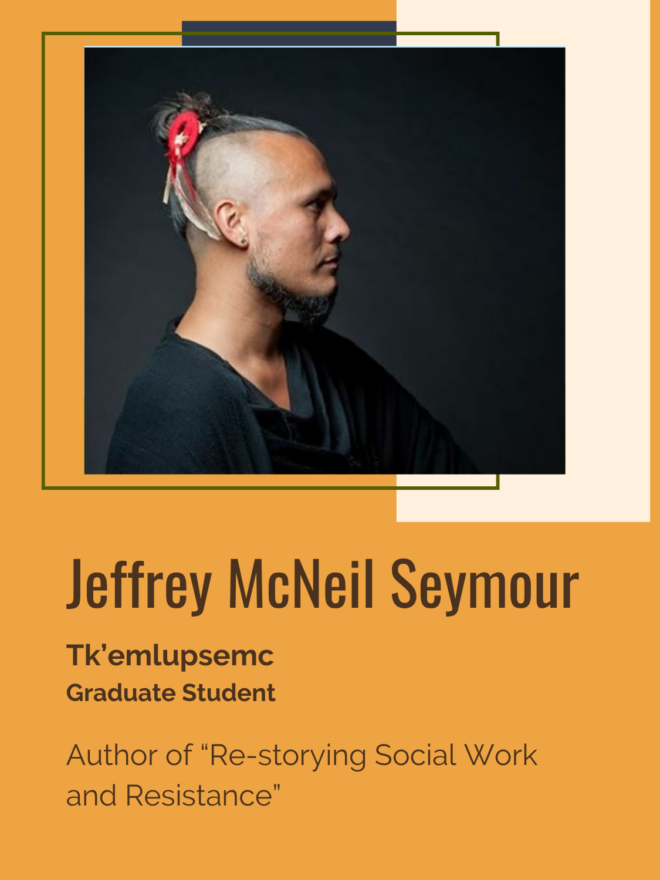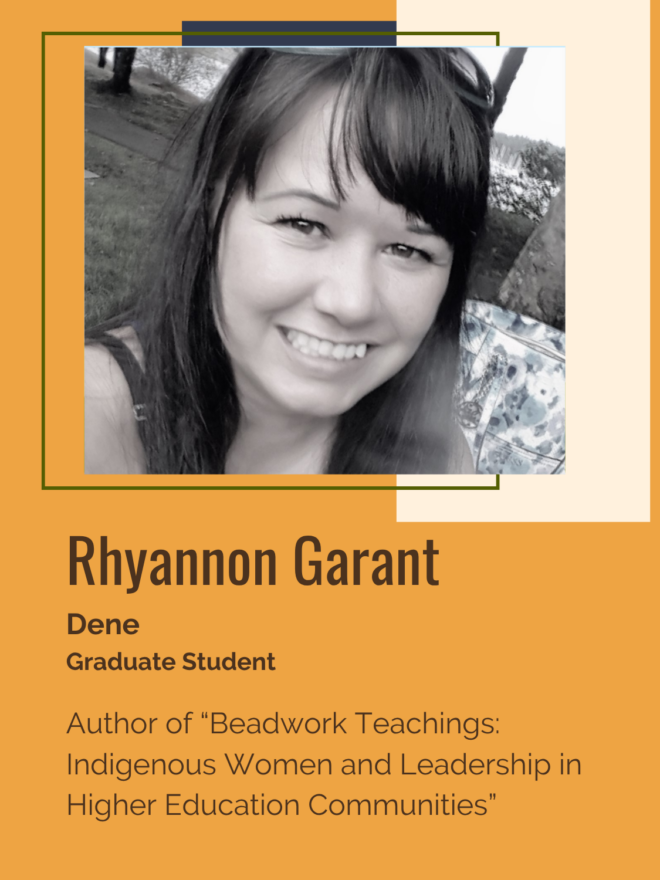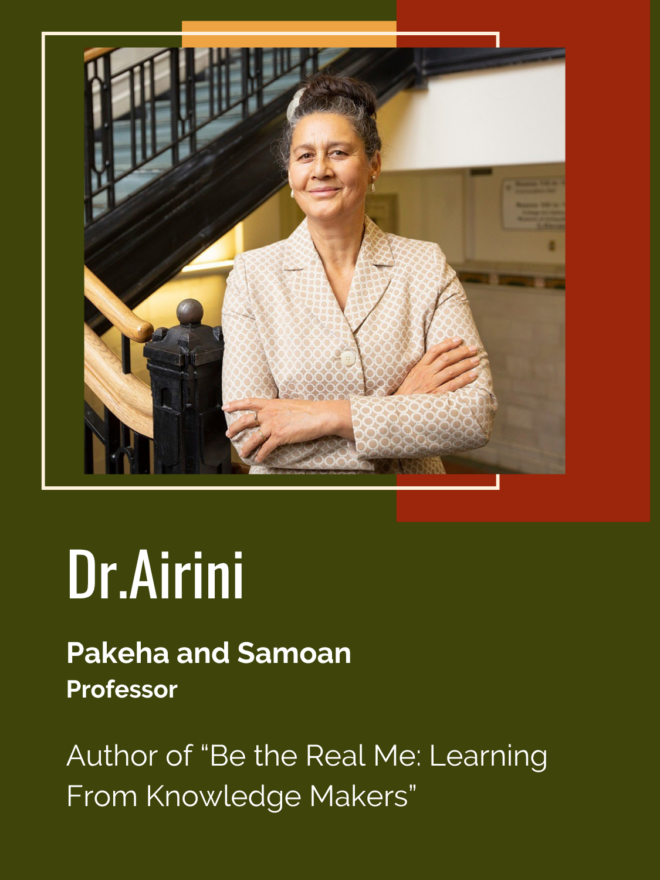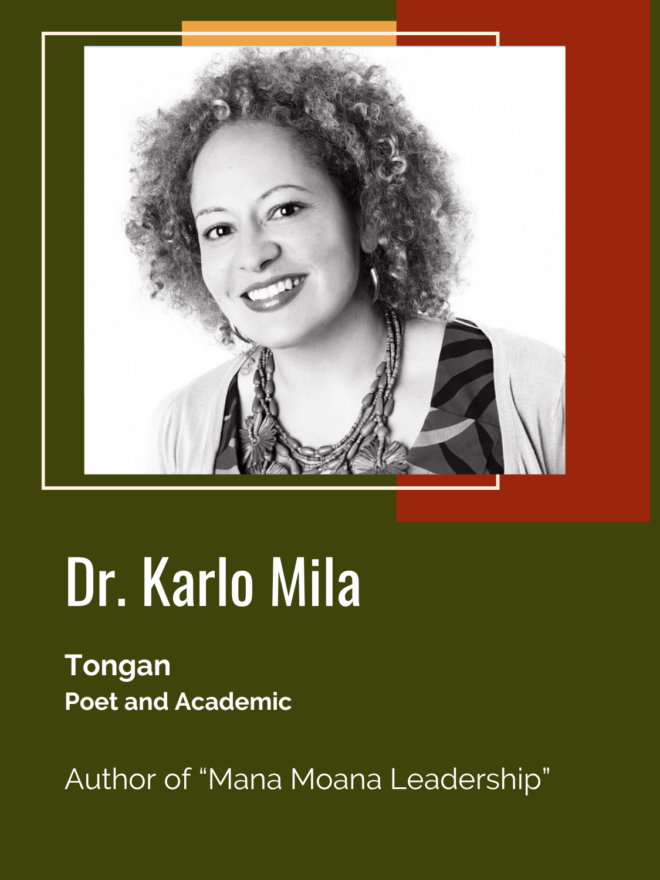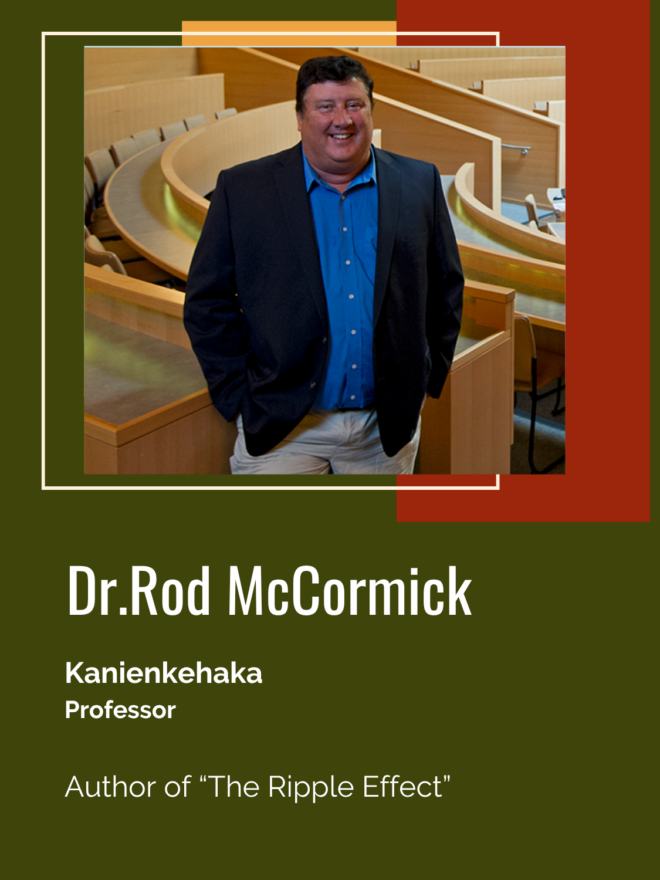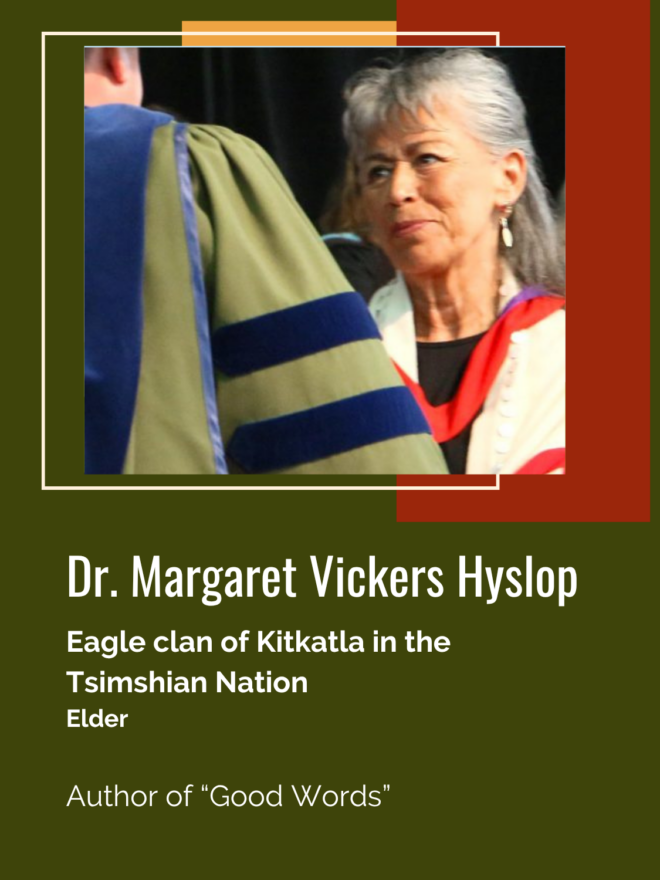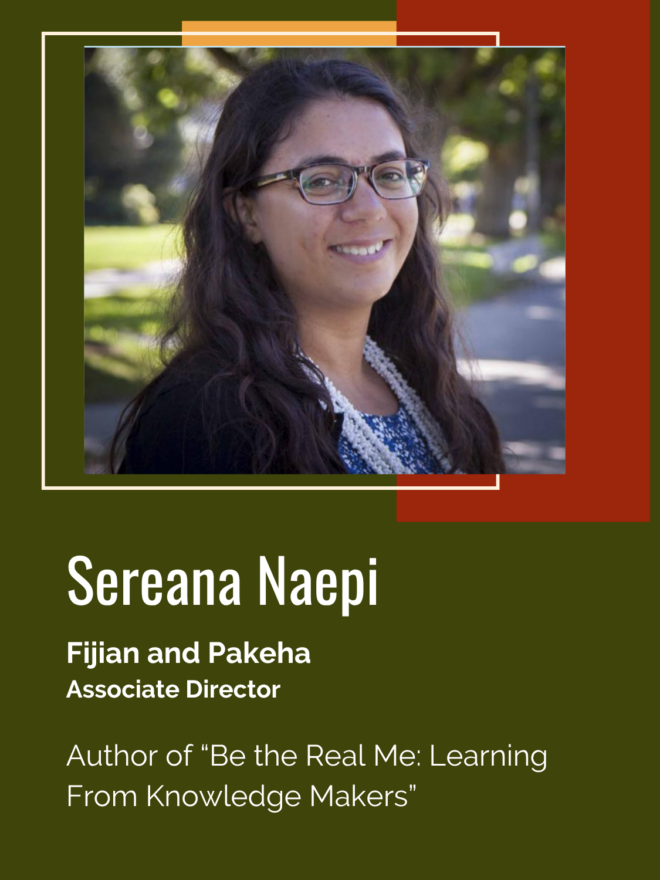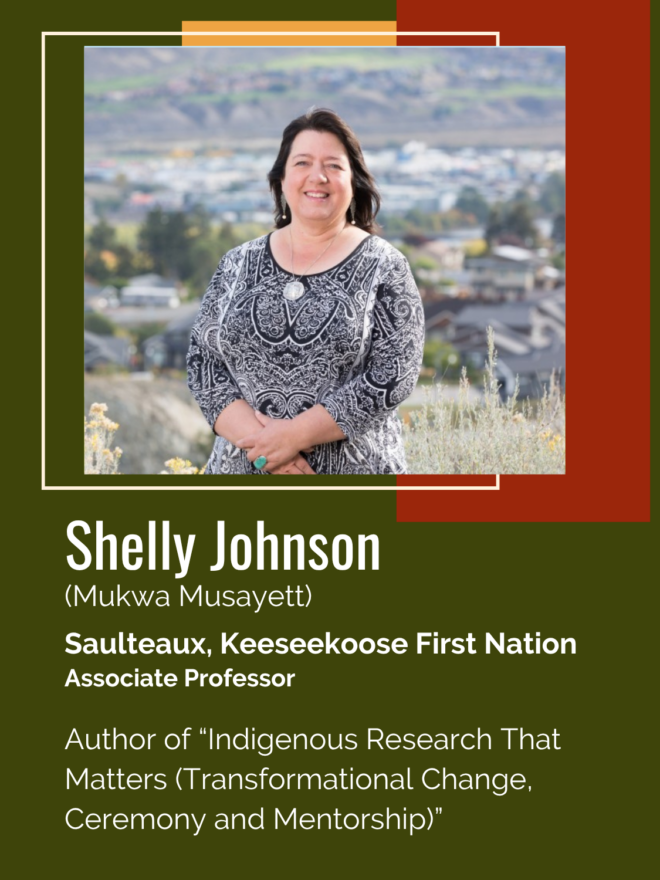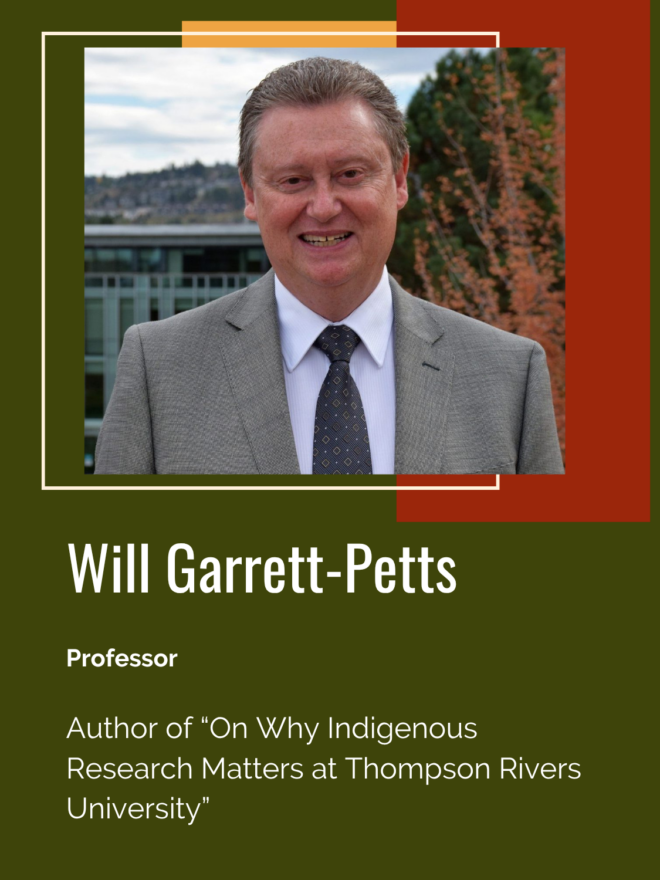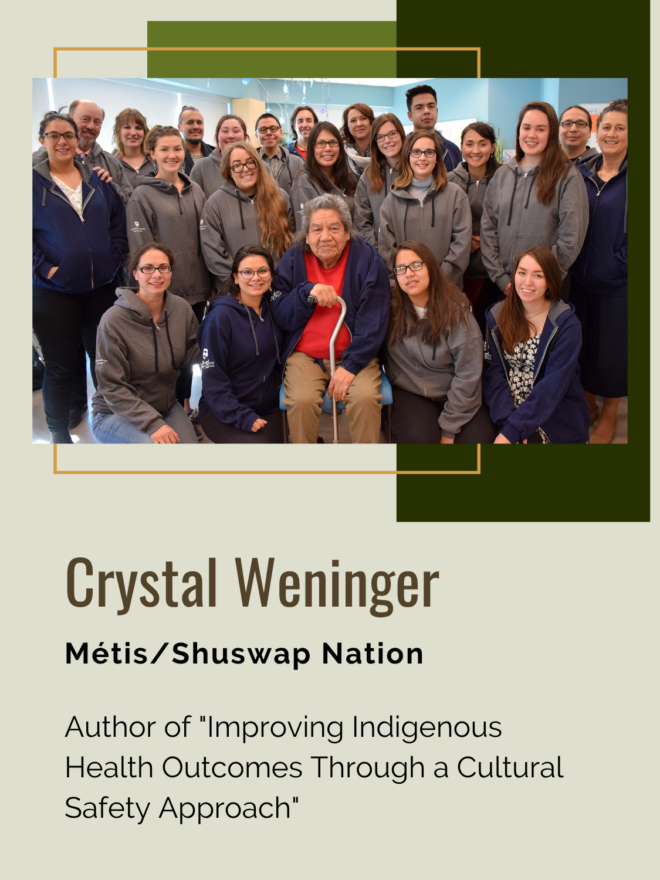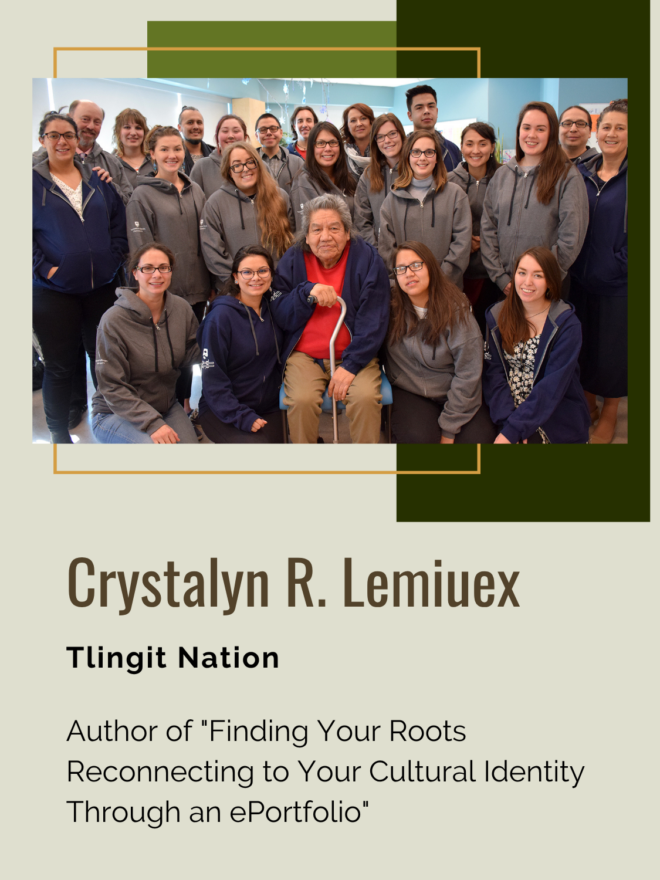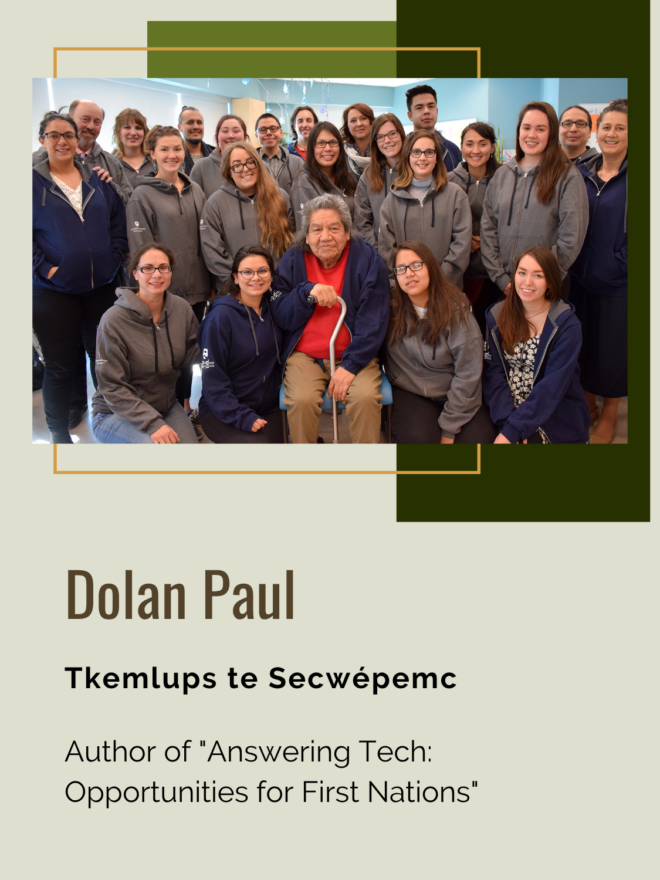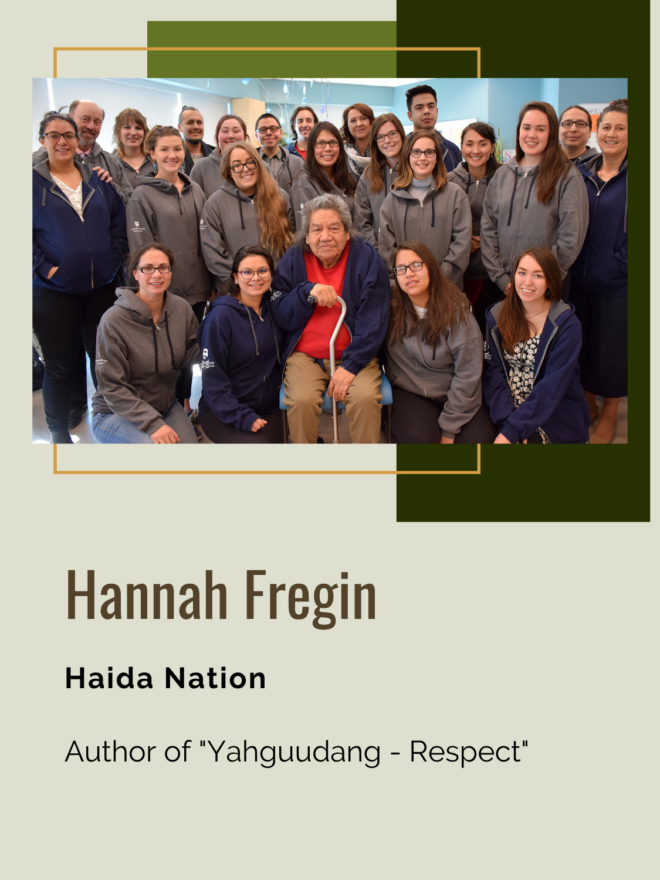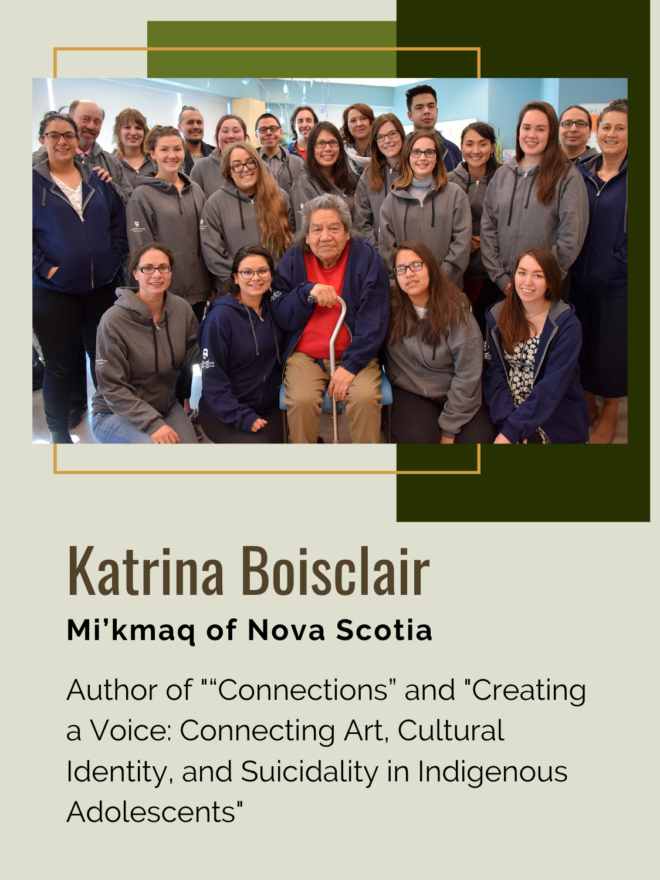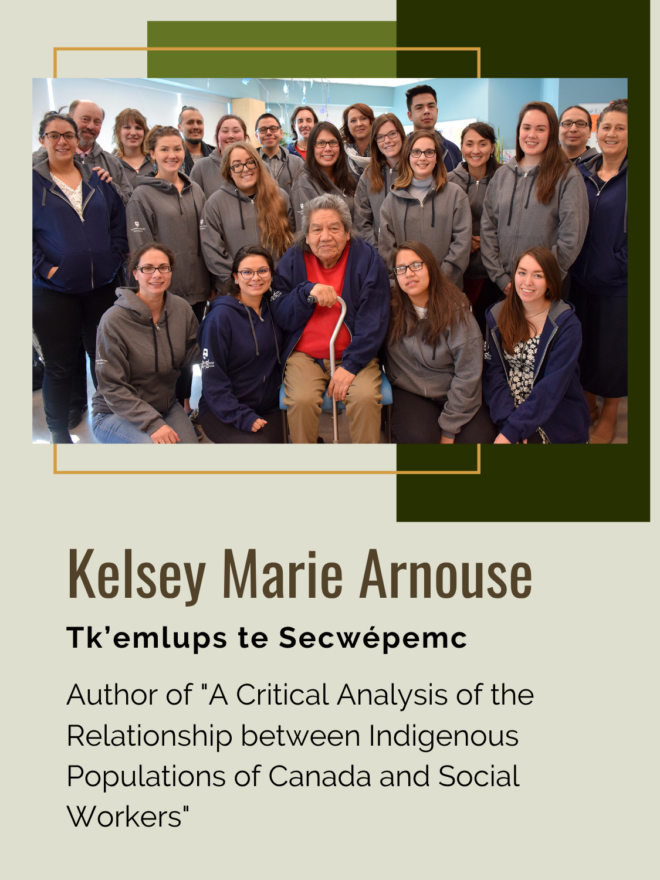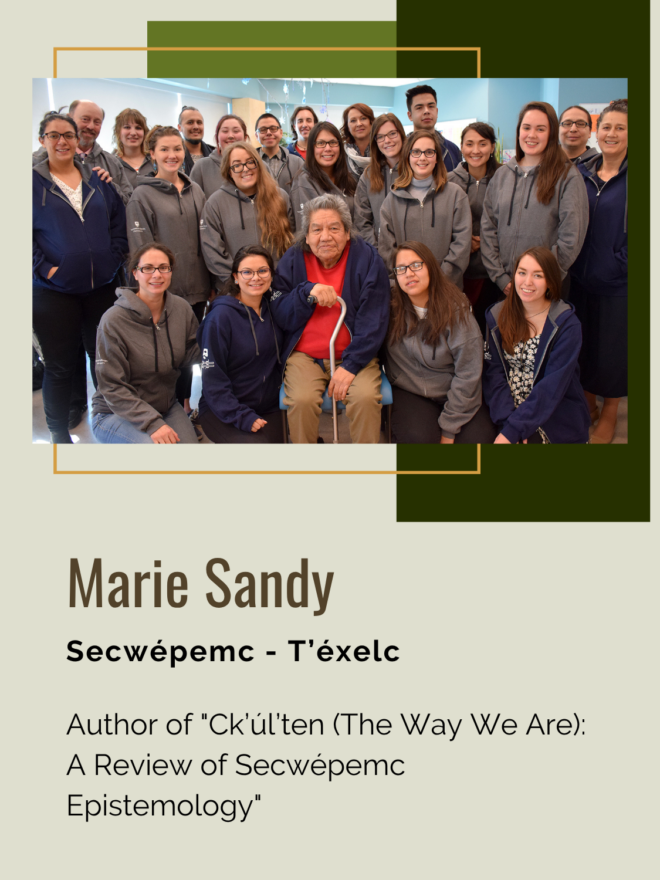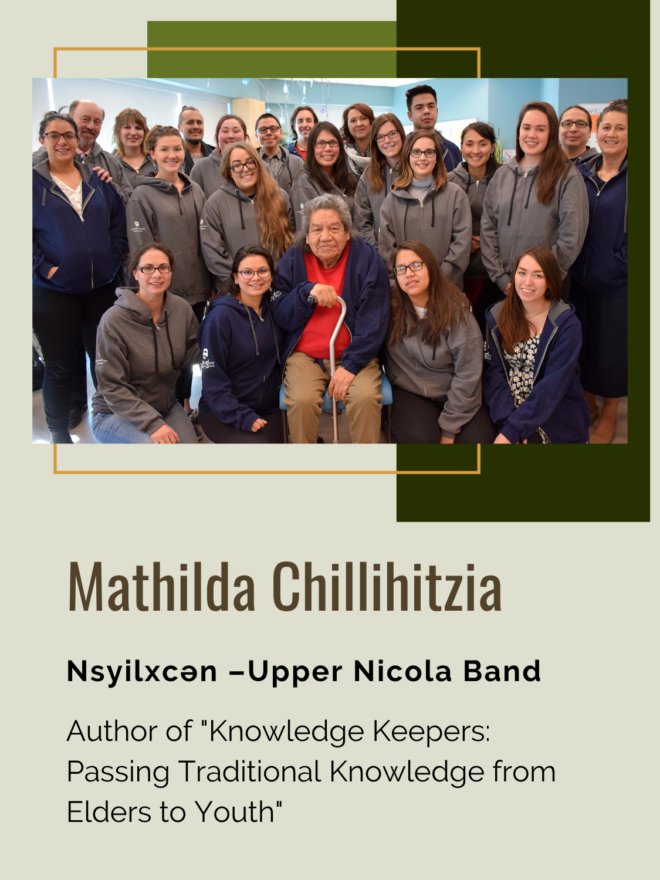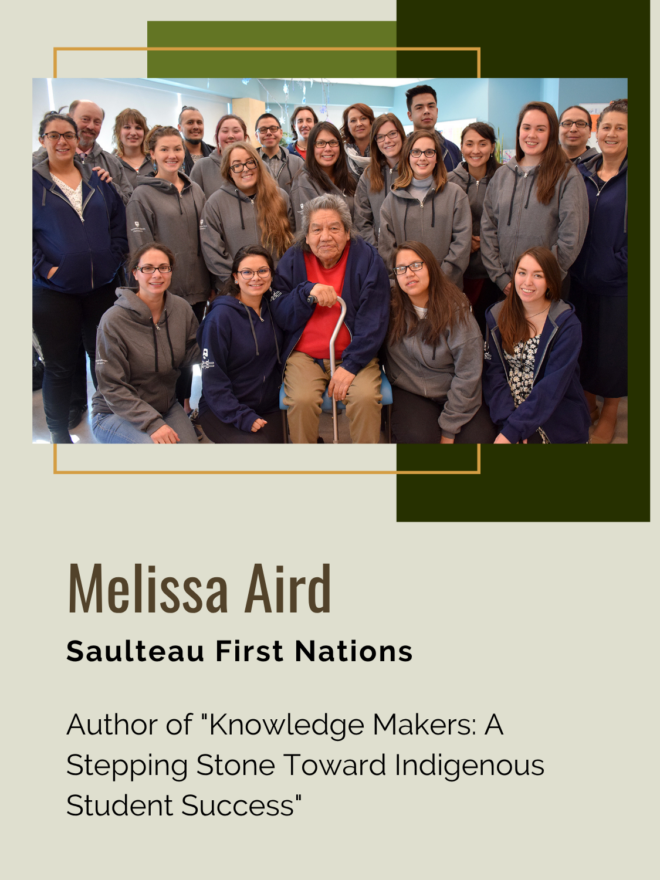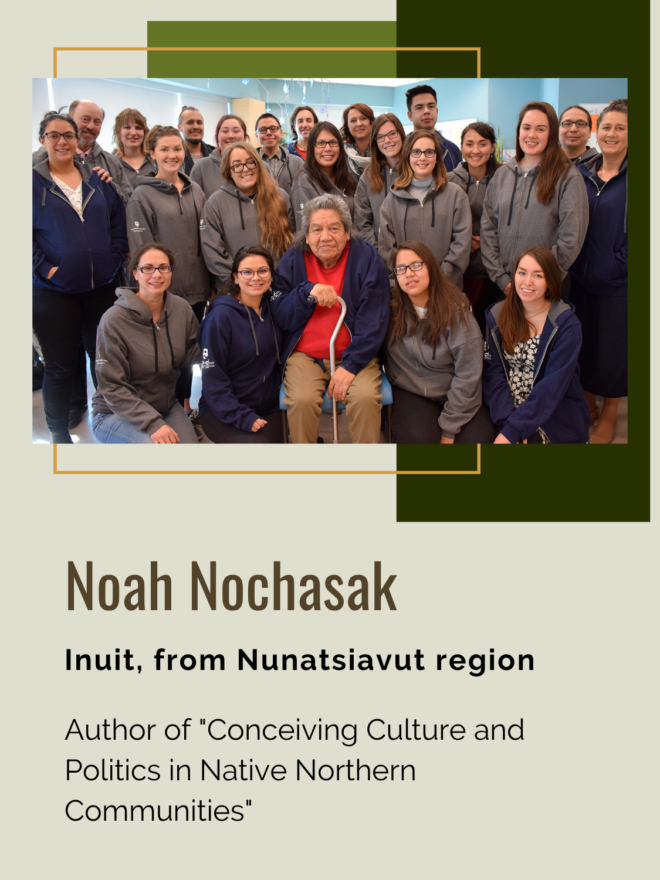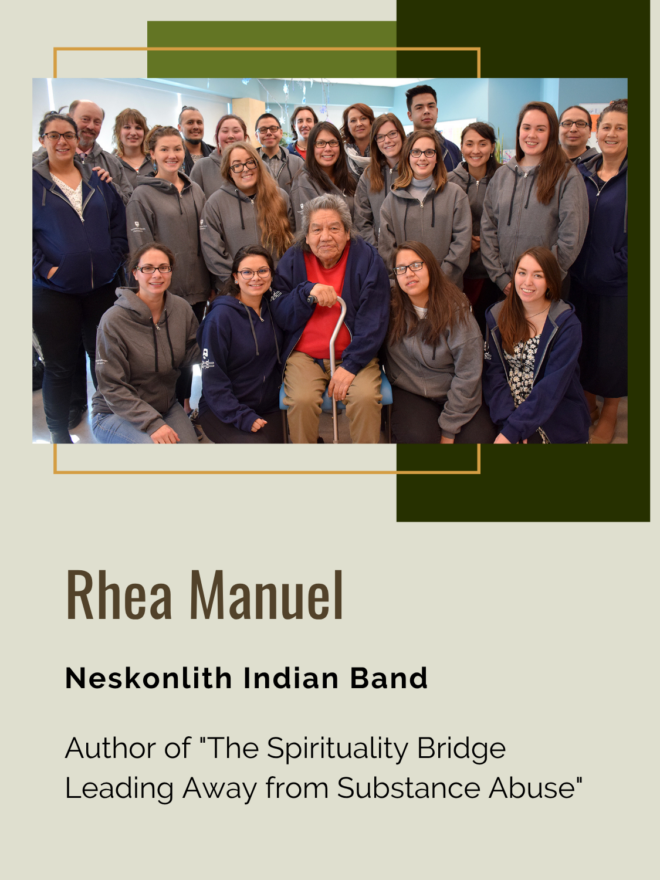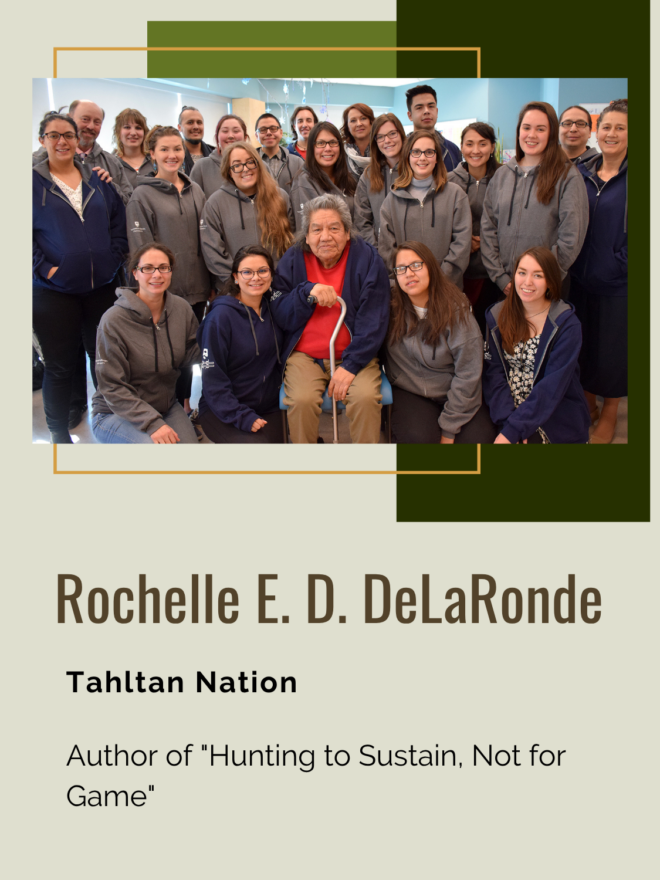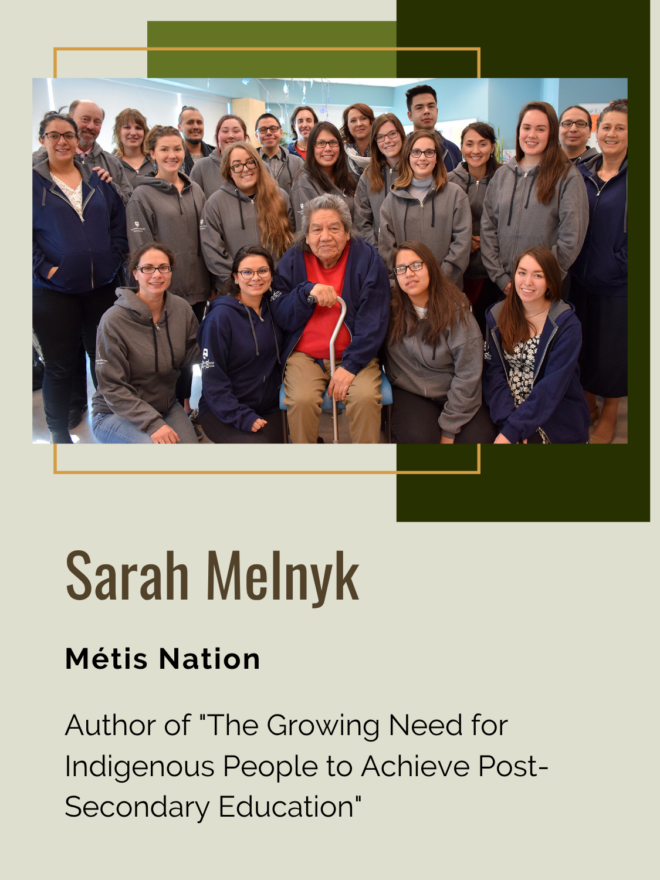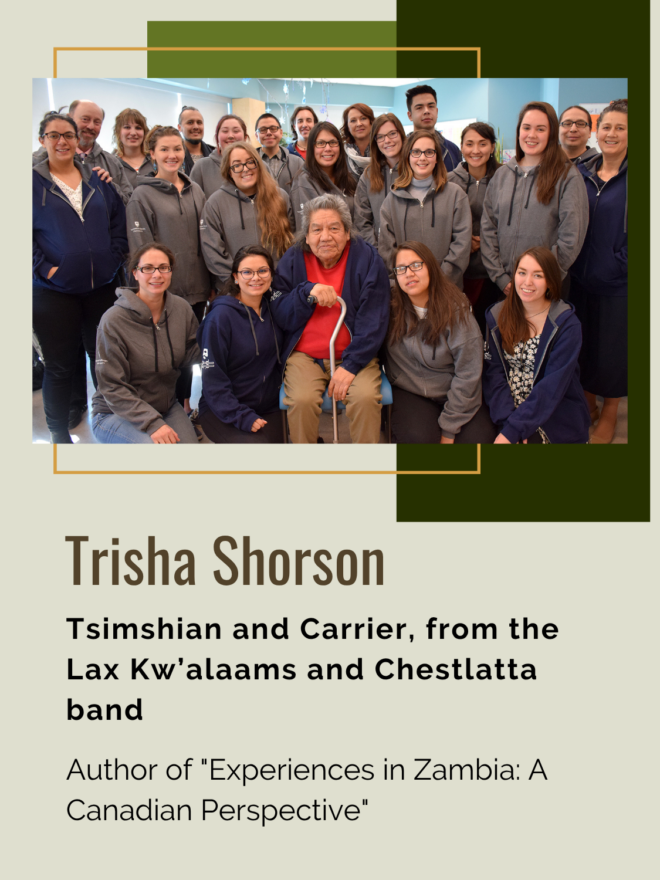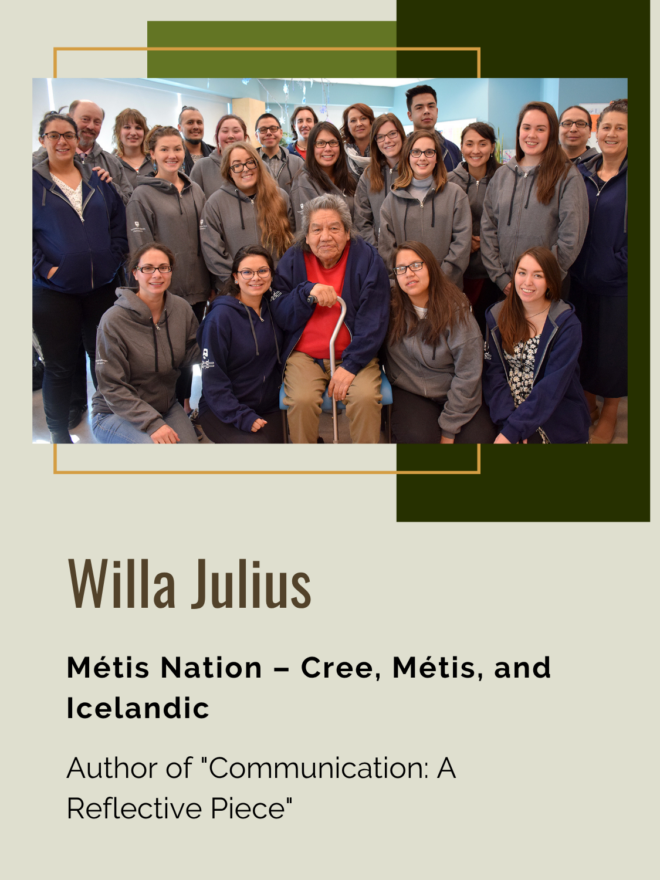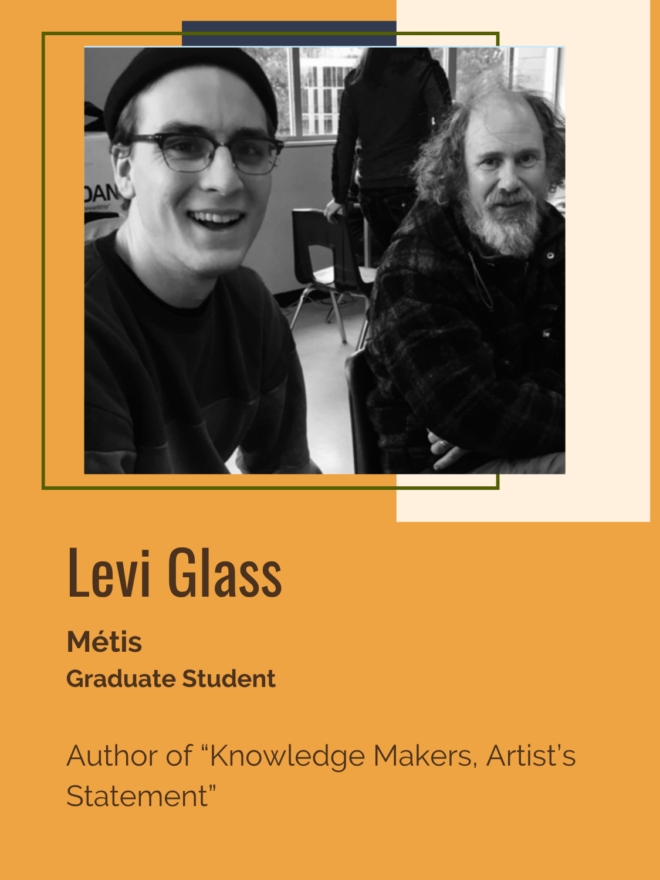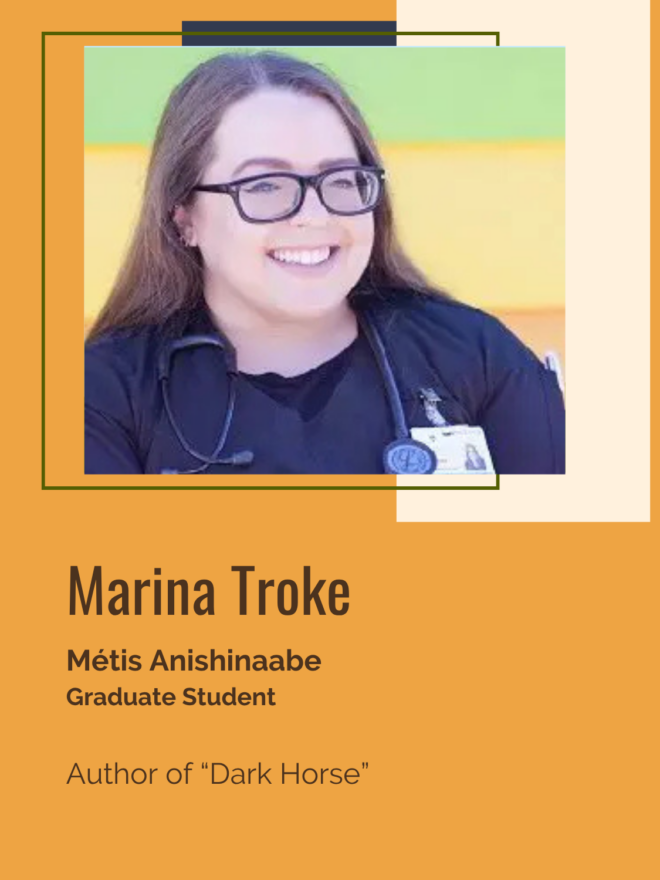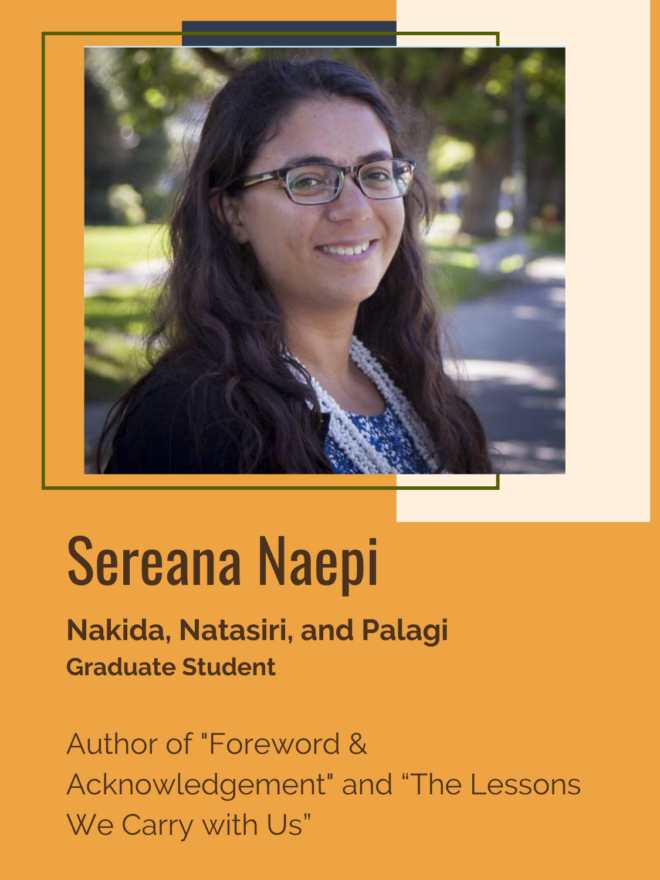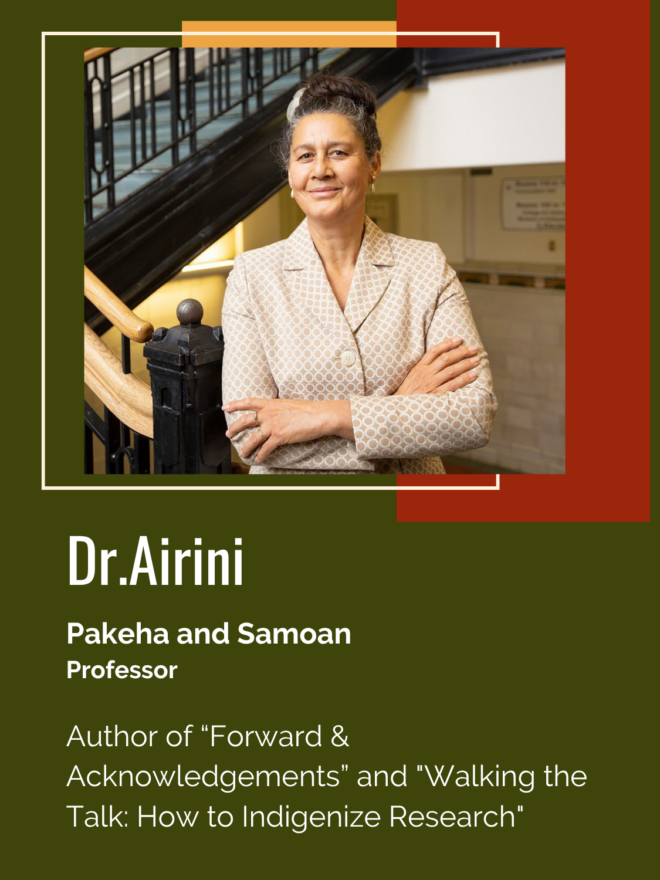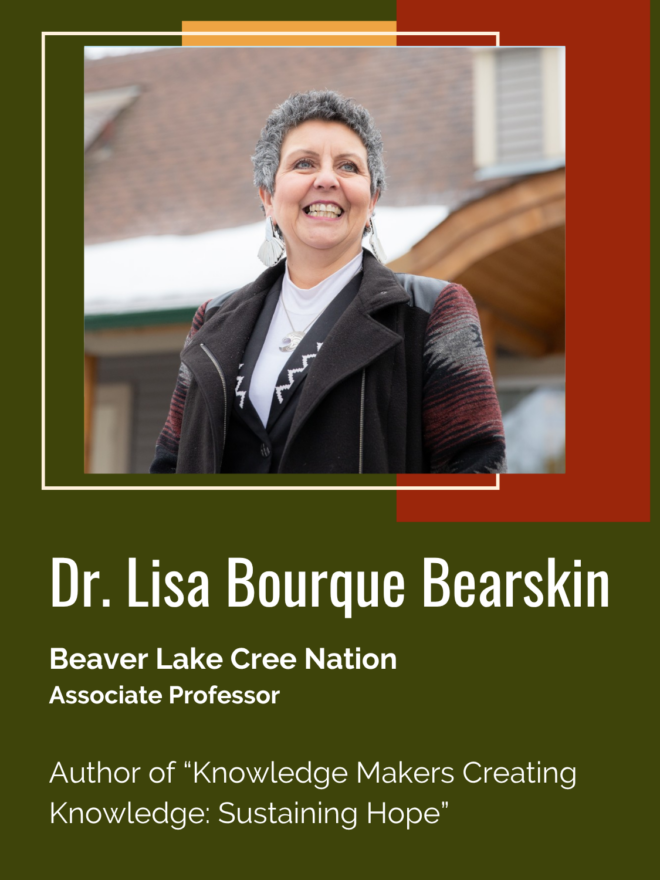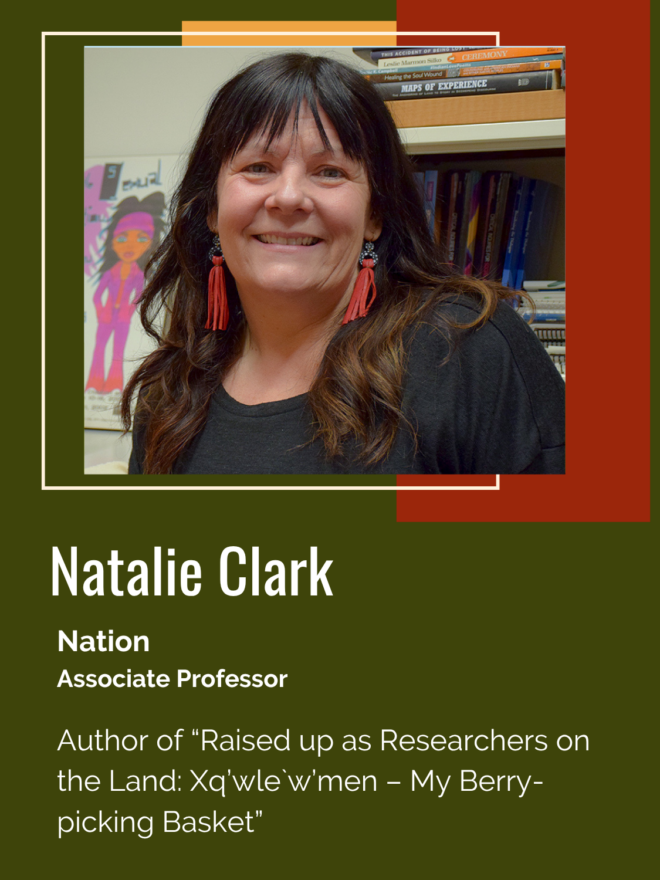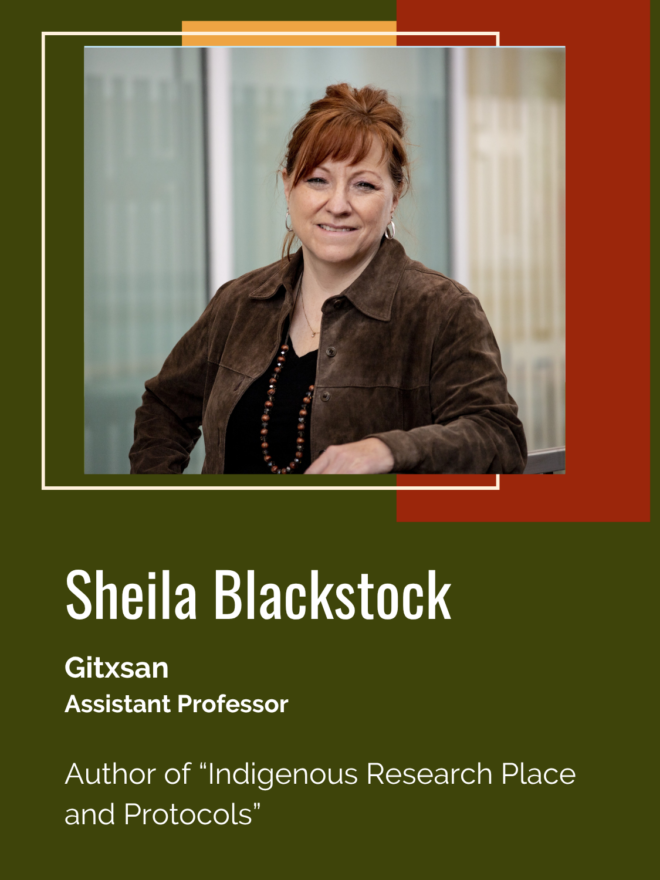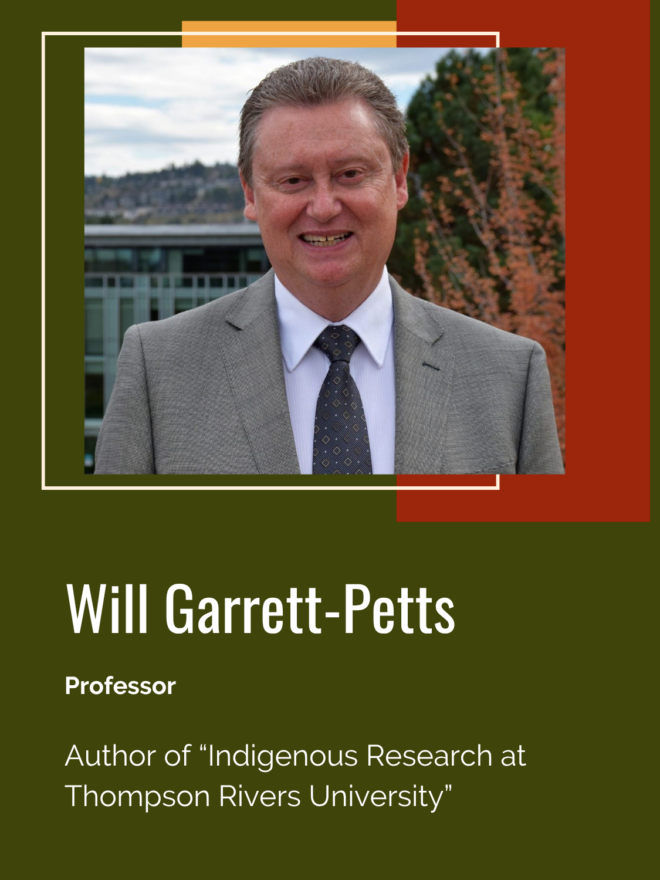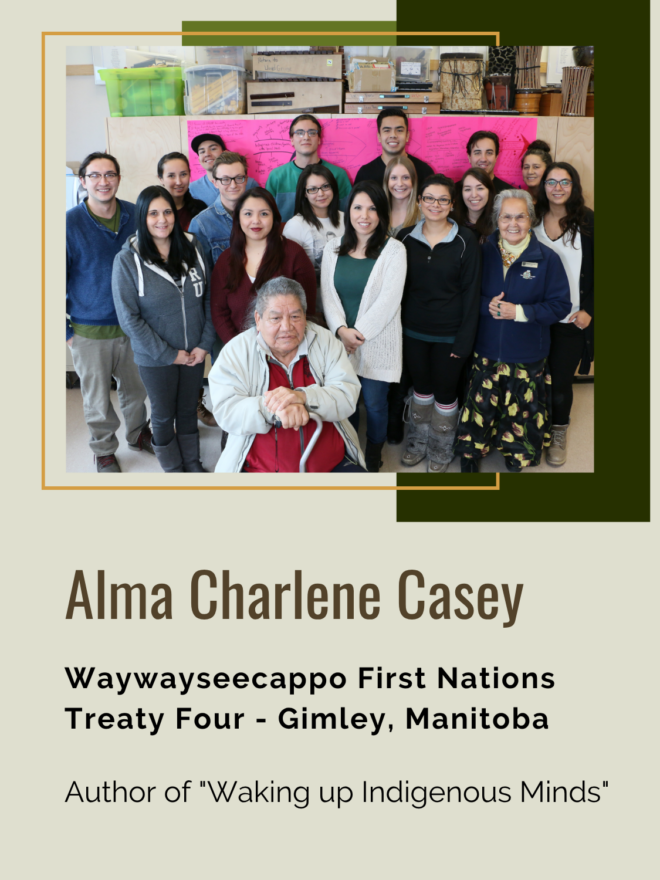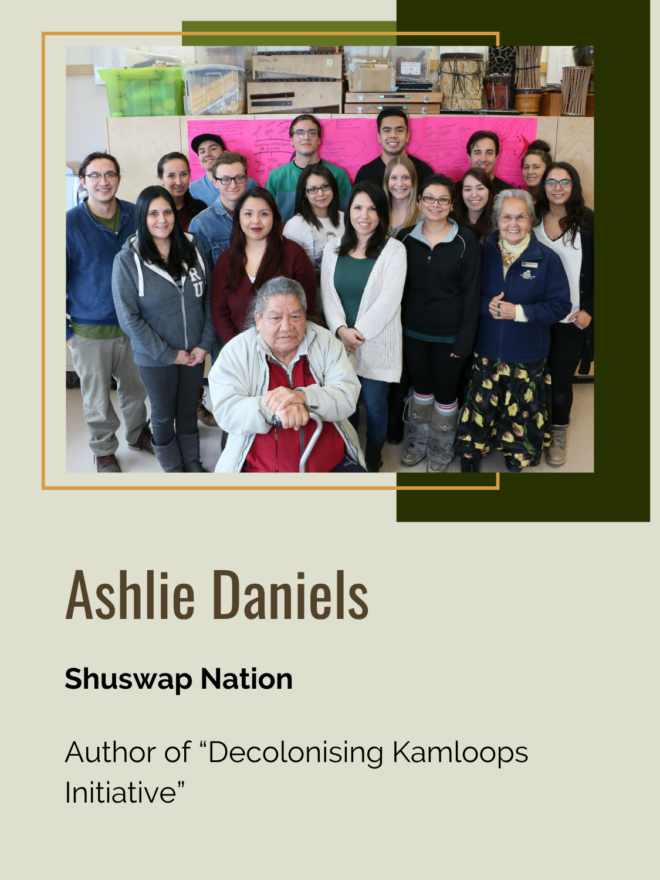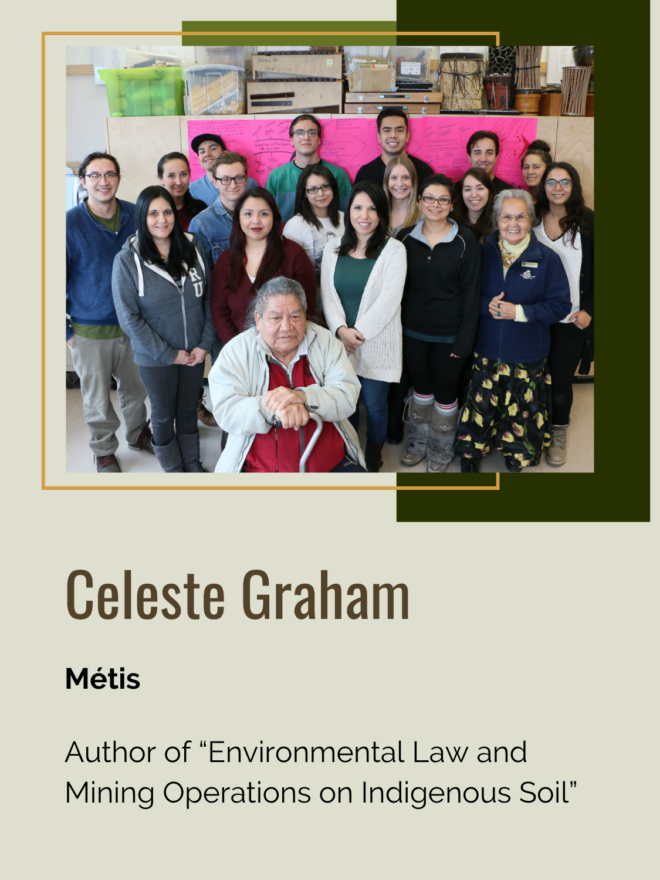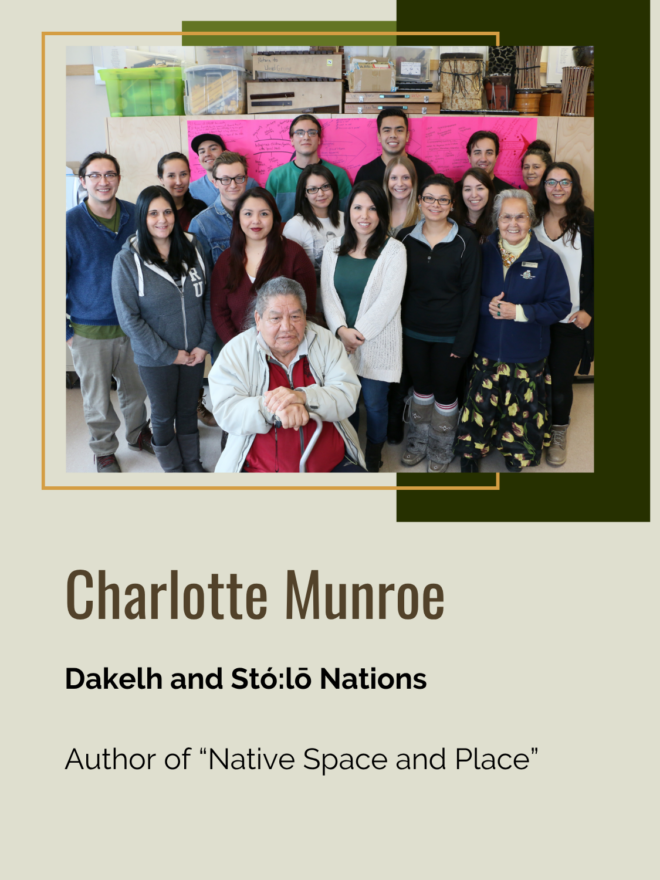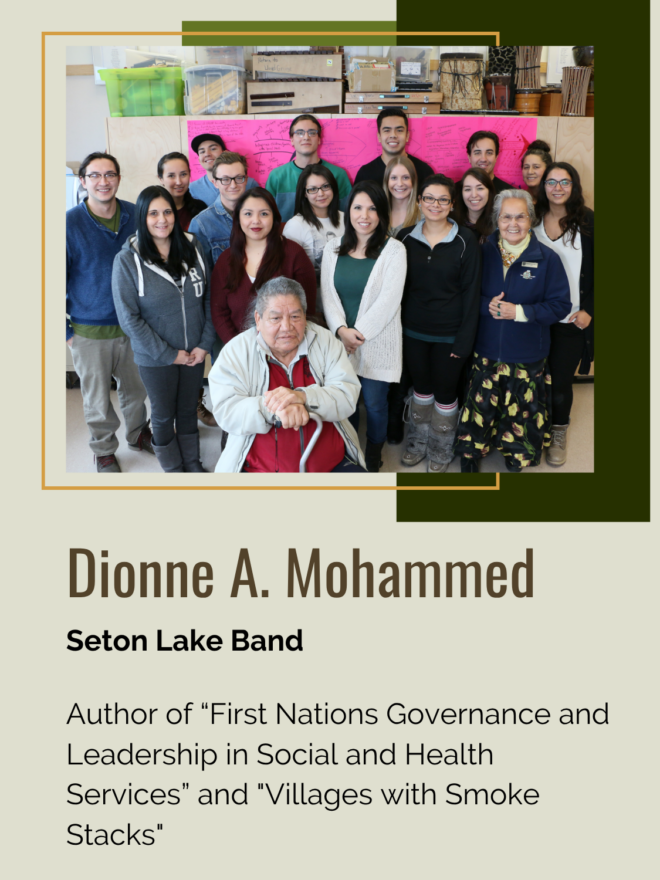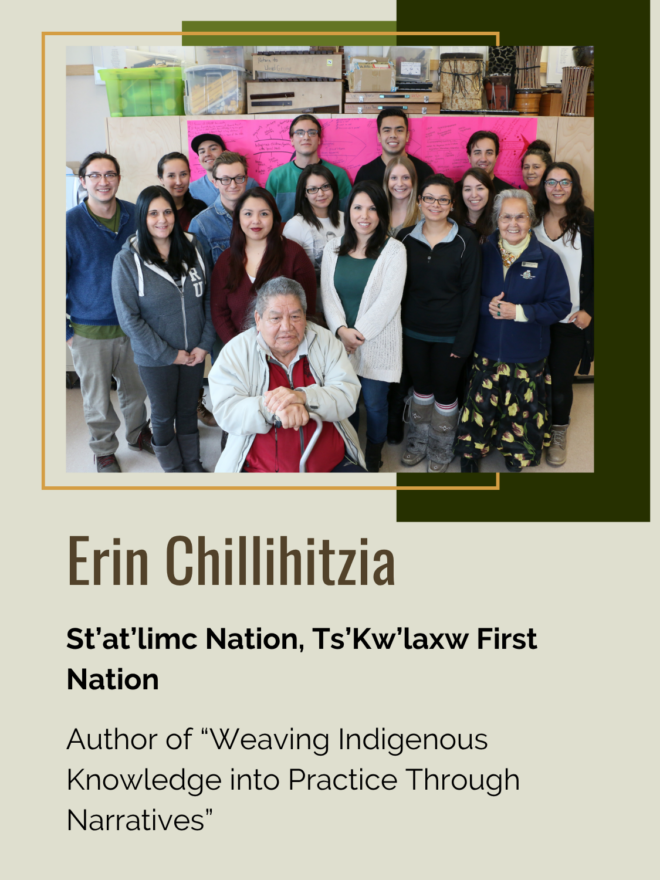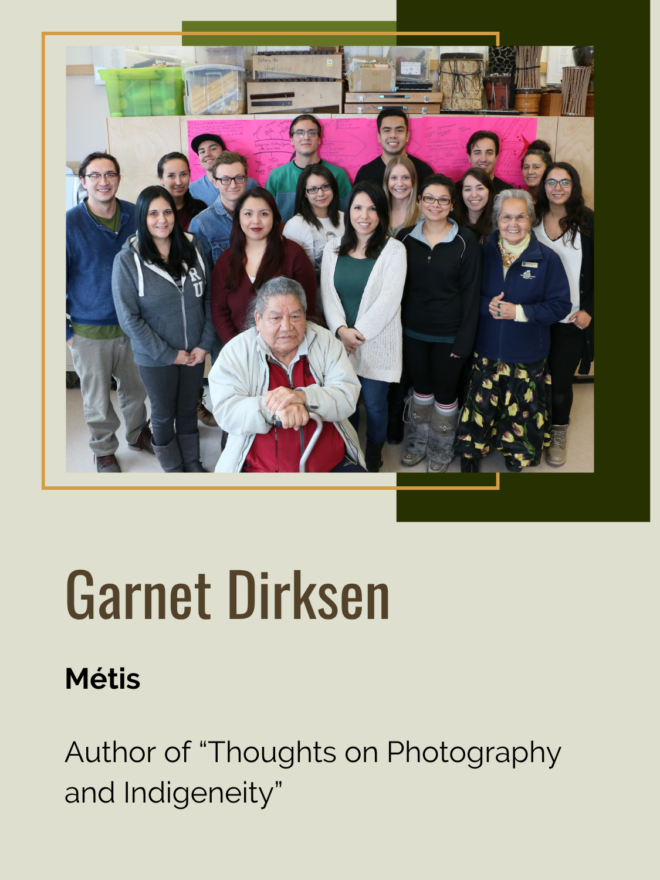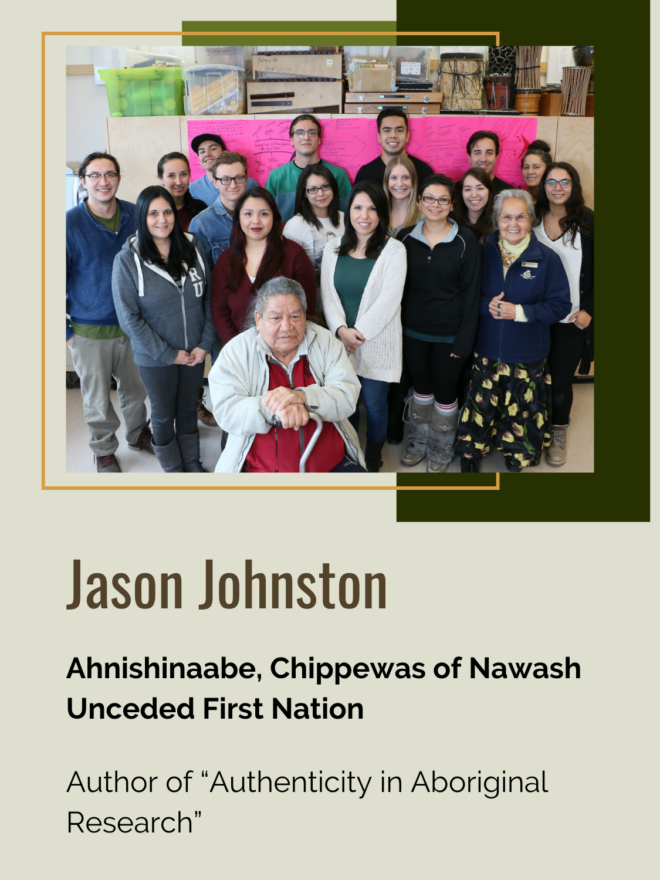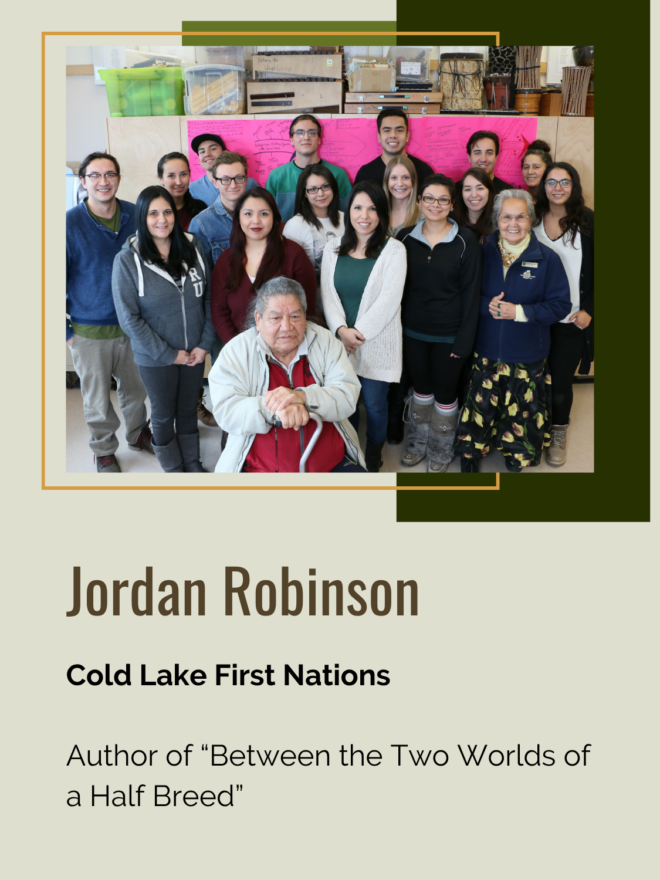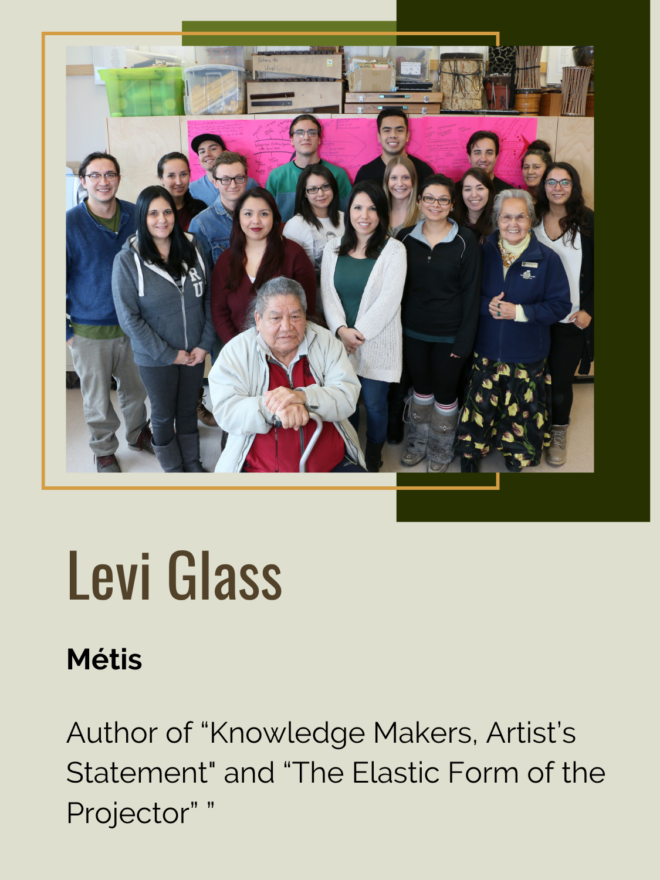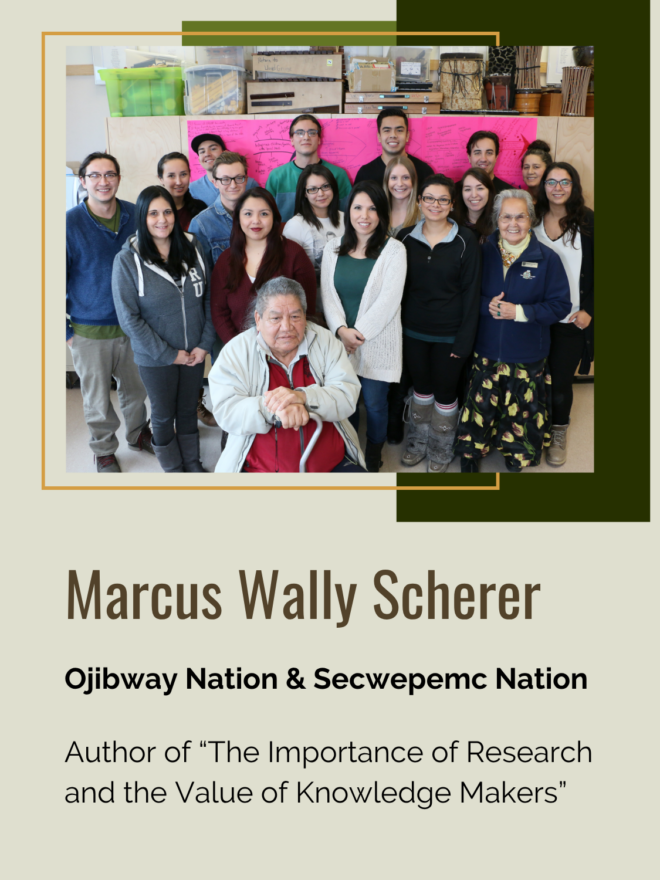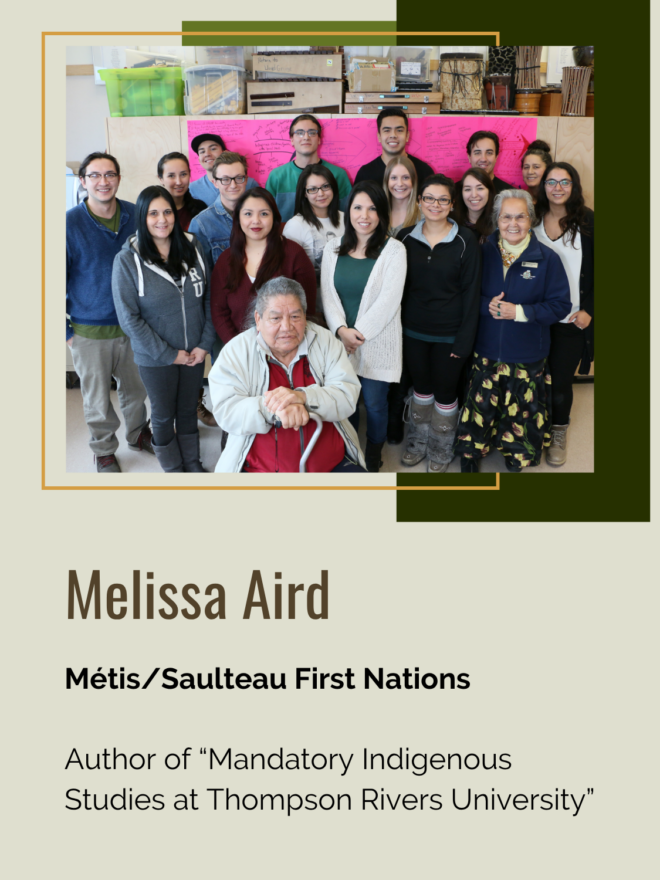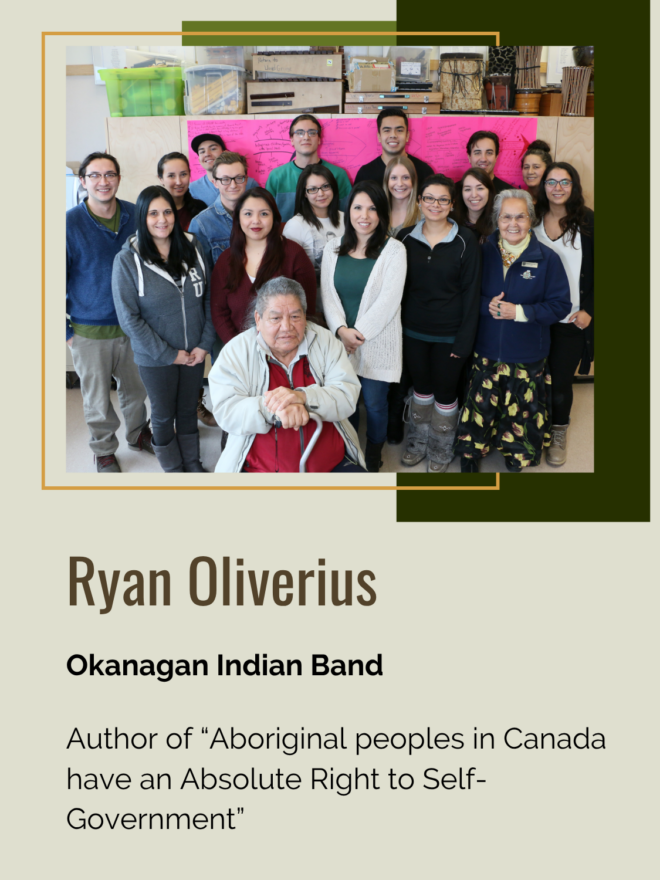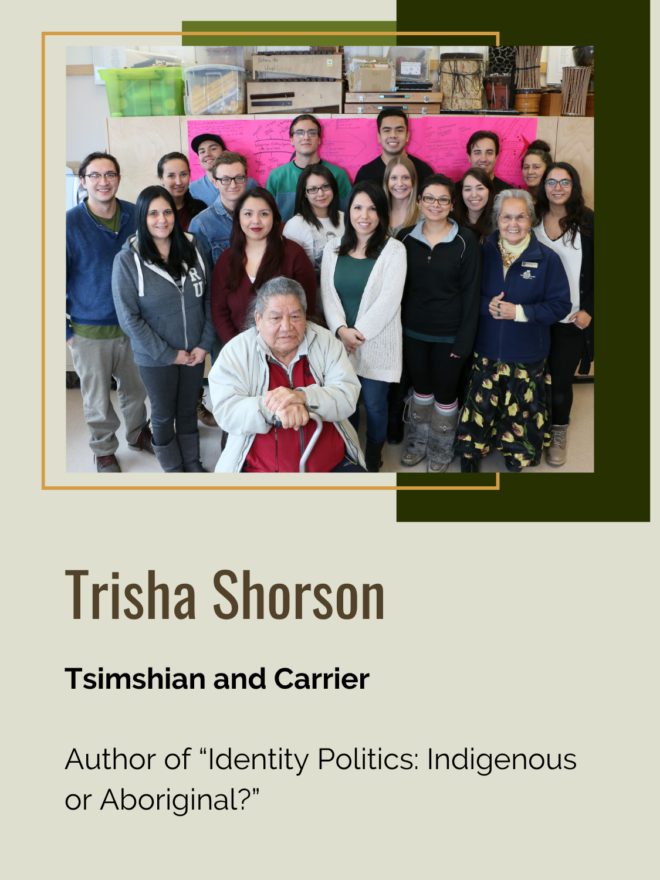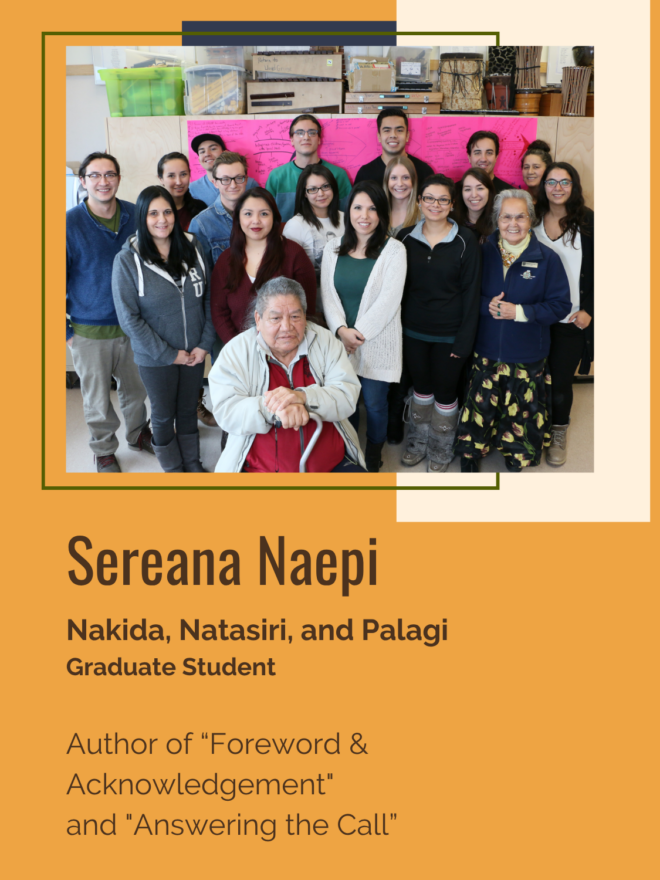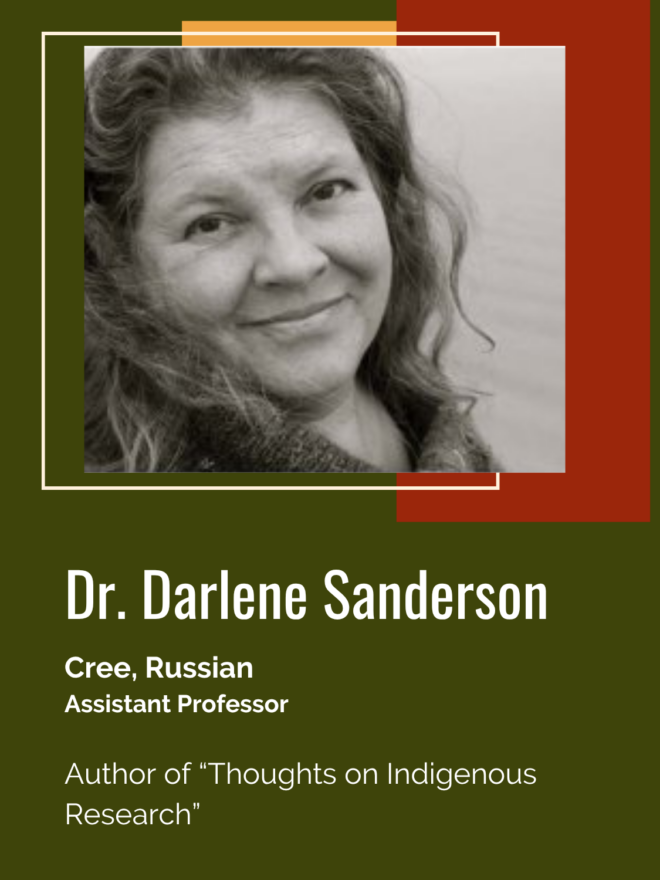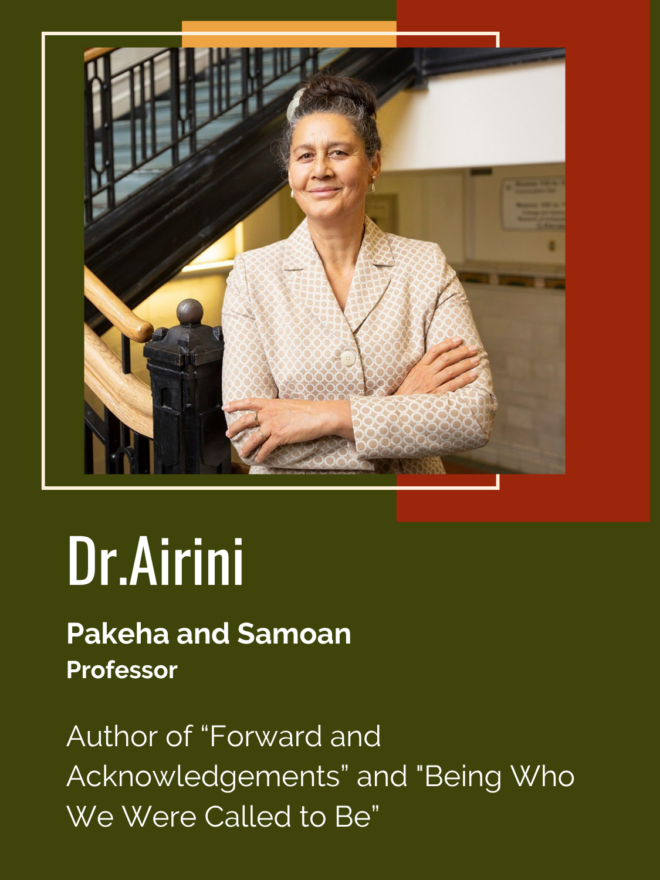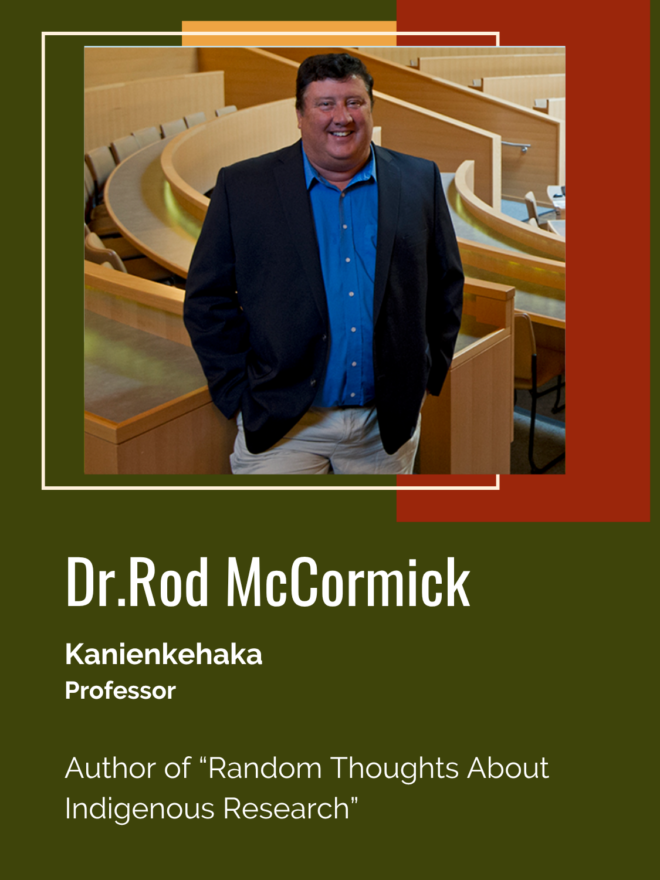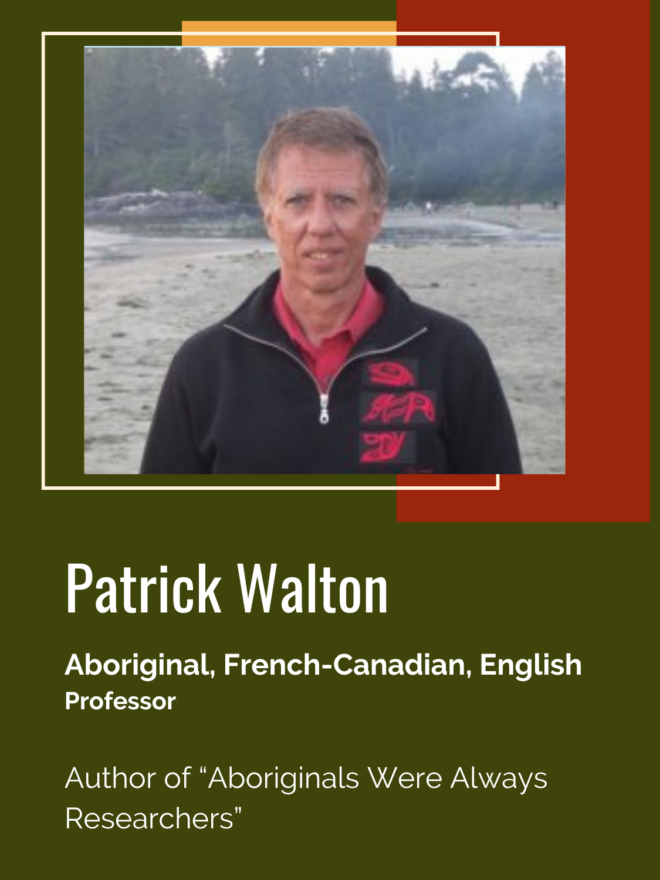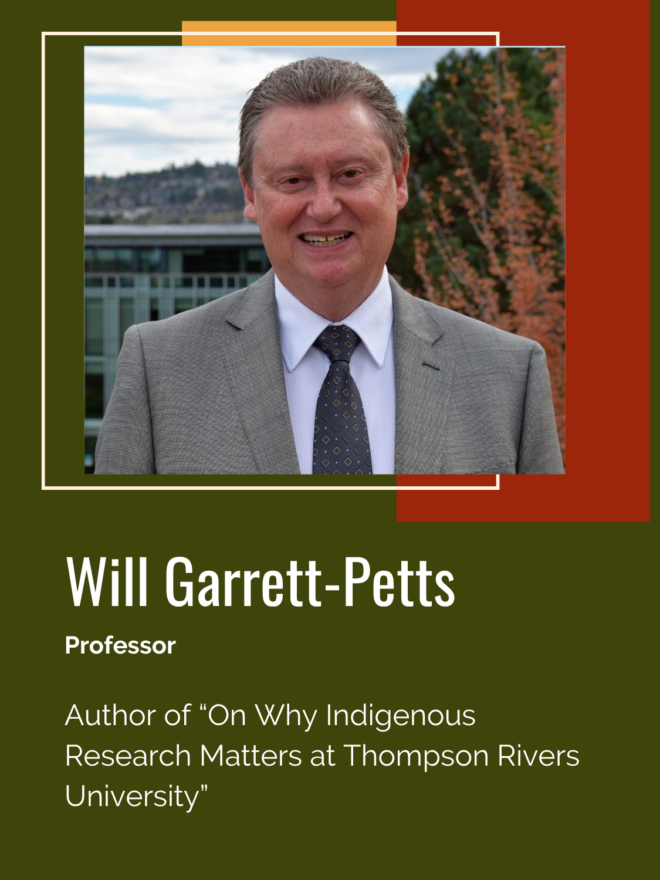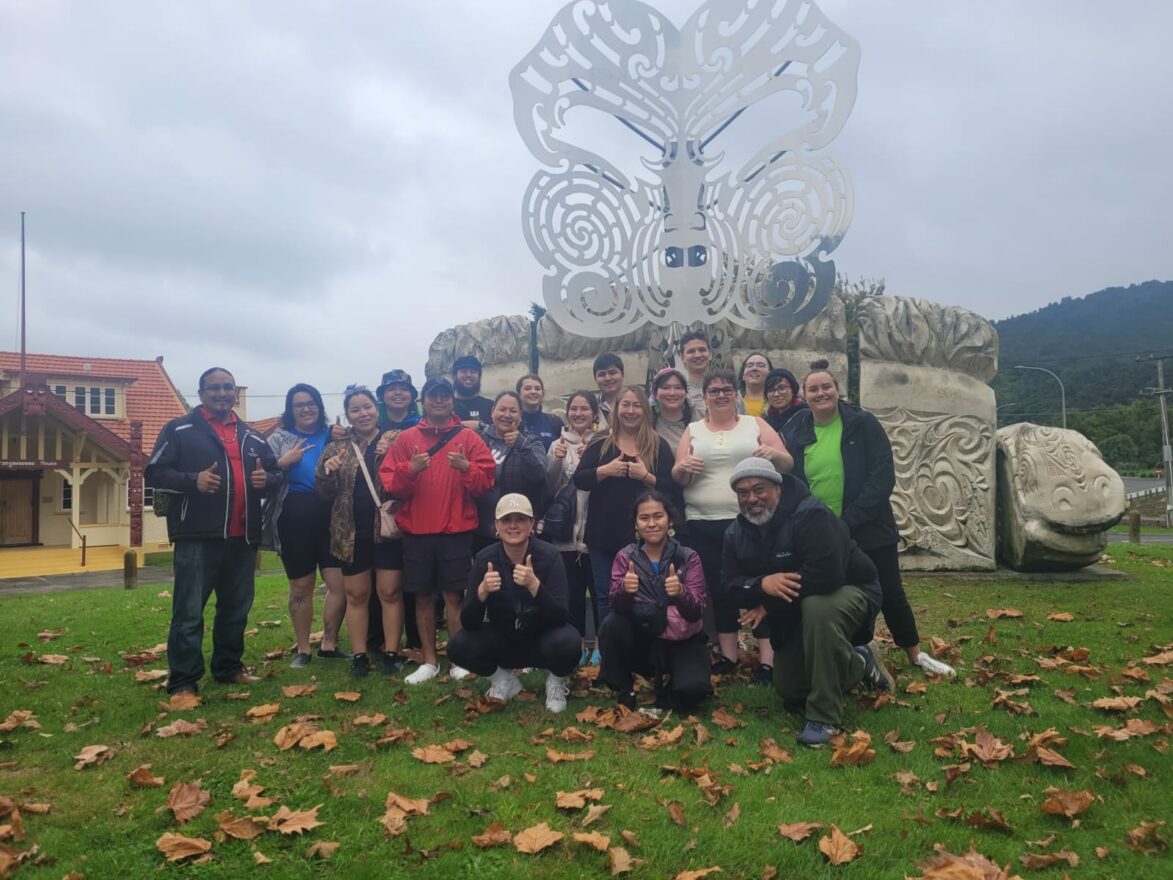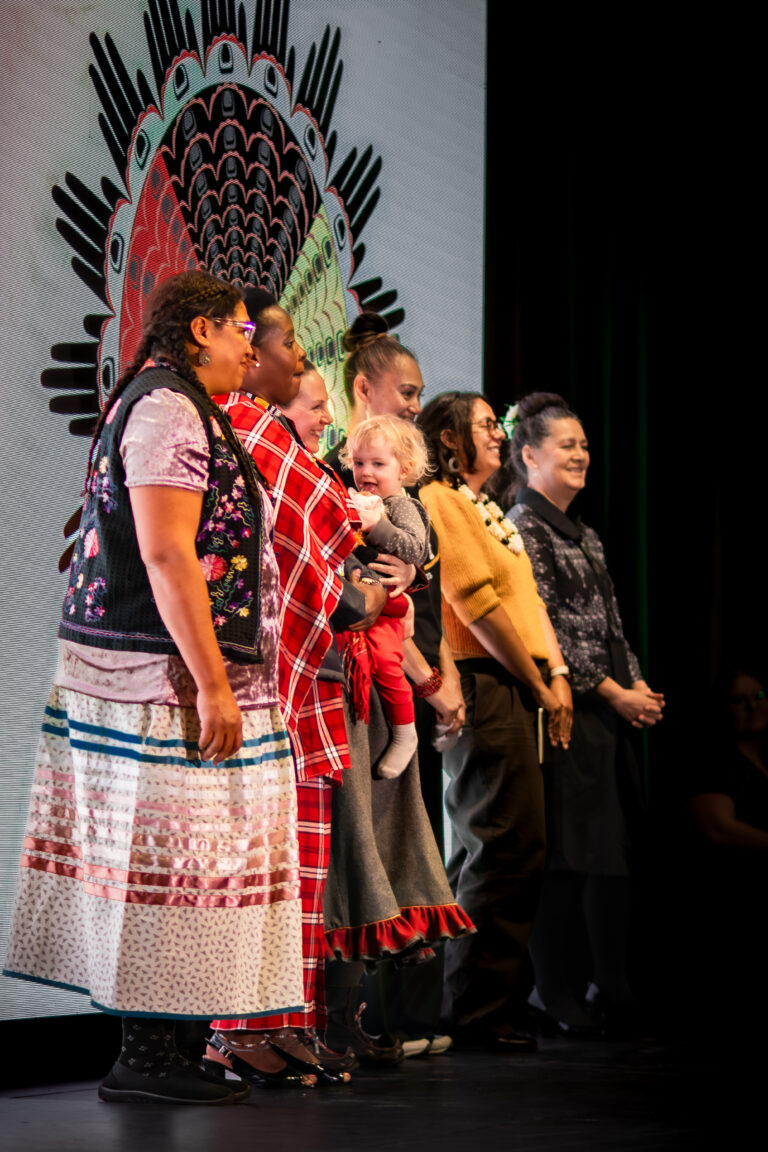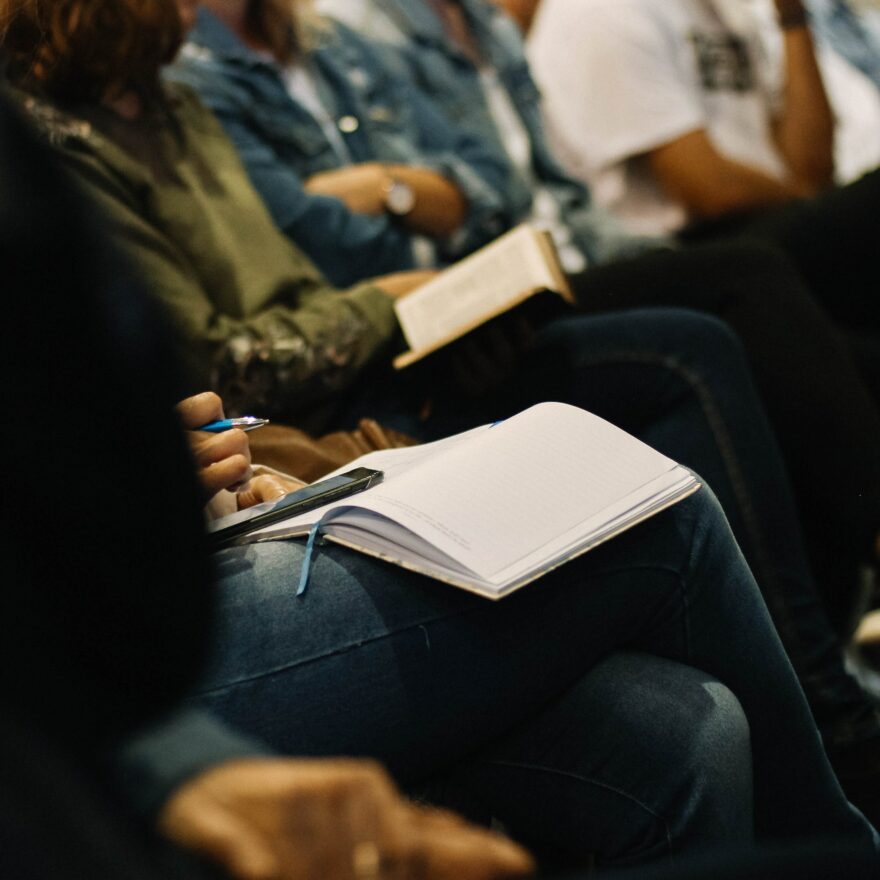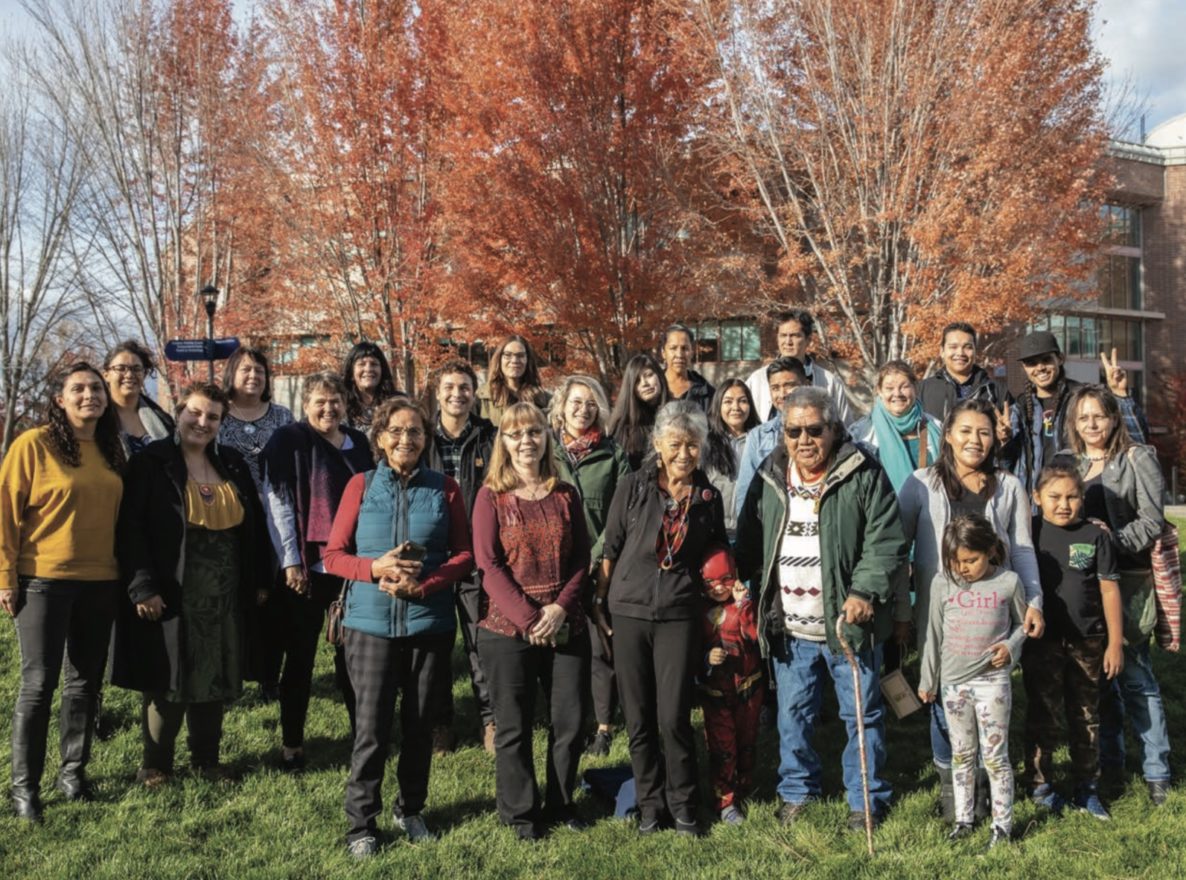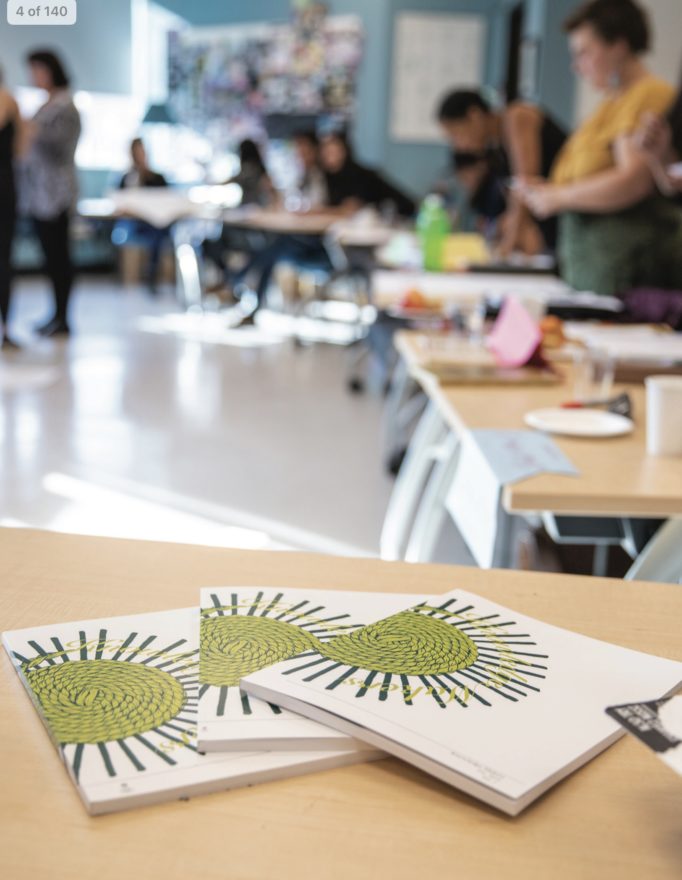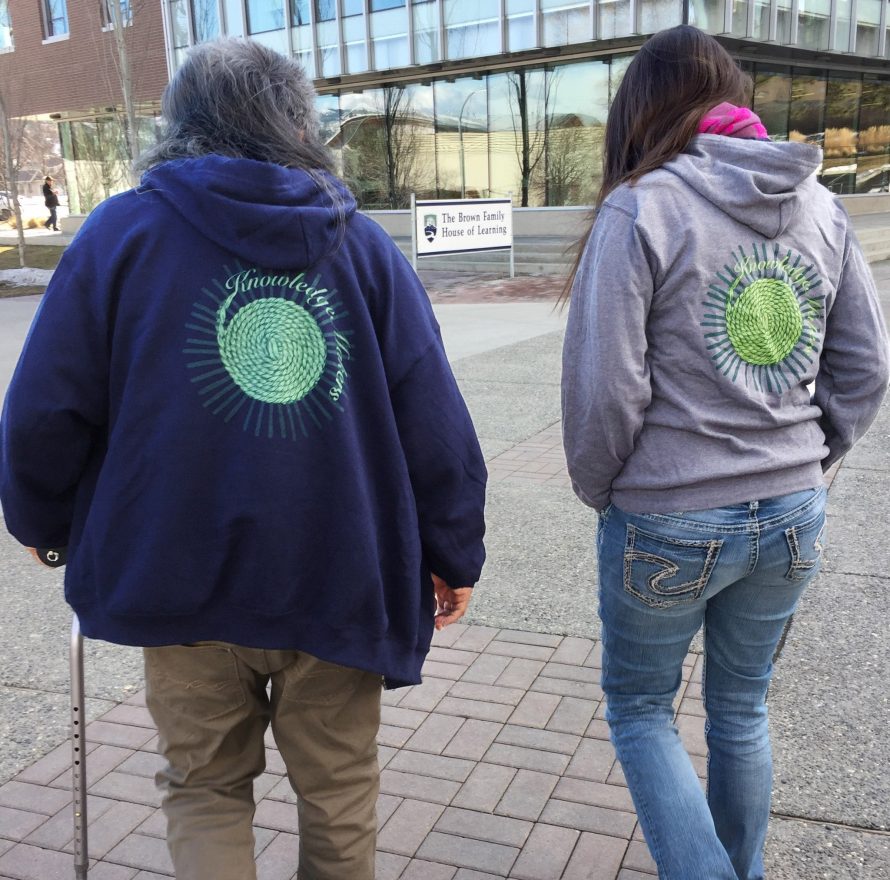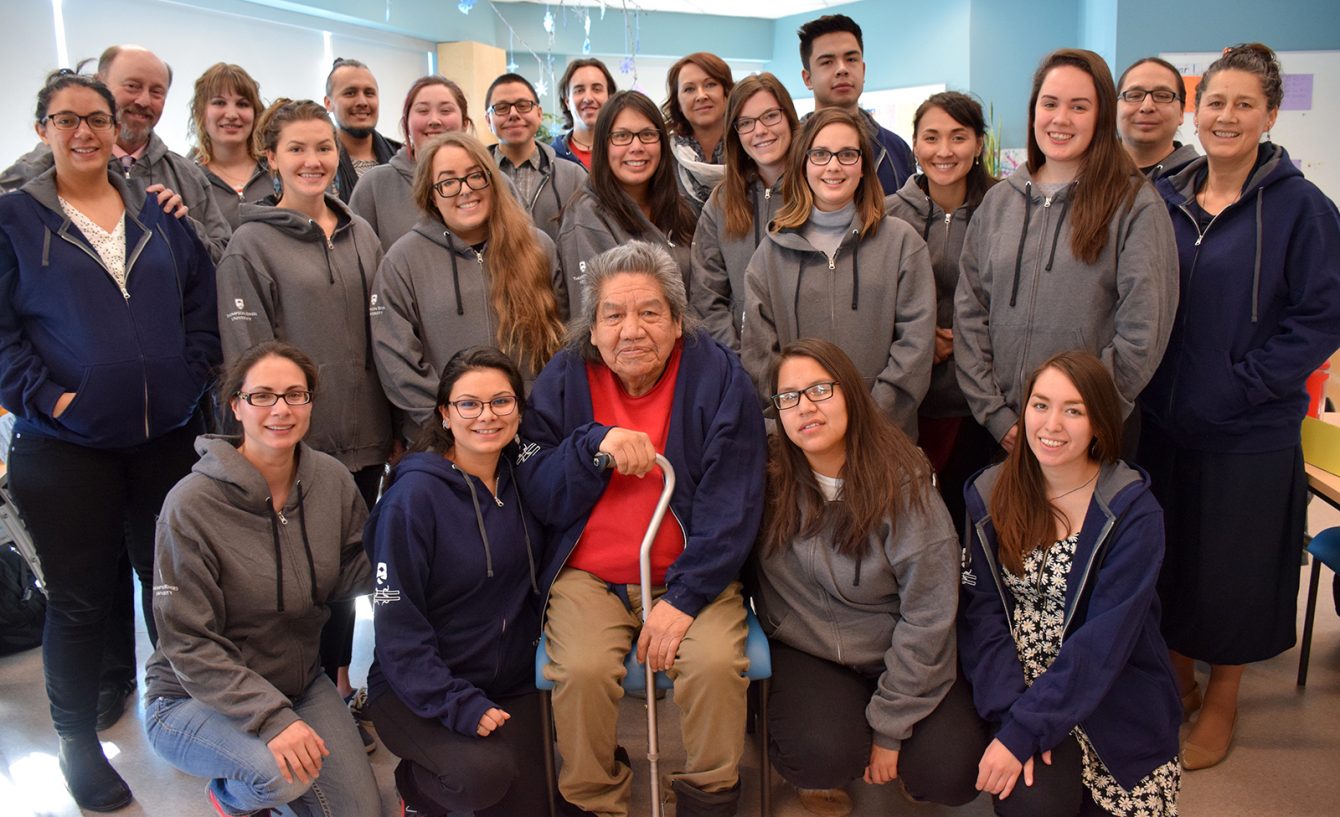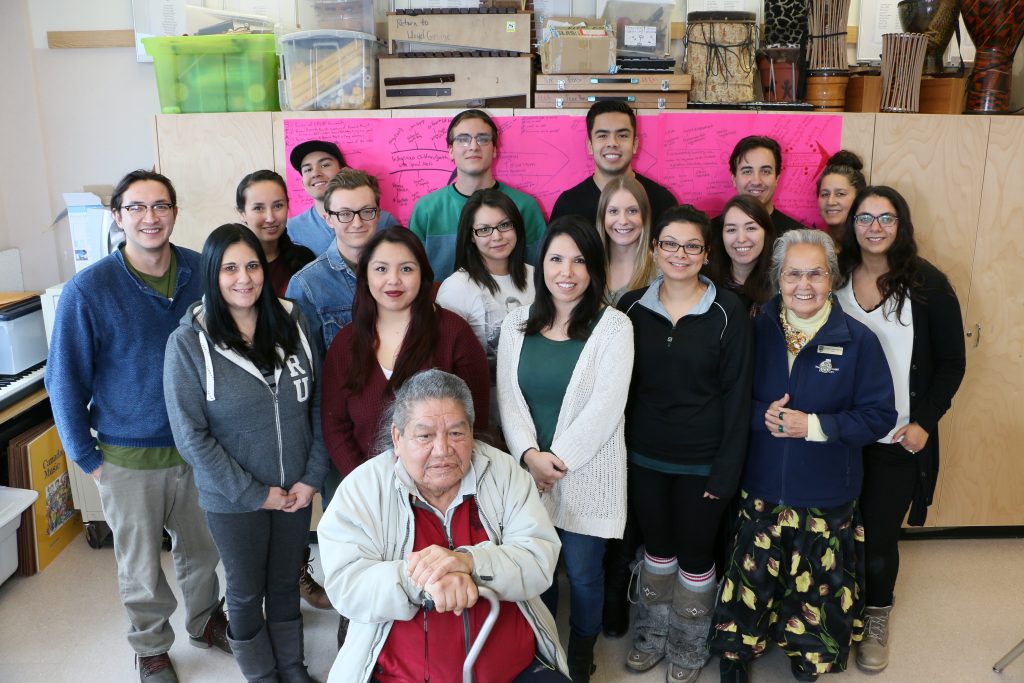Our Legacy
The Journal Volumes
We have published 10 Volumes. As of 2023, Knowledge Makers has featured over 100 undergraduates, 50 Graduates and Knowledge Makers alumni, and 15 Elders and Faculty.
The papers in each volume vary and have covered topics across the whole range of academia. This includes topics from fine arts to education to physics, and every year we hope to include even more topics and voices in our research network.
With each volume of Knowledge Makers, we are not only able to connect and grow our network but also build something together that makes sharing and preserving knowledge possible.
The Volumes
The Tenth Volume
This 10th volume of Knowledge Makers reflects on the idea of Global Indigenous solidarity. Nurturing our community bonds across the world and how embracing our interconnectedness contributes to our collective strength in the face of uncertainty.
Over the course of 2024-2025 Knowledge Makers experienced community knowledge transfer in Aotearoa, Fiji, and Sapmi. The authors within this volume are important community
weavers: facilitating connections amongst a vast community, nurturing a sense of belonging, and working to weave together creative solutions for a better future.
The Ninth Volume
As we look back on 2023, this year marked a significant chapter in the journey of our Knowledge Makers Journal. Beginning with our annual workshop in February, this volume’s cohort embarked on an inspiring path of research and writing. A highlight of the year was a transformative two-week immersive learning exchange in Aotearoa, where our students engaged with Maori hosts at Waikato University, deepening their understanding of Indigenous knowledge.
This edition presents a compelling collection of essays, research, and reflections from Indigenous students across a wide range of disciplines at TRU. Each contribution offers a distinct voice, shedding light on the intersections of Indigenous knowledge, contemporary challenges, and personal journeys, enriching the ongoing dialogues of decolonization and reconciliation.
The Eighth Volume
This volume was a special partnership between the United Nations Food and Agriculture Organization and Knowledge Makers that focused on Indigenous Women, Indigenous Peoples’ Food and Knowledge Systems, and Climate Action.
This edition of the Knowledge Makers program brought together an international cohort of 16 Indigenous women to strengthen and increase skills for Indigenous-led knowledge sharing and research.
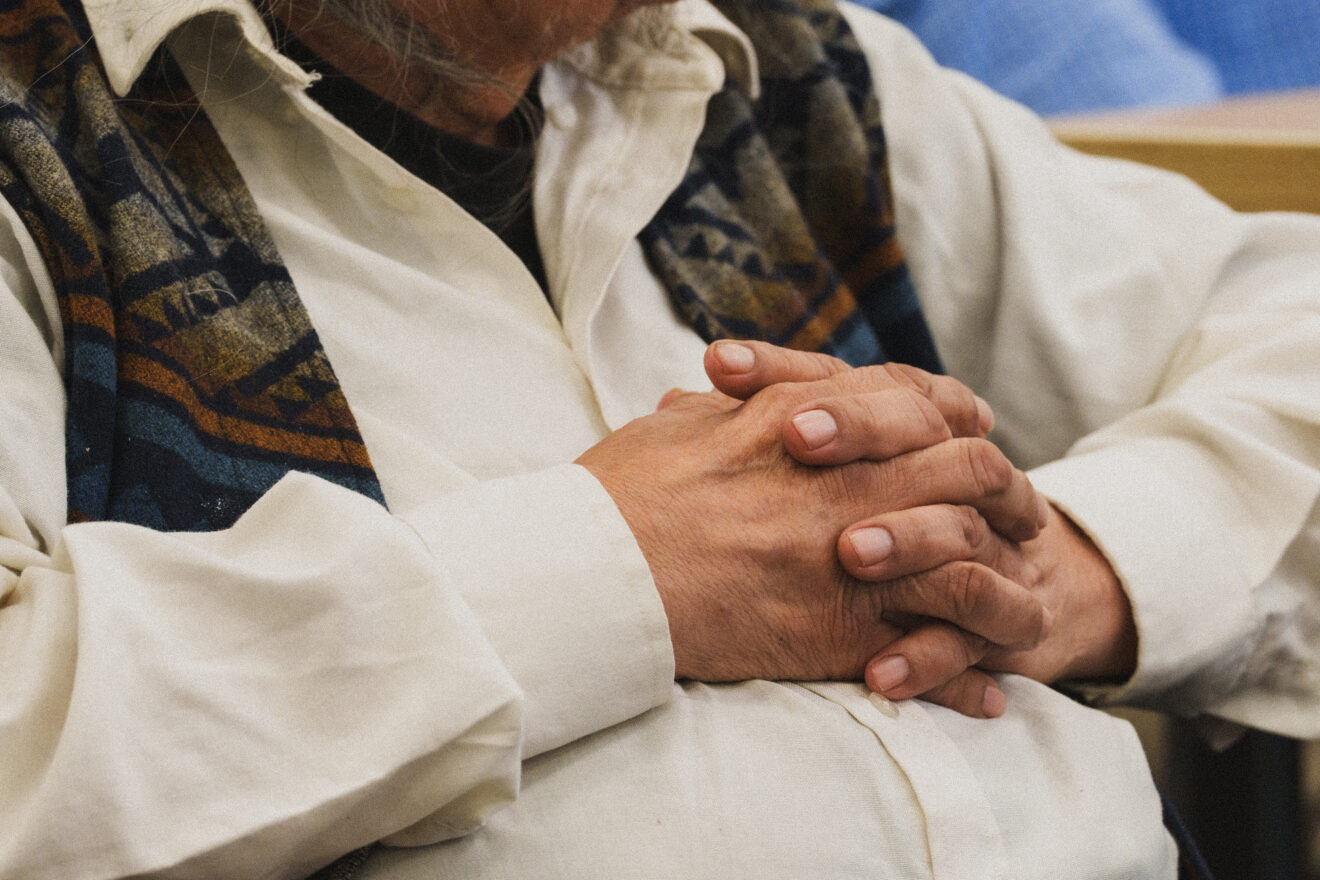
The Seventh Volume
Knowledge Makers Volume 7 was never brought to print, as the COVID-19 pandemic disrupted many lives and plans, including this edition. Though it remains unpublished, we continue to hold space for Volume 7 as a gesture of remembrance and respect.
This volume represents more than missing pages—it holds the memory of the Knowledge Seekers, Knowledge Makers, and Knowledge Holders whose lives were lost or forever changed during the pandemic.
In honoring this absence, we recognize the immeasurable contributions of those who carried knowledge, shared stories, and nurtured community. Volume 7 stands as a quiet offering to their memory and a reminder of the strength and continuity of Indigenous knowledge, even in times of great loss.
The Sixth Volume
As we reflect upon the year 2021, it becomes evident that it stood apart from any other in recent memory. Amidst the challenging backdrop of a global pandemic, our collective sense of unity and togetherness underwent a remarkable transformation, driven by an unwavering commitment to prioritize safety and well-being.
In line with these extraordinary times, the 2021 journal edition took on a distinct character of its own. Within its pages, we celebrated a diverse tapestry of contributors, encompassing not only undergraduates but also a spectrum of accomplished individuals ranging from esteemed alumni, exceptional PhD students, and dedicated masters candidates, to our revered Elders and esteemed faculty members.
The Fifth Volume
Our 2020 journal had 21 contributors. We begin with a remembering of Elder Estella Patrick-Moller, to whom this journal is dedicated, and her inspiring ways and words. The papers within helped us to discover the interconnectedness of the path we walk and the impact of tourism on Indigenous cultures and communities.
We discuss the impact and natural ecological influences that climate change left on Indigenous women. We discuss the preservation of culture through art and the value of holding onto traditional Indigenous ways in contemporary times.
We close with a quote from Elder Estella “Being part of Knowledge Makers has opened up a door that I thought might never happen in my lifetime. I’m just so grateful now that all the knowledge that I have is not going to get lost. I’m so proud of you.”
The Fourth Volume
Our 2019 journal had 24 contributors. We open with Sandra Bandura, who reflects on the words of the Knowledge Makers who came before her and the lessons that they offer: “They are the front line, the leaders, and the inspiration for me and others. By using their voices, I demonstrate the idea of interconnected knowledge and our connection to each other.”
We then share our thoughts on dismantling the Eurocentric foundations of social work, addressing the racism inherent in the justice system, and the impact of colonization on language retention. From there we discuss the loss of medicinal plants, responses to macroaggressions, seeing justice for our communities, healing from addiction, and residential schools.
We reflect on our family histories and how they tie to the wider colonial project, and the failure of the justice system to uphold the honour of our families, and we ask Thompson Rivers University to uphold its commitment to Indigenous learners. We close with Stephanie Tour and her reflections on learning to “jig in both worlds” as she balances Indigenous knowledge-making and the academy.
The Third Volume
Our 2018 journal had 21 contributors. We open with Aaron Fredborg, who explores the impact of the current K-12 system on Indigenous students and suggests a way forward that is inclusive of all learners.
We share our thoughts on Indigenous research, the importance of our languages and cultural practices in resurgence, self-determination, and self-governance, and how our epistemologies can interact with Western epistemologies. We reflect on authentic tourism experiences, the cultural and ecological impacts of declining salmon stocks, and our own biases.
Our last article comes from Roxie Defant, who urges us to “forget decolonization and reconciliation” and “start with radical cultural resurgence.” We close with words from Elder Mike Arnouse, who reminds us what we do as Indigenous researchers is share our people’s knowledge, and stories in ways that are inspired by Coyote. This has been a great journey that is a privilege to share with everyone.
The Second Volume
Our 2017 journal had 22 contributors. We open with Marina Troke’s paper on the critical potency (like ‘lightning’) of Indigenous researchers being knowledge makers.
The following papers then weaved together knowledge-making with identity, youth, art, research methods, international understandings, technology, social work, e-portfolios, substance abuse, communication, researcher mentoring, culture and politics, tourism, cultural safety, sustainable hunting, achievement in post-secondary education, Secwépemc research, and Secwépemc epistemology.
Past Knowledge Makers and established Indigenous scholars were threaded alongside the undergraduate Knowledge Makers’ papers, further strengthening our expanding Knowledge Makers research community.
We closed with Elder Mike Arnouse’s words, who reminded us that we come from strength; through our work together as knowledge makers we draw on our “original capabilities.” It is this collective strength, this potential, that is so present throughout this Knowledge Makers journal.
The First Volume
Our 2016 journal had 21 contributors. We opened with Marcus Scherer’s reflections on his participation in Knowledge Makers, which reminds us of the importance of research and how research and education have shaped us all.
We then shared our thoughts on Indigenous research methodologies, photography, education, governance, law, environment, and identity.
We closed with Elder Mike Arnouse, whose words took us back to a moment in time where we shared stories, laughter, and song, and reminded us that our efforts today can influence future possibilities.
The Volumes
To view information on any of our previous volumes, learn about the authors, or access the free PDF of the journal click the volume you wish to see to open that tab.
reach out to us!
If you have questions about the journal or upcoming publications that our website doesn’t answer, send us a message—we’ll do our best to help you.
